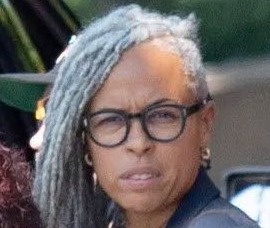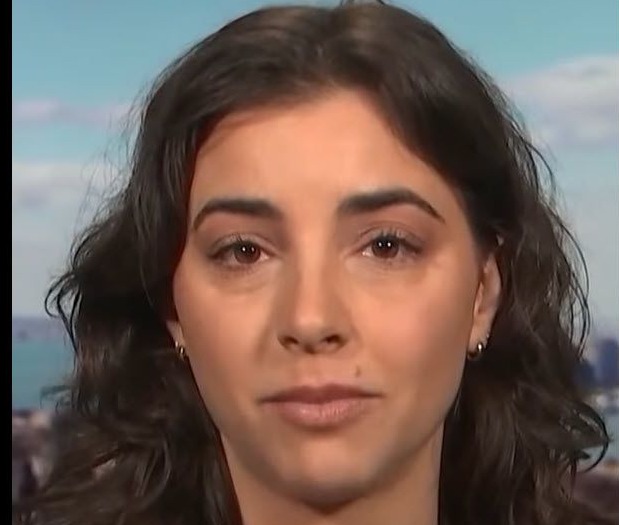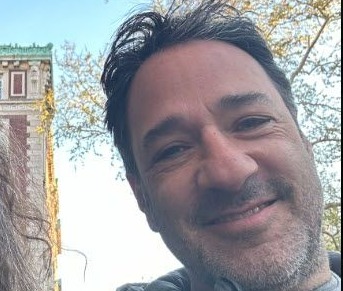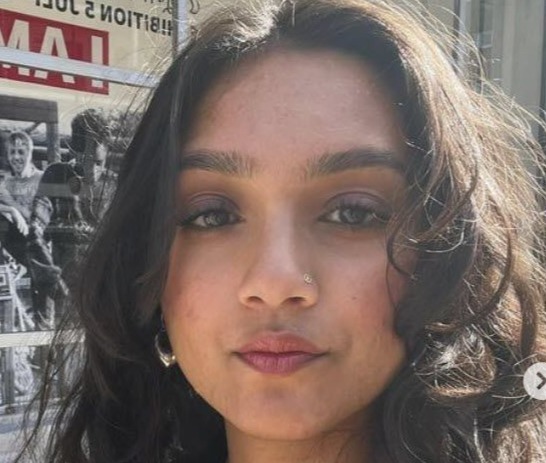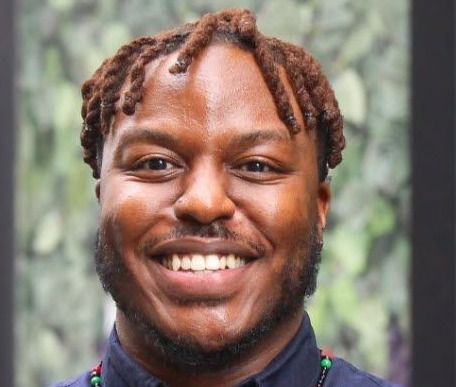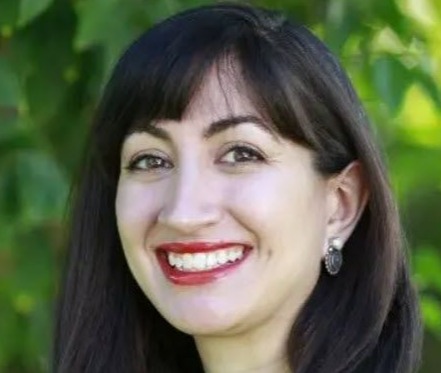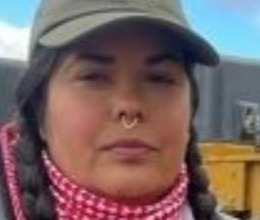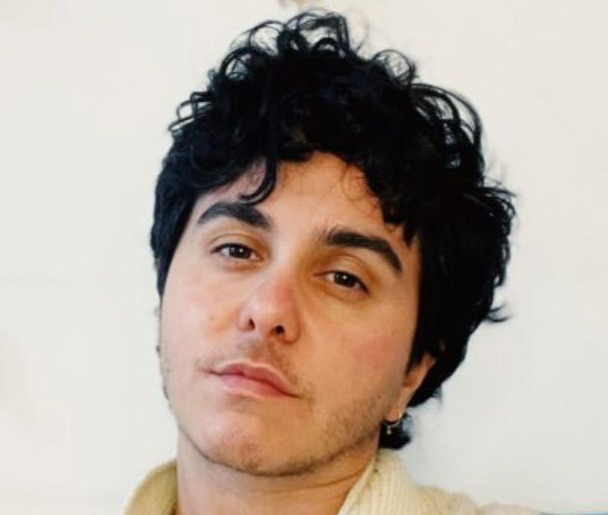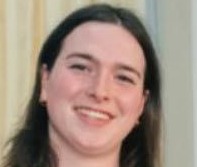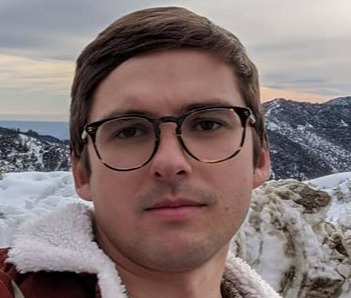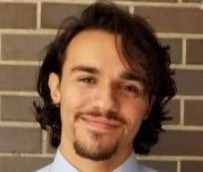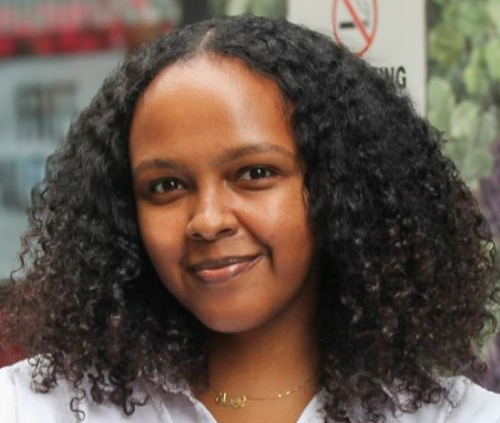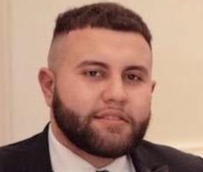From Tehran to Columbia:
Inside America's Student Intifada
From Tehran to Columbia:
Inside America's Student Intifada
- 1. Introduction
- 2. Executive Summary
- 3. Key Findings
- 4. Hamas Forms the Global Youth Network
- 5. The Hamas-Iran Alliance
- 6. Hamas Organizes in America
- 7. Network Strategy
- 8. Grooming Columbia
- 9. Columbia Timeline: October 2023 - April 2024
- 10. Columbia’s Encampment Sparks a Nationwide Movement
- 11. Encampment Timeline: April - May 2024
- 12. Gates Open to Outside Extremists
- 13. Harassment of Jews
- 14. SJP Mirrors Hamas
- 15. Administrative Complicity
- 16. Conclusion
- 17. Methodology
- 18. Student Profiles
- 19. Faculty and Staff Profiles
- 20. Outside Agitator Profiles
Introduction
This report shows how foreign terror organizations – all proxies of Iran – and their American affiliates transformed Columbia University into a gateway hub for Hamas’ activism in the United States. It further reveals the complicity of Columbia University’s administration and faculty in this endeavor.
The report also exposes the key players at Columbia promoting foreign terror and the massacre of Jews, from faculty to students as well as the outside agitators to whom Columbia opened its gates.
5 Ways to Help Us Fight Back
- Share the Video
- Subscribe to Canary Mission
- Follow Canary Mission on X and Instagram
- Write to your Congressperson and urge them to investigate Columbia University, as well as any other university that has allowed expressions of terrorism to run rampant on their campuses.
- Help us grow - Donate Now!
Executive Summary
While the world was reeling in shock at the brutality of Hamas’s attack on October 7, 2023, Columbia’s chapter of Students for Justice in Palestine (SJP) saw an unprecedented opportunity to carry out the wishes of its ideological mentors, Iran and its proxy, Hamas.
On October 5, just two days before the massacre and after months of inactivity, Columbia SJP began posting on its social media pages again. By October 7, it was primed and ready to go, with National SJP (NSJP) choosing Columbia as the ideal place to launch its nationwide strategy in support of Hamas’ terror campaign.
National SJP
Since its inception in 2010, NSJP has unfalteringly echoed the goals of Hamas’ founding charter, which calls on its supporters to take all of "Palestine" from the Jews and destroy the State of Israel.
It is not surprising that the organization that founded National SJP, American Muslims for Palestine (AMP), is comprised of former members and supporters of Hamas.
In 2011, Columbia University hosted the first NSJP conference.
At the conference, SJP adopted “points of unity,” including “ending Israel’s occupation” and calling for the right of return (i.e., the destruction of Israel). Columbia professors participated, with Rashid Khalidi giving the opening remarks and Mahmood Mamdani a keynote address.
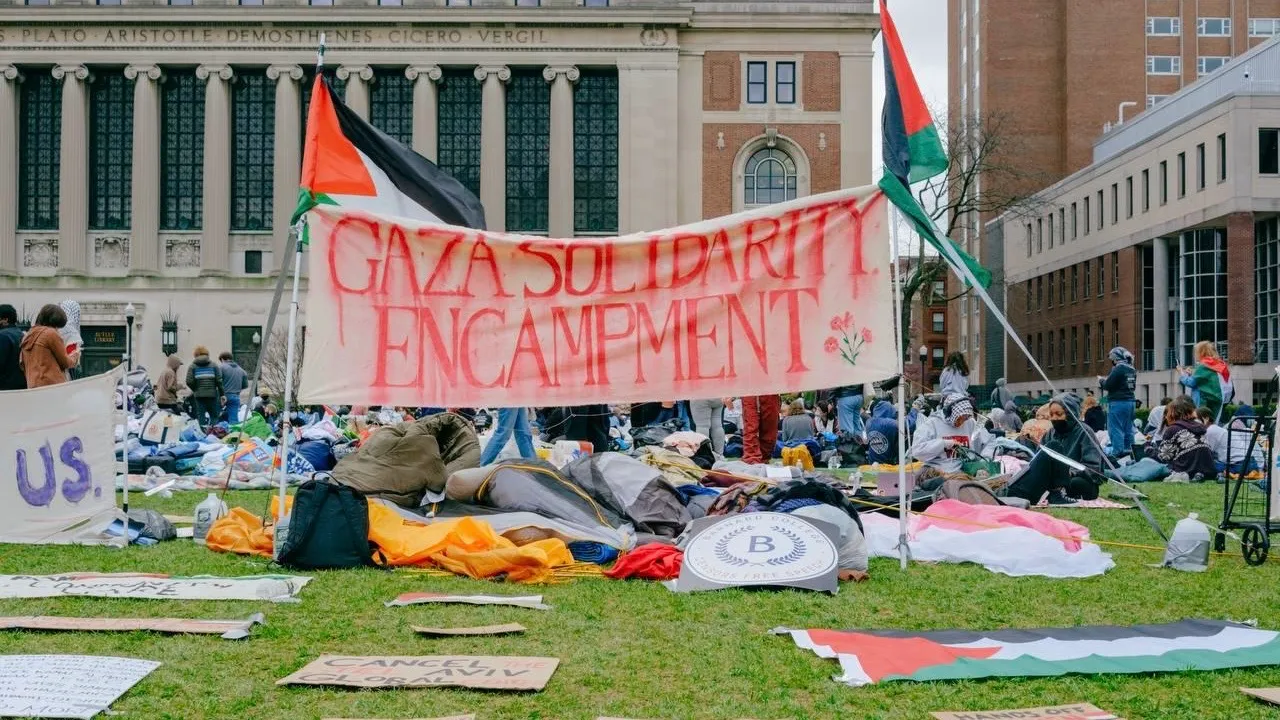
Columbia as a National Model
Immediately following the Hamas massacre, NSJP turned to its Columbia chapter to promote its national strategy. That strategy consisted of:
- Framing the attack as Israel’s fault and terrorism as legitimate “resistance”
- Contextualizing the attack in the language of revolutionary Marxism and colonial oppression
- Espousing anti-war rhetoric (this was later abandoned)
Columbia SJP flawlessly executed the strategy, orchestrating campus protests and normalizing Hamas’s antisemitic and violent rhetoric and imagery.
Administration and Staff
There was little or no pushback from Columbia’s administration, which chose to disregard the group’s open glorification of terrorism as well as the pleas of Jewish students and faculty who were harassed, threatened and isolated on campus.
In contrast, anti-Israel students were backed by members of the Columbia group Faculty and Staff for Justice in Palestine (FSJP) as well as the university’s senate, Middle East Institute and Center for Palestine Studies, among numerous other departments.
At one point, pro-Hamas faculty members even served as “security officers,” excluding Jewish students from entering the encampment and protecting protesting students from any consequences from the administration.
Although the administration suspended SJP in November 2023 for an “unauthorized” protest and “threatening rhetoric and intimidation,” it allowed the group to rebrand as Columbia University Apartheid Divest (CUAD).
CUAD proceeded to amp up SJP’s antisemitic rhetoric and violent intimidation tactics to pressure the university to divest from Israel. CUAD was also in full collaboration with other pro-terror groups, including AMP, NSJP, Samidoun, Within Our Lifetime (WOL), Palestinian Youth Movement (PYM), Al-Awda and more, all of which supported SJP’s activities at Columbia.
The Gateway Hub to North America
By April 2024, CUAD launched what would become the template for anti-Israel protests across the country: an encampment on university grounds to establish the “Popular University of Gaza.” Through the encampment, NSJP’s stated plan was to “seize control of our institutions, campus by campus, until Palestine is free.”
The encampment cemented Columbia as the most infamous pro-terror hub, while Columbia activists subsequently helped drive the movement nationwide.
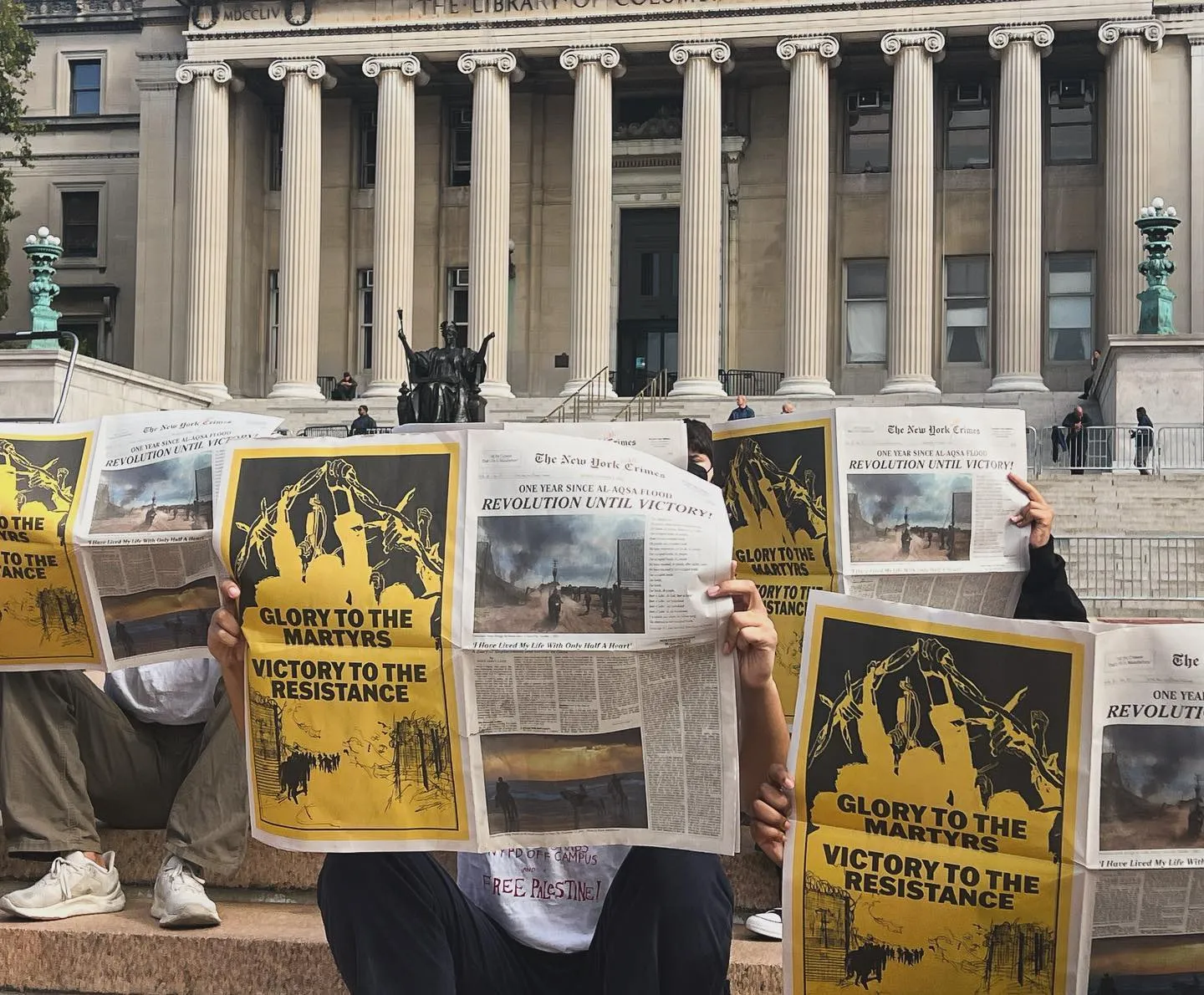
Key Findings
NSJP and SJP have openly declared their affiliation with Hamas and view themselves as part of Hamas’ Operation Al-Aqsa Flood terror campaign.
SJP chapters on college campuses across the U.S. serve as student arms of Iran’s terror proxy, Hamas.
Long before the October 7, 2023 attack, these organizations aligned themselves with Hamas’ agenda and the destruction of Israel and the USA.
Following October 7, NSJP responded to calls by Hamas to engage in mass protests in the U.S. and activated Columbia SJP as its first and model chapter to ignite the campus protest movement.
Columbia's ban of SJP was a PR move. The administration allowed the group to rebrand as Columbia University Apartheid Divest (CUAD) and break the same university rules.
Columbia allowed Faculty and Staff for Justice in Palestine (FSJP) - the faculty equivalent of SJP - to foment anti-Israel protests on campus, harass Jewish students, and protect pro-terror students from disciplinary action and arrest.
The administration and faculty facilitated the unlawful encampment and protected students from the consequences of breaking university rules.
NSJP correctly reasoned that Columbia and its anti-Israel faculty members provided the perfect ecosystem for launching its national encampment strategy.
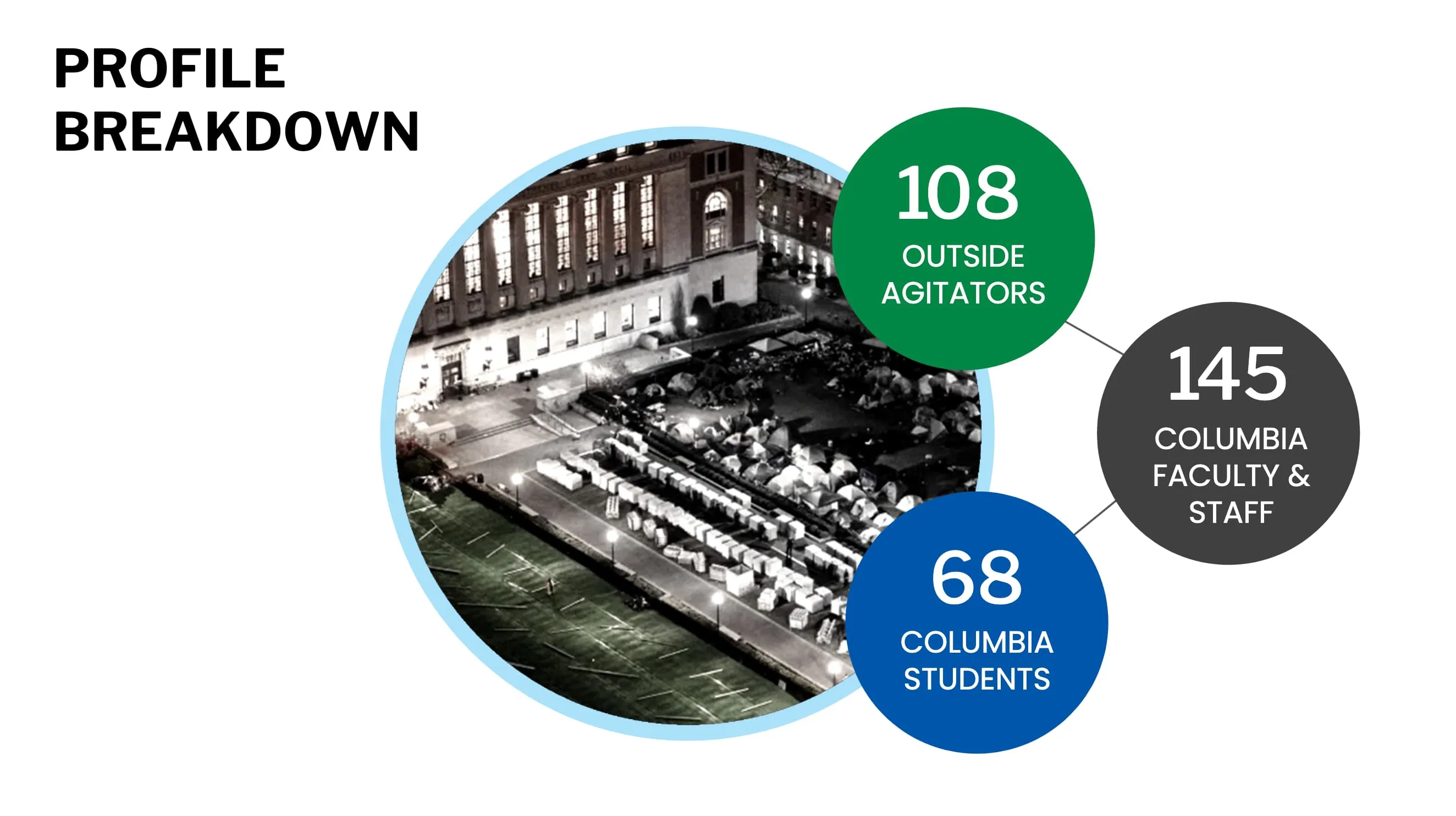
Canary Mission thanks Documenting Jew Hatred on Campus, which helped provide essential data for this report. Read more information about Columbia from Documenting Jew Hatred on Campus here.
Hamas Forms the Global Youth Network
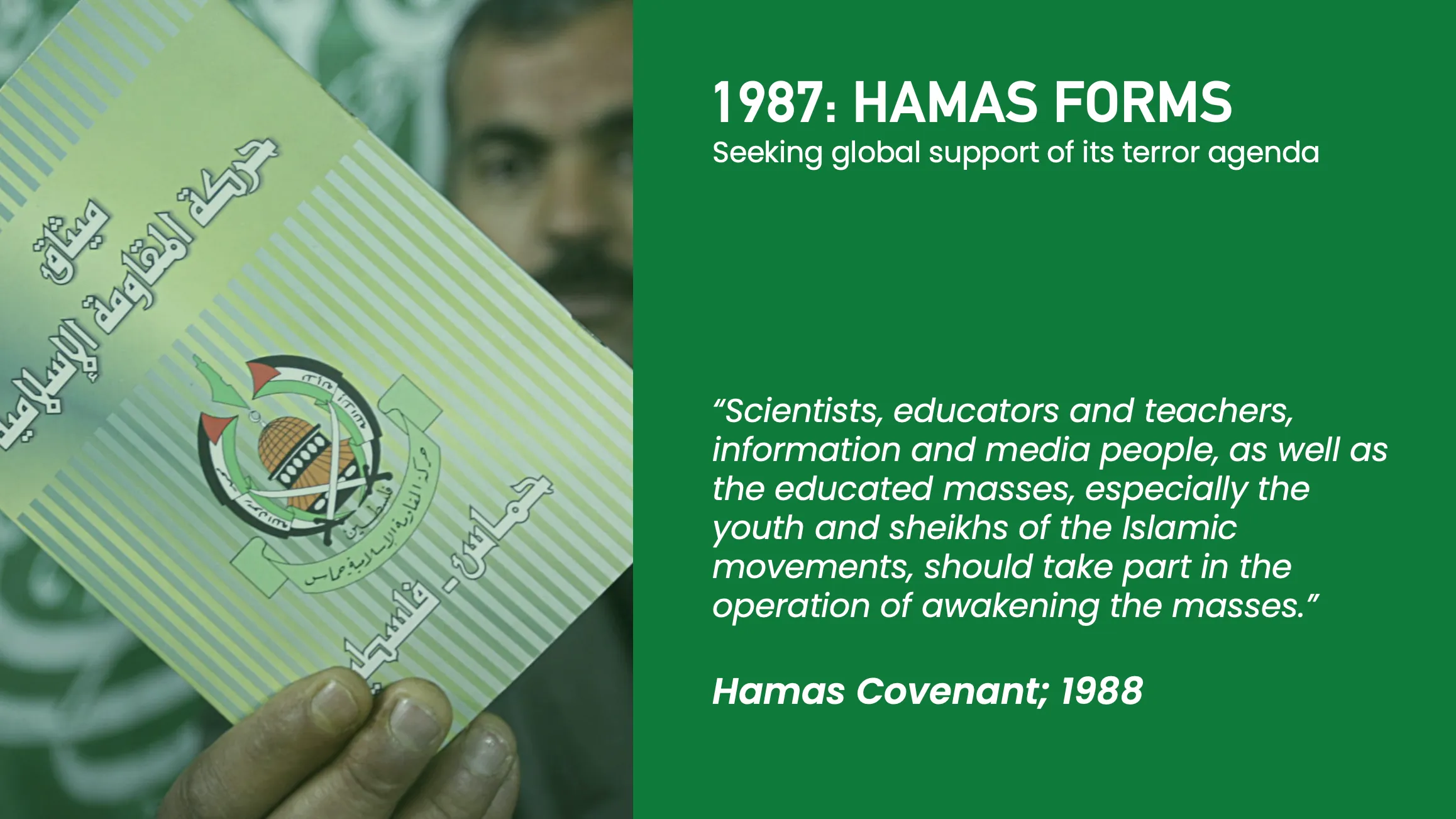
Hamas, which refers to itself as the “Islamic Resistance Movement,” is a terrorist organization dedicated to destroying Israel and killing Jews.
Hamas was formed as the Gaza branch of the International Muslim Brotherhood, a radical Islamist group founded in Egypt before World War II.
The Hamas Covenant, released in 1988, calls for global support and facilitation of its terror agenda:
- “It is necessary that scientists, educators and teachers, information and media people, as well as the educated masses, especially the youth… should take part in the operation of awakening (the masses). It is important that basic changes be made in the school curriculum…” (Article 15)
- The Arab world as well as intellectuals should “work towards rallying support for it [Hamas]” and “supplying it with strategic depth in all human material and informative spheres, in time and in place.” (Article 29)
- “Jihad is not confined to the carrying of arms and the confrontation of the enemy. The effective word, the good article, the useful book, support and solidarity…all these are elements of the Jihad…” (Article 31)
Hamas revised its charter in 2017. The new charter pinpointed what proved to be a winning strategy for Students for Justice in Palestine (SJP), one of Hamas’ most prominent and effective propaganda arms in America:
- Identify Israel as a racist, colonial “Zionist project” [Article 14]
- Separate Judaism and Jewish identity from Zionism [Article 16]
- Frame the “liberation of Palestine” as a “duty” for Palestinians, Muslims and Arabs and a “humanitarian obligation” for all others [Article 24]
- Declare violent armed resistance as a “legitimate right” that can be accomplished “by any means necessary” [Article 25]
By April 2024, Hamas was explicitly expressing solidarity with anti-Israel protesters at Columbia and on college campuses across America who were advancing the group’s terror agenda on U.S. soil.
The Hamas-Iran Alliance
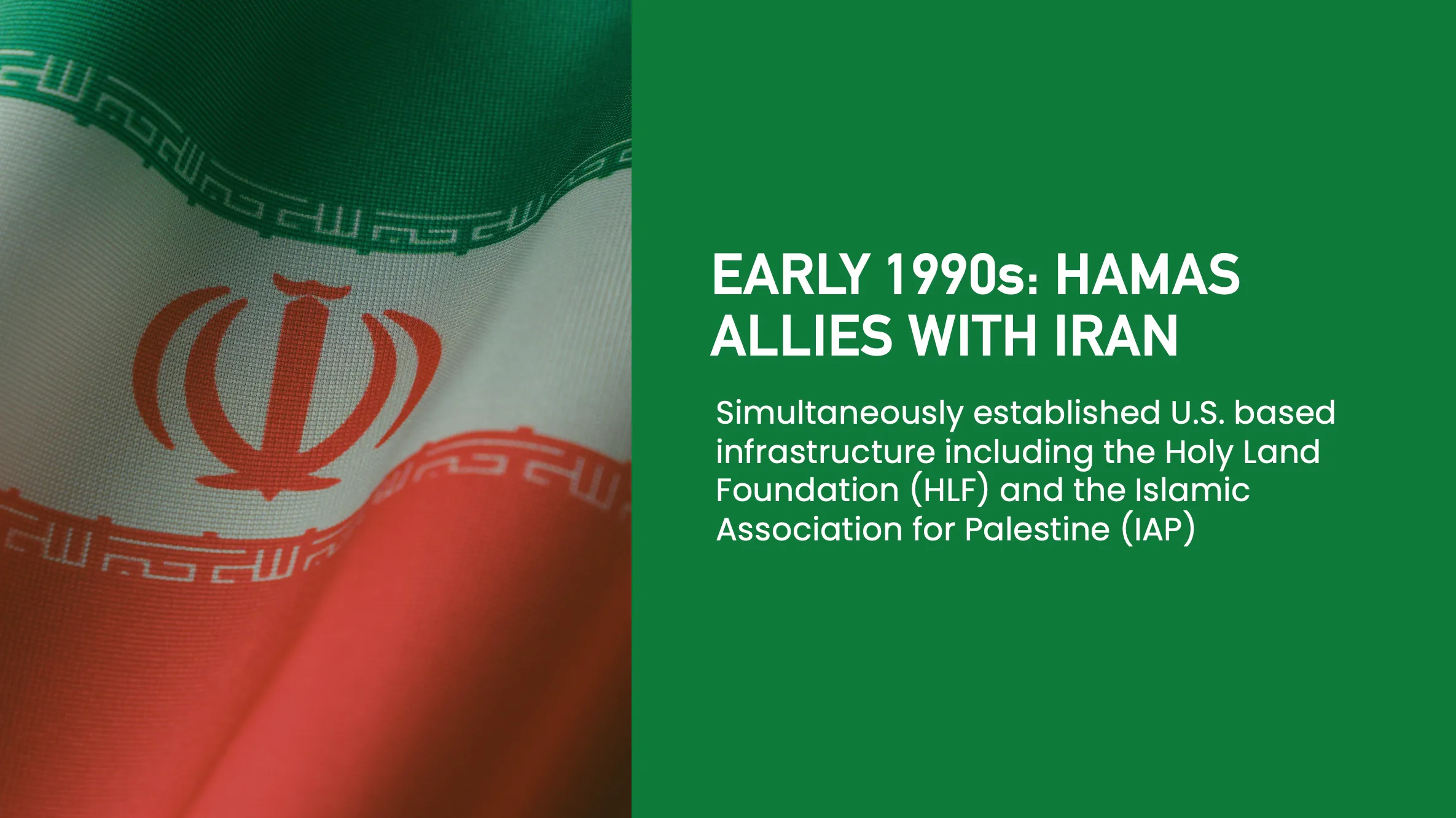
In October 2024, the George Washington University (GWU) Program on Extremism published a report titled “How Hamas’ Early Ties with Iran Were Brokered from the US.”
The report cited a document introduced in the 2008 federal case against the Holy Land Foundation (HLF), an organization that was found guilty of funneling money to Hamas in the largest terror funding trial in American history.
The document revealed that the very first meetings of Hamas and the Iranian regime took place in September 1990 in the United Arab Emirates and were led by Mousa Abu Marzook, the current deputy chief of the Hamas Political Bureau. At the time, Marzook was a student at Louisiana Tech University in Ruston, Louisiana.
The report described that while Marzook worked to gain Iran’s commitment to financially support Hamas, he was “busy establishing and overseeing the US-based HAMAS infrastructure which included the Holy Land Foundation (HLF), the Islamic Association for Palestine (IAP), and the United Association for Studies and Research (UASR).”
“Marzook was a master strategist and understood the need to use his resources in the US, along with allies like Iran, to achieve its goals of annihilating Israel.”
Marzook was the head [p.7] of the U.S. Palestine Committee, which was founded in 1988 as a “subgroup” of the Muslim Brotherhood in America for the purpose of aiding the newly formed Hamas terror organization. Marzook was “instrumental” in the foundation and development of IAP, the precursor [p.15] to American Muslims for Palestine (AMP – see below).
In October 2024, the New York Post reported that Marzook was designated as a Specially Designated Terrorist (SDT) in 1995. He was deported from America in 1997 and currently lives in Qatar.
Iran’s Agenda
Iran’s agenda can be summarized in a speech by Masoud Aali, an Iranian religious scholar, which aired on IRINN (the Islamic Republic of Iran News Network), a regime channel, on October 24, 2024.
Speaking about Iran’s ultimate goal, Aali declared, “If you manage to conquer [Israel], you can conquer the West. Israel is the executive arm of Western hegemony. If you cut off this arm, Western hegemony will collapse.”
Iran fundamentally views Israel as the impediment to their goal of world domination as per their End Times theology. This theology states that the “12th Imam” (also known as the Final or Hidden Imam) will arrive to herald this era.
As Aali explained: "From the beginning of the Revolution, our Imam [Khomeini] presented the destruction of Israel as a religious idea and strategy, and not as a political idea … He knew that Israel has to be annihilated for [the Hidden Imam] to appear. He knew that the Western hegemony was meant to collapse. He knew that the West is the backbone of Israel. If this arm [Israel] is cut off, the West will be shaken."
To this end, Iran funds terror groups – most prominently Hamas and Hezbollah – as their proxies to destroy Israel and thus, ultimately, the West.
Hamas Organizes in America
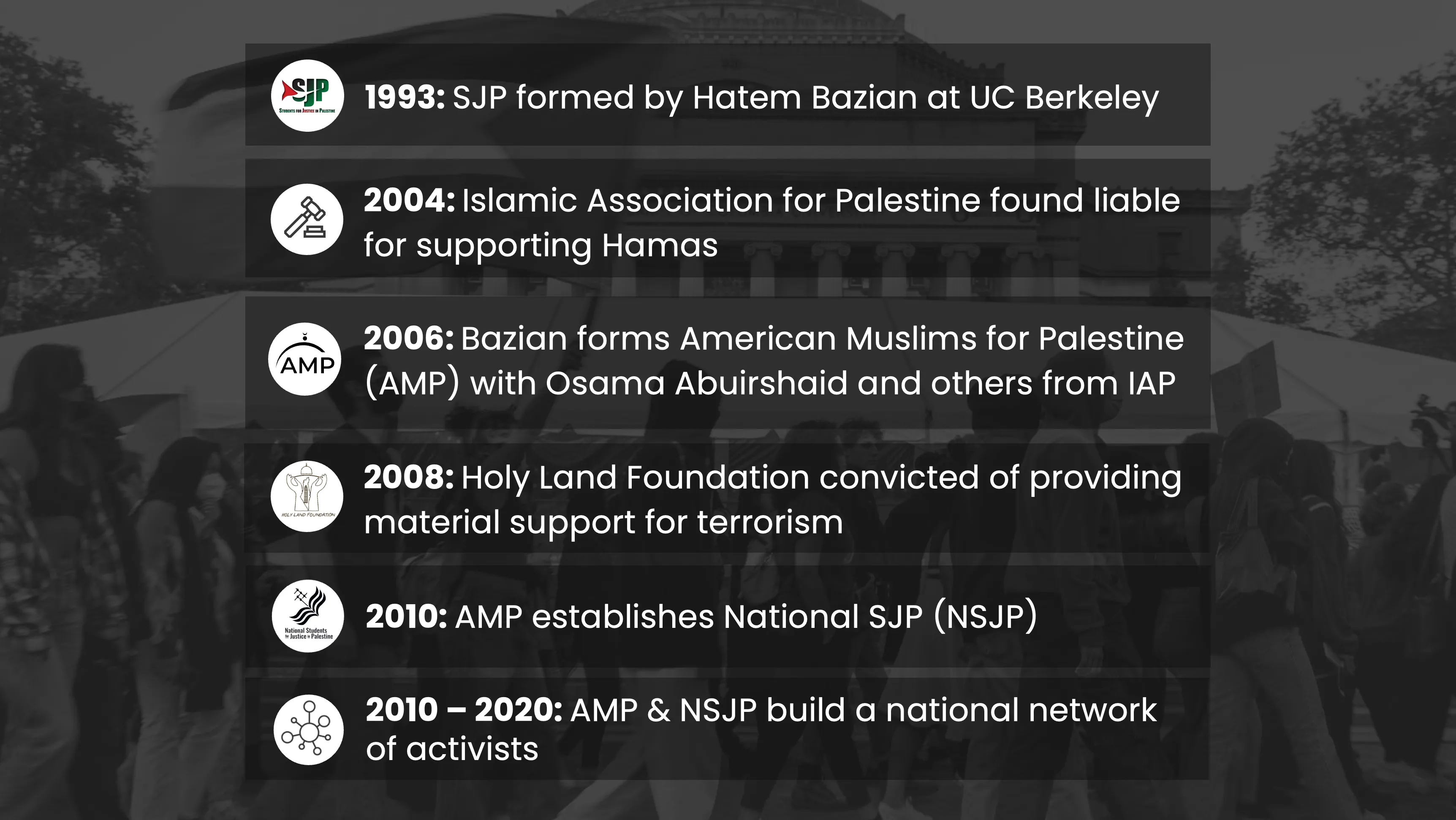
In 1988, the year after the formation of Hamas, the Muslim Brotherhood convened the “Palestine Committee” with the goal of “increasing the financial and the moral support for Hamas” in America.
In 1993, the FBI wiretapped a meeting in Philadelphia of top Hamas activists in the United States where discussions were held on how to improve activities in support of Hamas within America and shield Hamas from being designated a terrorist organization.
By 1997, the United States had all the information it needed and designated Hamas as a foreign terrorist organization.
American Muslims for Palestine
American Muslims for Palestine (AMP) founded NSJP in 2010. AMP continues to manage and control NSJP's organizational structure, which in turn directs the messaging, financing and management of SJP chapters on college campuses across America.
AMP was founded in 2005 by Hatem Bazian. The group spawned from the Islamic Association of Palestine (IAP), which was founded in 1981 by Khaled Mashal, one of the current Hamas leaders.
IAP, whose representatives attended the wiretapped Philadelphia meeting, served as the main propaganda arm for Hamas in the United States and raised money and provided material support for Hamas in America until the group was found civilly liable in a federal district court for supporting Hamas and disbanded.
There is “significant overlap between AMP and people who worked for or on behalf of organizations that were designated, dissolved, or held civilly liable by federal authorities for supporting Hamas,” according to the congressional testimony of Jonathan Shanzer, senior vice president of research at the Foundation for Defense of Democracies.
While many of those people were jailed, deported or otherwise brought to justice, Shanzer noted that “many high-level and mid-level figures…remained in the United States” and “gravitated” to AMP.
The AMP board includes Salah Sarsour who was listed in a 2001 FBI memo as an American fundraiser for Hamas through the Holy Land Foundation (HLF) charity. HLF and its leaders were convicted in 2008 of providing funds to Hamas in the largest terror funding case in America. Sarsour also served eight months in an Israeli prison in 1995 for his connection to Hamas.
Shanzer characterized AMP as “a leading driver of the BDS campaign” in America, providing “speakers, training, printed materials, a so-called ‘Apartheid Wall,’ and grants to SJP activists.”
Osama Abuirshaid, AMP’s executive director, participated [slide 10] in Columbia’s encampment and was seen at other encampments “literally driving the protests and the chants.”
Taher Herzallah, the associate director of outreach and community organizing for AMP, serves as AMP’s liaison to SJP and as a liaison between SJP chapters across the country.
Students for Justice in Palestine Launches
In 1993, Hatem Bazian, then a graduate student at the University of California Berkeley, co-founded the first chapter of SJP. The group floundered in its first few years but was reactivated in 2000 during the Second Intifada.
Ten years later, in 2010, Bazian’s organization AMP launched the National Students for Justice in Palestine organization (NSJP).
In 2011, Bazian predicted at an AMP conference, "The universities – it's gonna be the front line moving forward, the front line. Why? Because this is the next generation."
The next year at an NSJP conference, Bazian called SJP “the story of Palestine activism on U.S. college campuses.”
Two months after the October 7, 2023 attacks, even NSJP co-founder, Osama Qasem, admitted, “he has watched with apprehension as SJP flirts with support for Hamas.”
“There is resistance right now and we want to support that resistance,” he said, “[But,] if you’re going to be an advocate for justice, you have to take a very moral position.”
One year later, it is clear that this “flirtation” has become a reality.
NSJP Readies for October 7
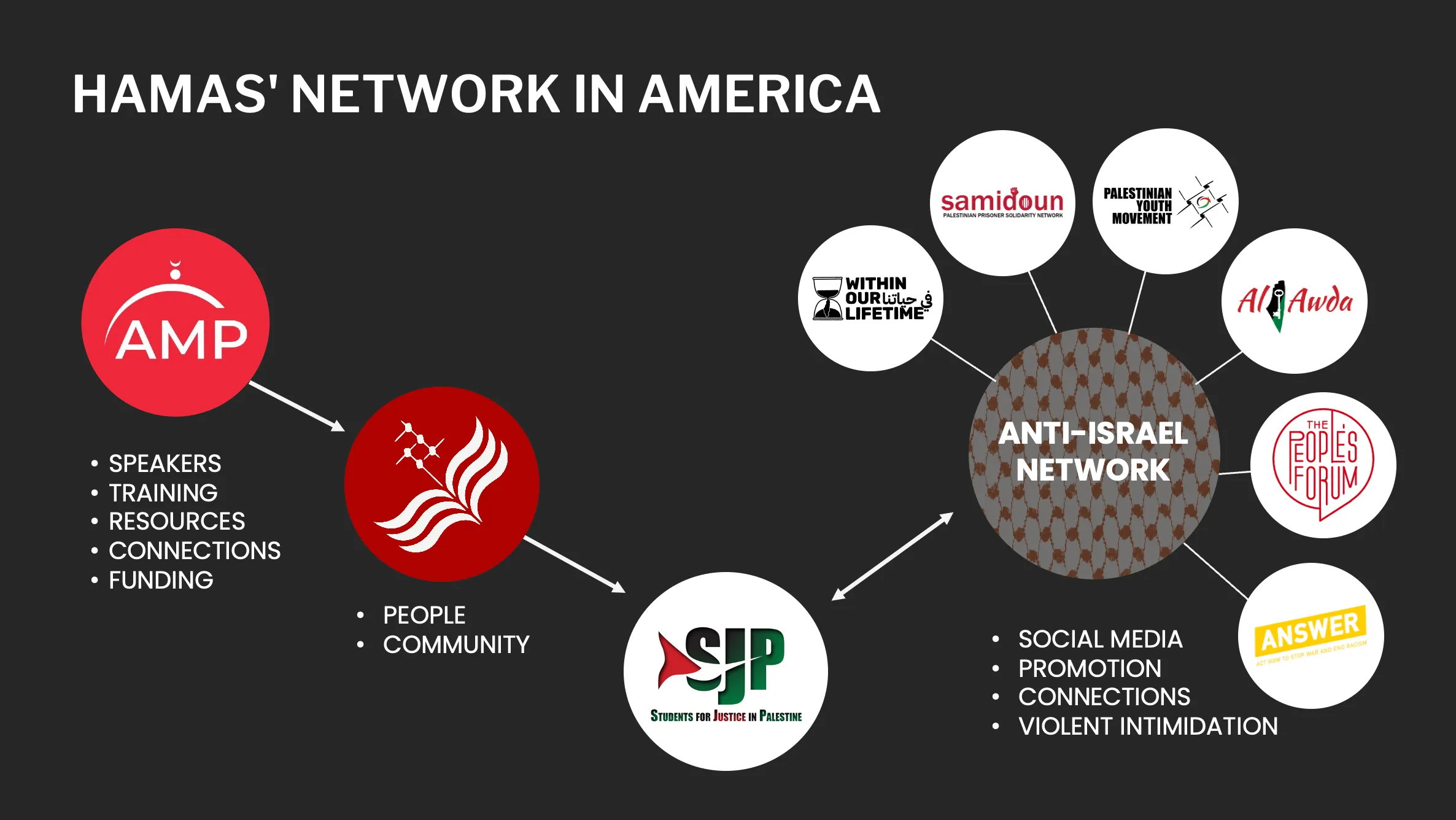
The Spring 2024 issue of Hammer & Hope, a quarterly online magazine of “Black politics and culture,” featured an interview with representatives of five campus “Palestinian solidarity groups.”
The representative of SJP at GWU disclosed, “This is not widely known, but in the spring of 2023, National SJP voted to create a centralized structure, which has allowed us to begin coordinating more not only across campus and our regional context but all over the country. That has allowed us to maintain a unified strategy, as opposed to disjointed actions.”
This centralization has played a crucial role in NSJP's control of the narrative, from printing toolkits post-October 7 for chapters to coordinate campus strategy based on communications from Hamas.
Network Strategy
NSJP was founded at the 2010 U.S. Social Forum, an ongoing gathering of social justice activists across the U.S. The conference was co-sponsored by the Boycott Divestment Sanction Movement’s National Committee (BNC), the Palestinian coordinating body for the worldwide BDS campaign.
The BNC's primary member organization is the Palestinian National and Islamic Forces (PNIF), a group founded in 2000 by arch-terrorists Yasser Arafat and Marwan Barghouti.
PNIF is composed of five US-designated terrorist organizations: Hamas, the Popular Front for the Liberation of Palestine, the Popular Front – General Command, the Palestine Liberation Front and Palestinian Islamic Jihad.
NSJP’s founding at the US Social Forum formalized the goal of pro-terror Palestinian organizations in America to curry favor among Far Left groups under the banner of “social justice.”
Conference organizers expressed an intent to encourage “the US-based Left movement to integrate [into] the Palestinian struggle” to build a “united front” against Israel and the West.
“Students mostly get involved in S.J.P. in one of two ways…they feel connected to the cause because of their identity, or they’re looking for a leftist organizing space,” said Carrie Zaremba, a member of NSJP’s national steering committee in a December 15, 2023 article in The New Yorker titled, “How a Student Group is Politicizing A Generation on Palestine.”
In the same article, Sean Eren, another NSJP steering committee member, said that SJP educates its members “from apartheid to…settler colonialism…And then…we move to imperialism. And then, for example, what does Marxism have to do with Palestine?”
Eren explained, SJP “is oriented in a special way. The idea is to appeal to people who know nothing.”
On December 7, 2023, NSJP held an event titled, “Want to Build A Coalition” during which Columbia SJP organizer Maryam Iqbal shared the tactics used to form the CUAD coalition after SJP was suspended.
“At Columbia…the orgs that unconditionally supported us openly…were the leftist or socialist collectives on campus…it’s good to reach out to them first…,” Iqbal said.
Echoing Hamas’ revised covenant, a June 2024 National Post article about SJP aptly observed that the group’s founder, Hatem Bazian, “skirted such overt displays of antisemitism and injected an air of intellectualism and polish, embracing an academic vocabulary that made SJP sound like a disgruntled socialist student group fighting the tired enemies of colonialism, imperialism and capitalism.”
The National Post correctly noted, “The linguistic overhaul became Bazian’s greatest accomplishment…”
Mass Mobilization and Coalition Building
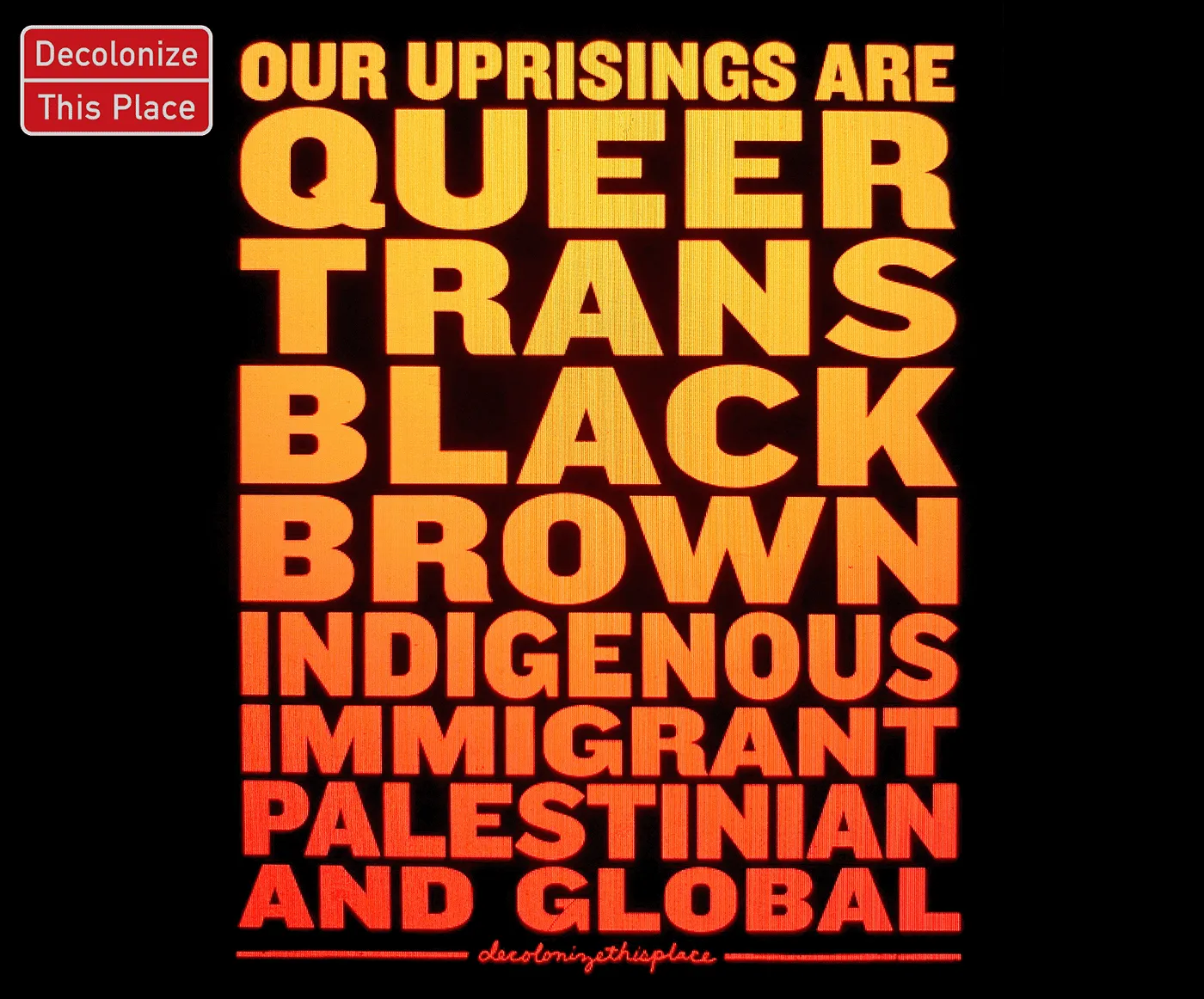
In a May 6, 2024, article in The Nation, anti-Israel activist Dylan Saba recalled how his SJP chapter at Tufts shifted its strategy from “issue-based public education to political organizing.” This redirection led the group to build connections with “social justice” groups as a way to engage and mobilize a larger audience for their anti-Israel objectives.
Saba wrote, following the October 7 Hamas attack, “After cutting their teeth on the 2020 George Floyd uprisings, they [SJP] are now prepared to organize for Palestine with political and tactical sophistication.”
As part of this tactical shift, SJP groups joined in the actions of activist groups with a common “struggle for justice,” linking anti-Israel activism to racial social justice activism, climate justice, gender equality and the like. SJP amplified the messages of these allied organizations across social media and on campus.
By rallying its cause under the “anti-racism” and “anti-war” banner, SJP built alliances and allegiances for its anti-Israel agenda. This was especially true during the 2020 George Floyd riots and the Black Lives Matter (BLM) protests that followed.
SJP chapters across America promoted and joined the fight against the “police state” as an expression of black-Palestinian solidarity in the streets, on college campuses and across social media networks. The Palestinian BDS National Committee (BNC) issued an official solidarity statement in support of BLM.
In 2021, SJP and other anti-Israel organizations called in their cards with their allied organizations during Israel’s “Operation Guardian of the Walls,” which served as a flashpoint for protests on college campuses and in streets across the country.
Building With Allied Anti-Israel Groups
Other groups, such as Within Our Lifetime (WOL), the primary driver of the anti-Israel protests in New York City, have also recognized the importance of collaboration with allied groups. WOL played a major role in driving Hamas’ agenda both inside and outside Columbia’s gates.
Under the leadership of WOL founder Nerdeen Kiswani, WOL enacted a strategy of mobilizing its intersectional allies against “Zionists” in an effort to paralyze NYC by positioning the Palestinian cause as the key to the liberation of other indigenous and intersectional “struggles.”
Grooming Columbia
Columbia’s institutional anti-Israel ideology made it the optimal university campus from which to launch the pro-terror encampments.
For decades before October 7, radical anti-Israel faculty readied the campus for the explosion of antisemitic activity following Hamas’ attack and served as role models and mentors for pro-terror student activism.
Most notable were members of Columbia’s Faculty and Staff for Justice in Palestine (FSJP), who glorified terrorism, celebrated the Hamas massacre, facilitated the unlawful encampments and protected students from disciplinary action.
The Columbia administration is equally to blame and utterly failed its duty to protect Jewish students by:
- Hiring and promoting faculty who radicalize and indoctrinate students with hatred of Israel and who defend the antisemitism in their classrooms under the guise of academic freedom and free speech
- Issuing weak and ineffective disciplinary measures against pro-terror students
- Capitulating to faculty who obstructed the identification and discipline of students who violated university policies
- Opening campus gates to pro-terror organizations and radical activists who normalized support for terror groups and called for violence against Jews and Israelis
Further, Columbia’s stance was intentional and pervasive and continues until the present. This is evidenced by:
- Double standards applied to its Jewish and Israeli students
- Apologetics and accommodations offered to pro-terror students
- Continual refusal to outrightly condemn Hamas, the murder of Jews on October 7 and the students who are promoting Hamas’ agenda on campus
- Antagonism and negligence in the university’s response to campus antisemitism and material support for terrorism
- Failure to comply with document production requests in congressional investigations on antisemitism
Columbia’s Legacy of Student Activism
Columbia’s legacy of radical protest is widely identified with the 1968 anti-Vietnam student protests, during which more than 700 students took over five campus buildings, including Low Library and Hamilton Hall, and held the acting dean of Columbia College hostage for over 24 hours.
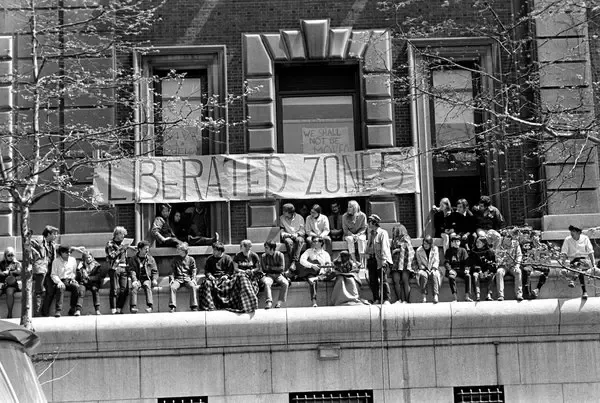
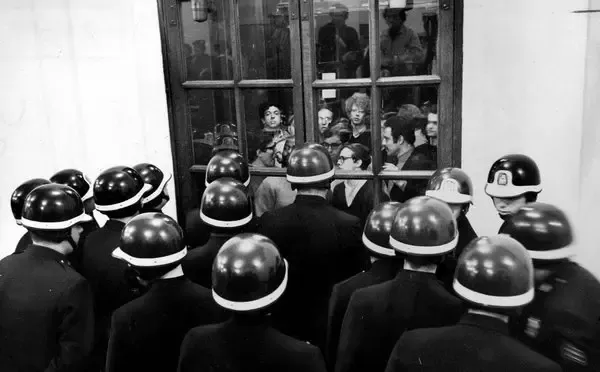
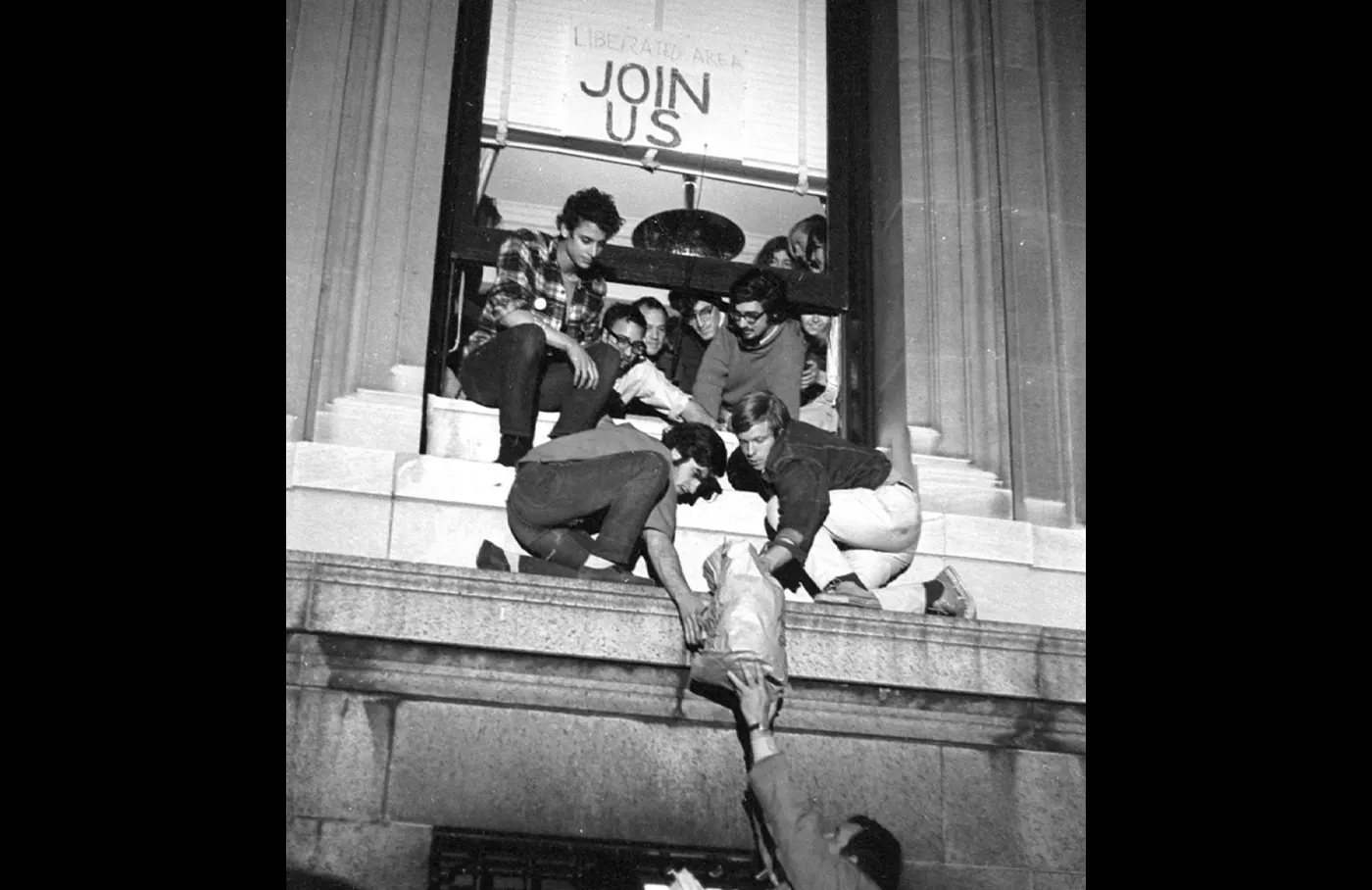
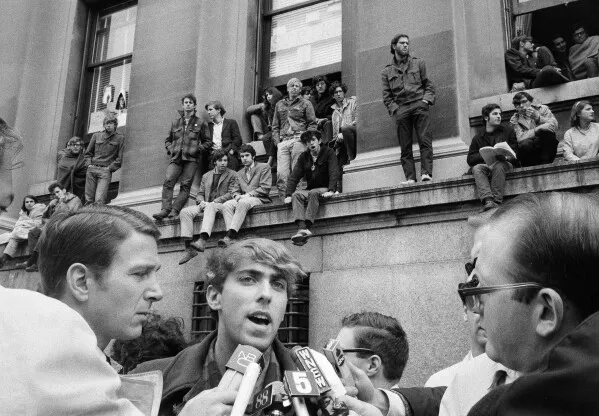
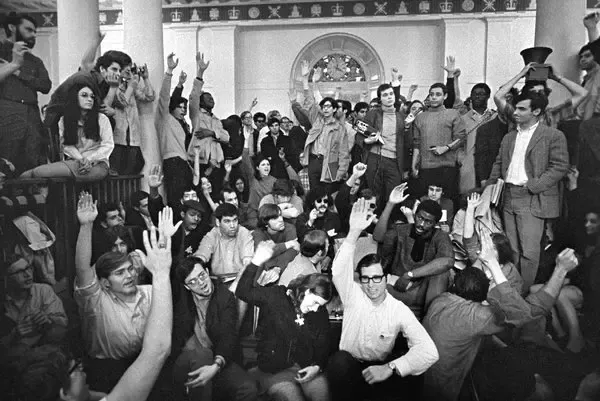
On April 24, 1968, Columbia students began a sit-in at Hamilton Hall to protest the university’s connection to the Institute for Defense Analyses (IDA), a think tank doing weapon research for the Vietnam war. The protests were also sparked by opposition to Columbia’s plans to build a gym in nearby Morningside Park, which was perceived as discriminatory against Harlem residents.
The NYPD forcibly removed protesters and arrested over 700 students. Most of the students were reinstated and only 30 suspensions were upheld. Columbia conceded to the protesters’ demands, breaking affiliation with the IDA and canceling plans for the Morningside gym.
Later protests in the 1970s and 1980s centered around the global anti-apartheid movement, with students calling on the university to divest from U.S. companies doing business in South Africa.
In 1985, 300 students led by the Coalition for a Free South Africa blockaded Hamilton Hall for about three weeks, demanding that Columbia divest from its investments in South Africa-related companies. That fall, Columbia became the first U.S. university to divest from companies doing business with apartheid South Africa.
At the time, BDS founder Omar Barghouti was a student at Columbia.
In the 1990s, Columbia students protested against the use of sweatshop labor in university apparel manufacturing as part of a national student campaign for labor rights.
In 1996, Columbia students protested for the creation of an Ethnic Studies department, with 100 students occupying Hamilton Hall for four days and a student hunger strike. In 1999, Columbia founded the Center for the Study of Race and Ethnicity (CSER).
In 2015, Columbia became the first U.S. university to divest from the private prison industry. In 2017, Columbia divested from thermal coal due to widespread student protest efforts.
In 2019, more than a dozen students affiliated with climate activism occupied and encamped in the president’s office in Low Library to demand that the university divest from fossil fuels. In 2020, Columbia announced it would no longer invest in oil or gas companies.
Supportive Faculty and Programs
In May 2024, journalist Chris Rufo wrote an article in the New York Post titled, “Ideological growth of a poison Ivy: Columbia’s journey from scholarship to activism” addressing “the roots of Columbia’s intifada.”
“Columbia for decades has cultivated the precise conditions that allowed the pro-Hamas protests to flourish. The university built massive departments to advance ‘postcolonialism,’ spent hundreds of millions of dollars on ‘diversity, equity, and inclusion,’ and glorified New Left–style student activism as the telos of university life,” Rufo wrote.
“Terms like these might sound benign as euphemisms, but the reality is sinister. As the protests revealed, postcolonial theory is often an academic cover for anti-Semitism, DEI is frequently a method for enflaming racial grievances, and student activism can become a rationalization for violence and destruction,” he continued.
“For many Columbia students, it is enough that some Israelis look white to condemn them as colonial ‘oppressors’ and to call for the destruction of the Jewish state,” he wrote.
Rufo also noted that Middle Eastern regimes sponsored Columbia's expanding postcolonial programs, “a fact that Columbia sometimes tries to hide.”
Since the early 1960s, faculty promoting postcolonialism, which frames Israel as a “colonizer” and “oppressor,” has found a platform at Columbia from which to promote BDS and anti-Israel rhetoric and encourage their students to do the same.
In particular, two internationally recognized postcolonial and critical race theorists laid the ideological foundations that underpinned Columbia’s institutional antisemitism and support for terror following the October 7 attack:
- Columbia Law Professor Kimberle Crenshaw, a critical race “scholar” who is known for coining the term “intersectionality” in 1989, has been at Columbia since 1995. Crenshaw founded the Center for Intersectionality and Social Policy Studies at Columbia’s law school in 2011
- Palestinian-American Edward Said, who was a professor at Columbia from 1963 to 2003, founded postcolonial studies. In 2002, then president of the United Arab Emirates, Sheikh Zayed bin Sultan Al Nayhan and others endowed the Edward Said Chair at the university
In its second report released in August 2024, Columbia’s Task Force on Antisemitism found that the postcolonial narrative taught to Columbia students was directly correlated to the pervasive antisemitism Jews were experiencing on campus.
The task force recommended that Columbia “re-evaluate the oppressor-oppressed narrative” that has taken root on campus, noting that it “is often reinforced by offices of diversity, equity and inclusion … [which label] Jews as privileged.”
The task force also pointed out that “Zionist” is often used as a proxy for “Jew” and recommended a working definition of antisemitism to include “celebrating violence against Jews or Israelis; exclusion or discrimination based on Jewish identity or ancestry or real or perceived ties to Israel.”
Rashid Khalidi has been the Edward Said Chair at Columbia since 2003 and is a professor of modern Arab studies in the Department of History. Khalidi is the co-director of the Center for Palestine Studies (CPS), which opened in 2010.
The LA Times reported that Khalidi worked as a spokesman for the Palestine Liberation Organization (PLO) in the 1970s. During that decade, the PLO conducted multiple terror attacks killing dozens of Israelis, including the 1972 Munich Massacre.
On April 29, 2024, Khalidi was quoted in Newsweek as saying, “There is nothing anti-Semitic about opposing a genocidal war or in criticizing Israeli apartheid.”
Khalidi’s succinct demonization of Israel is what he and many other Columbia professors have been teaching students both before and after October 7:
- Israel instigated a war on Hamas (as opposed to responding to Hamas’ terror attacks)
- Israel is committing a “genocide” against Palestinians
- Israel is guilty of “apartheid”
In May 2024, speakers at an event celebrating Khalidi’s official retirement noted that students who had studied under him were involved in Columbia’s pro-Hamas encampment and “drew a [straight] line between Khalidi's scholarship and the student protest movement.”
Even though Khalidi officially retired from Columbia, he will continue to teach at the university as a contingent faculty member. As of December 2024, he was still listed on the Columbia website.
Faculty members at Columbia’s Center for Palestine Studies (CPS) are also deeply connected to anti-Israel activism on campus.
On October 30, 2023, over 100 Columbia professors signed a letter defending students who support the “military action” by Hamas. Almost every member of CPS signed the letter. Many CPS members are also members of Columbia’s FSJP.
For example, Katherine Franke, a Columbia Law professor for 25 years and executive committee member of CPS, helped provide legal defense to hundreds of student protesters. On October 12, 2023, in anticipation of the Columbia protests set to take place in support of the Hamas atrocities, Franke joined the Board of Directors of Palestine Legal (PL), an independent legal organization that provides advice and support to anti-Israel activists.
PL has provided legal defense to multiple university students embroiled in controversies over antisemitic or violent content posted online, including Yasmeen Mashayekh, Ahmad Daraldik and Nerdeen Kiswani.
In a January 25, 2024, Democracy Now! interview, Franke expressed “concern” for the presence of Israeli students at Columbia who were former IDF members on campus, who she linked to a disproven chemical attack against pro-Hamas demonstrators.
According to a July 2024 Inside Higher Ed article, Franke’s egregious and discriminatory remarks against Israeli students at Columbia prompted two of her colleagues to file an internal complaint with administration officials. On February 13, 2024, Columbia opened an investigation against Franke, who sought representation by a law firm that subsequently dropped her case due to her long-standing anti-Israel advocacy they deemed “too controversial.”
As of September 2024, Franke was represented by the anti-Israel legal advocacy organization, the Center for Constitutional Rights (CCR).
On January 9, 2025, the dean of Columbia Law announced that Franke was “accelerating her planned retirement” and was leaving her position at the law school effective the next day. The investigation, which was conducted by an outside law firm, was completed and determined that she had broken a number of Columbia policies, including:
- Discriminating against Israelis
- Retaliating against a professor who made a complaint against her by revealing the professor’s name to a reporter
- Using social media to target those making complaints against her
On March 30, 2024, former PFLP leader Khaled Barakat said on Hezbollah’s Al-Manar TV that “the vast majority” of young Americans and Canadians now “support armed resistance as well as the removal of the Zionist entity from occupied Palestine in its entirety” because of “the introduction of colonialism, racism, and slavery studies into history curricula.”
Columbia’s Department of Middle Eastern, South Asian, and African Studies (MESAAS) contains multiple faculty members who have long records of promoting antisemitic rhetoric, historical revisionism, and hatred of Israel and Israelis in their classrooms.
The most prominent include:
- Joseph Massad, a tenured professor of modern Arab politics and intellectual history. Massad has a history of promoting anti-Israel conspiracy theories and antagonizing Jewish and Israeli students in his classroom. In 2005, Massad kicked a student out of class when the student questioned Massad’s anti-Israel statements.
Still, Columbia granted Massad tenure in 2009. On October 8, 2023, Massad wrote an article for the fringe antisemitic publication, the Electronic Intifada in which he described the attacks that happened the day before as a “Hamas-led resistance offensive” and a “stunning victory of the Palestinian resistance.” He called the massacre “awesome” and “remarkable.”
Despite his support for October 7, Columbia scheduled Massad to teach a class on the Israeli-Palestinian conflict in the 2025 spring semester. - Iranian professor Hamid Dabashi, the director of Undergraduate Studies at MESAAS, teaches postcolonial theory. Dabashi has spread antisemitic conspiracy theories and equated Israeli policies with ISIS and Nazi Germany.
On May 20, 2018, Dabashi posted on Facebook, “Every dirty treacherous ugly and pernicious act happening in the world just wait for a few days and the ugly name of ‘Israel’ will pop up as a key actor in the atrocities...” - Joseph Slaughter is an English professor and the executive director of the Institute for the Study of Human Rights at Columbia. On October 9, 2024, he glorified PFLP hijackings at an event titled "Hijacking Human Rights."
At the event, Slaughter referred to the "pretty spectacular" footage of PFLP plane hijackings from the early 1970s and suggested those hijackings were peaceful, saying, "Nobody dies except one of the hijackers." He also said the hijackings were part of a "national liberation imaginary" and praised the hijackers for feeding their captives.
Faculty Teach Students to Support Hamas
On October 9, 2023, two days after the Hamas terror attack, Columbia SJP wrote an open letter supporting the massacre, rape and kidnapping of Jews and Israelis. They attributed their stance to the education they received at Columbia:
“As Columbia students, our classes regularly discuss the inevitability of resistance as part of the struggle for decolonization. We study under renowned scholars who denounce the fact that the media requires oppressed peoples to be ‘perfect victims’ in order to deserve sympathy.”
Thus, the students openly stated that it was due to their classroom experiences at Columbia that they were able to declare post-October 7 that “Resistance is Not Terrorism” and label the Hamas terrorists as “liberation forces.”
Before setting up the encampments, Columbia students gleaned ideas about student activism from a course called “Columbia 1968” taught by Frank Guridy, a professor of history and African American and African Diaspora studies at the university’s Center for American Studies.
Guridy later conducted a teach-in called "1968: Continuing the Fight" at the encampment to “discuss the parallels” to the current war in Gaza. Some of the students who joined the anti-Israel protests and were later suspended or arrested told the administration they were “only acting on the lessons and education they [had] received on campus.”
Bo Tang, one of Guridy’s students and part of the student protesters’ research group, interviewed alumni involved in the 1968 protests who he found through Guridy’s class to “try and take lessons from them” for the anti-Israel protests.
On February 9, 2024, CUAD hosted a “Vietnam-Palestine Teach-In” at Columbia for students “to learn about the anti-war movement, its relevance to the question of Palestine today.”
Panelists included Mark Rudd, a protest leader at Columbia in 1968 and co-founder of the Weather Underground, a domestic terrorist group that operated from 1969 to 1977. The Weather Underground conducted numerous bombings, including one of the U.S. Capitol in January 1975.
Other panelists included Columbia professor Mahmood Mamdani – who advocates for the complete dismantlement of Israel and accuses Israel of having “drawn inspiration from how Americans cleansed the land of Indians” – and anti-war Vietnamese activist Ngô Thanh Nhàn.
On May 1, 2024, following the NYPD intervention on campus, Columbia professor Rashid Khalidi spoke to students and faculty and promised that they, too, would be remembered as radical-activist-anti-war heroes for their violent takeover of Hamilton Hall.
“...When...finally the American people...who’ve already opposed this genocide, are able to force their craven politicians to stop it, which we can do, the United States is part of this war… Shame on them! And shame on the administration of this university! They will go down in infamy…” Khalidi said, adding, “This is about a genocide being carried out with American money and with American weapons against a people that has been living under occupation for generation after generation after generation…”
Faculty and Staff for Justice in Palestine

Columbia’s Faculty and Staff for Justice in Palestine (FSJP) declared as its goal “achieving the end of Israeli occupation,” supporting the BDS movement and promoting the right of return, which is understood as the complete destruction of Israel as a Jewish state.
FSJP’s members include multiple Columbia faculty known for supporting and participating in the encampments, inspiring and protecting their student participants and opposing disciplinary action against them.
The group ratified its mission statement on November 20, 2023, just 10 days after Columbia suspended its SJP chapter.
According to Columbia’s Antisemitism Task Force report, “On April 19, 2024, FSJP issued a message calling on all faculty to hold classes, office hours, and meetings on the Columbia lawns, meaning on or near the encampments.
“This amounts to encouraging students to break the University's rules in the name of ideology; it also discriminates against those who don't want to enter the encampments because they don't wish to endorse their political message.
“Students who decline to enter encampments when their professors request it are being forced against their will to make a political statement, that is, to publicly disagree with their professor. They are also being denied access to educational opportunity.”
A September 2024 AMCHA report titled, “Academic Extremism: How a Faculty Network Fuels Campus Unrest & Antisemitic Violence” listed Columbia/Barnard as in the top 10 of most active FJP chapters in America.
The report stated that following October 7, “Schools with FJP chapters…experienced a 7.3-fold increase in the likelihood of physical assaults on Jewish students and were 3.4 times more likely to witness death threats and other violent threats compared to campuses without such chapters.”
The report also noted, “FJP chapters also correlate with the extended duration of protests and encampments, as well as with the passage of BDS resolutions on their campuses.”
The report noted that such demonstrations lasted over four and a half times longer where FJP faculty — who spent 9.5 more days protesting than those at non-FJP schools — were free to influence and provide logistic and material support to students.
FSJP at Columbia, Barnard and Teacher’s College (FSJP-CBT) is a member of Faculty for Justice in Palestine (FJP), a national organization launched in February 2024 in response to a call from the US Campaign for the Academic and Cultural Boycott of Israel (USACBI) to form groups “on campuses in order to support NSJP, protect local SJP organizers, offer faculty defense, organize teach-ins and other actions, and engage in Palestine solidarity work generally.”
The FJP principles state that FJP works in close collaboration with and follows the lead of “our colleagues” in Palestinian universities, including collaborating with Birzeit University in the West Bank where the student council is dominated by Hamas supporters.
On January 22, 2024, FSJP at Columbia published an op-ed in the university’s newspaper promoting academic freedom as a “foundational” idea and “fundamental value” of the university and their intent to “take back our University.”
In the article, FSJP argued that calls for intifada and using phrases such as “from the river to the sea” have “complex histories and meanings” and are protected free speech regardless of the fact that “some Jewish students experience those words as antisemitic.”
On March 8, 2024, the Wall Street Journal reported that Columbia classics professor Joseph Howley, a member of FSJP, was the “spokesperson for academic freedom” and quoted Howley as saying, “Professors must be able to teach their classes from their perspective, informed by their research.”
After Columbia suspended SJP, Howley advocated for the group’s reinstatement and called on the university to apologize to the pro-terror student group.
Howley later denied the existence of antisemitism at Columbia’s pro-Hamas encampment and refused an invitation by Columbia’s Antisemitism Task Force to attend a “listening session” with Jewish students testifying about their treatment on campus.
Howley delivered an open letter written by Columbia faculty that sought to discredit the listening sessions as biased research and decried that there had been “no University effort of the same caliber” for Arab, Muslim, and Palestinian students.
Strategic Location
New York City is one of the most important and visible cities in the world, which amplifies the impact of any large-scale activism. The city is home to a strong and well-functioning anti-Israel network established over many years by groups such as Within Our Lifetime, Al-Awda and Samidoun. These groups can fund, coordinate and mobilize their thousands of followers in short periods of time.
In addition, Columbia’s international reputation ensures that the radical events and movements launched from its campus will attract significant media attention.
Samidoun is designated as a terrorist group by the US, Canada, the EU and Israel and is a subsidiary of the PFLP, whose terrorists participated in the October 7 attacks. Samidoun is part of the NGO network responsible for antisemitic and pro-terror incitement on campuses, including at Columbia where students have protested with signs sponsored by Samidoun of PFLP Secretary-General Ahmad Sa’adat and convicted terrorist Walid Daqqa.
On the one-year anniversary of October 7, Columbia students joined a violent protest that featured a Samidoun flag with the caption, "Long live October 7th." Both Columbia Students for Justice in Palestine and Samidoun endorsed the march. In November 2024, CUAD distributed pamphlets just outside Columbia’s gates encouraging attendees to get involved with Samidoun.
On April 23, 2024, the PFLP Central Media Office posted a statement in support of American students and directly acknowledged both SJP and Columbia.
The PFLP specifically thanked its "comrades and colleagues in Students for Justice in Palestine" and "the academic boycott and divestment campaigns."
Columbia Timeline: October 2023 - April 2024
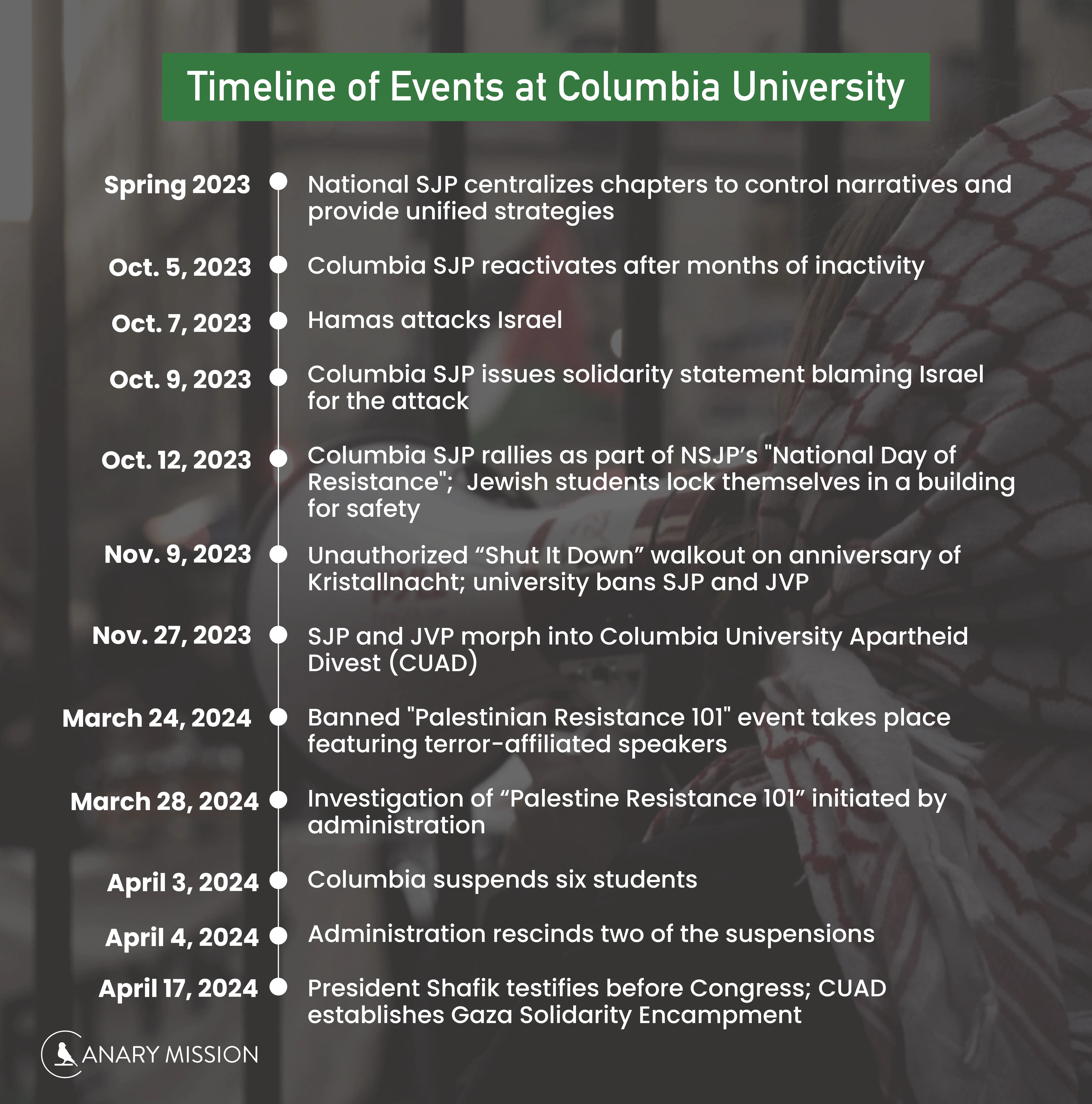
Columbia’s Encampment Sparks a Nationwide Movement
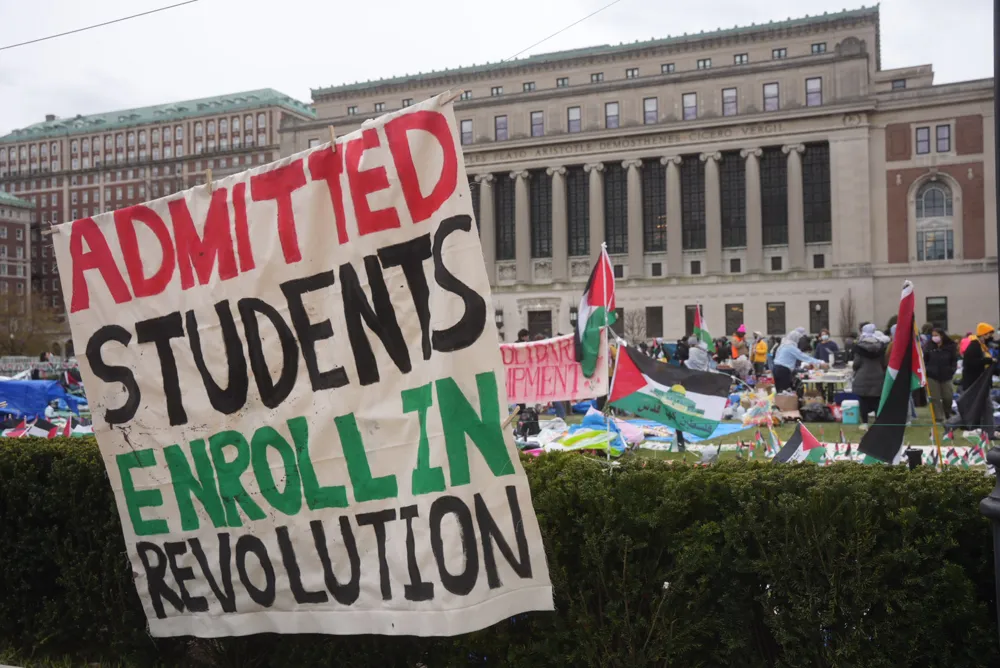
On April 17, 2024, the same day that then Columbia president Minouche Shafik testified before the House Committee on Education and the Workforce about reports of antisemitism at the university, CUAD established the “Gaza Solidarity Encampment” on the campus’s main lawn.
The encampment took the protests to the next level: a student intifada.
Columbia’s encampment inspired a wave of at least 140 protest encampments across North American campuses and over 20 globally.
On April 21, 2024, NSJP issued a statement to “our universities” identifying themselves as the “Student Movement for Palestinian Liberation,” declaring their vision of a “Popular University For Gaza…[on] liberated spaces on our campuses.”
The statement said that NSJP had been “empowered” by “the strength of students and SJPs at Columbia…” and vowed to “seize control of our institutions, campus by campus, until Palestine is free.”
Soph Askanase, a Barnard College student who organized and was later arrested at the Columbia encampment, said,

The Columbia encampment lasted from April 17, 2024 until May 5, 2024. On April 18, Shafik ordered the NYPD to clear the encampment, but looked the other way while students rebuilt it the next day. Over the course of the next two and a half weeks, the university issued threats against the new encampment but took no action.
Even when protesters broke into and occupied Hamilton Hall on campus on April 30, 2024, Shafik failed to take action against the encampment for another five days.
A second encampment was established on May 31, 2024, to disrupt alumni weekend at Columbia. It was cleared 48 hours later.
SJP Transforms Into CUAD

On October 11, 2023, the day before the “National Day of Resistance,” NSJP posted “safety” protocols to ready students for violent protests and directives on how to obscure SJP’s connection to the event and its members’ identities. NSJP instructed its members to remove personal names and photos from SJP’s social media; to use encrypted platforms like Telegram to co-ordinate actions and promote events; to use aliases and avoid posting event photos “that could get you arrested or doxxed.”
On October 12, 2023, Columbia SJP began the rally on the university’s Butler Lawn before moving to the east side of the campus, where the Kraft Center for Jewish Life is located. During the protest, Jewish students locked themselves inside a building and were advised by security officers to “remain inside” for their own safety.
Less than a month later, on November 9, 2023, the 85th anniversary of Kristallnacht, Columbia SJP, along with Jewish Voice for Peace (JVP), organized an unauthorized event, a walkout they called “Shut it Down.” This unauthorized event, along with the violent and inciteful language used by the groups, prompted Columbia to suspend both student groups.
Less than a week later, on November 15, 2023, Columbia faculty and alumni rallied for their reinstatement. Within Our Lifetime (WOL) joined in, protesting outside the university gates.
At the faculty rally, Premilla Nadasen, a history professor at Barnard College, said, “We are here to tell the students: They can suspend an organization, but they cannot suspend a movement.”
The suspension proved not to be an obstacle for Columbia SJP and JVP, both of which regrouped under the umbrella of CUAD (Columbia University Apartheid Divest), a coalition previously formed with the help of Columbia Professor Muhsin Al-Musawi to push divestment from Israel.
CUAD had been dormant since 2020 when it successfully passed a divestment referendum with the student body (which was later shut down by then-university president Lee Bollinger).
Maryam Iqbal, a Columbia SJP organizer, confirmed that after SJP’s suspension, anti-Israel groups on campus joined them to mobilize as a coalition. SJP successfully framed the conflict as a human rights issue and garnered broad support for the Palestinian cause.
In addition, the affinity groups that rallied with CUAD provided financial and logistical support unavailable to SJP due to its suspension.
On March 11, 2024, Maryam Alwan, a CUAD organizer, affirmed to the Supreme Court of the State of New York that “SJP and JVP are both a part of Columbia University Apartheid Divest…which is a coalition of student organizations that see Palestine as the vanguard for our collective liberation.”
CUAD initially claimed it was “a continuation of the Vietnam anti-war movement” with the ultimate goal of building “an entire world free from colonialism and imperialism.”
The “peace front” was designed to increase CUAD’s legitimacy and avoid alienating potential sympathizers who might take issue with the group’s pro-terror objectives.
Yet, from the reactivation of the organization, CUAD aligned itself with terrorists and pro-terror objectives. The group’s manifesto, which it published in the Columbia Spectator, opened with a quote from PFLP terrorist Ghassan Kanafani and declared CUAD’s belief in the “right of return” (one of many recognized strategies to destroy Israel as a Jewish state).
An article in the Columbia student magazine Sundial noted, “To the average Columbia liberal, this phrasing is otherwise innocuous and the morally correct position to take. But CUAD and Students for Justice in Palestine’s activism make clear that the language of ‘anti-colonialism’ and ‘anti-U.S. imperialism’ within the pro-Palestine movement are strategic fronts for supporting war and violence against America and her allies.”
CUAD consistently demonstrated its pro-terror stance, writing on November 7, 2024, that they were seeking to “win divestment…thereby strengthening the resistance movements on the ground in their fight for a free Palestine within our lifetimes.”
The group also wrote that the “Great March of Return” was an “instructional display of mass action and protest that we continue to make use of here in the imperial core… The Palestinian people and their steadfast resistance remain our compass, and we continue to work towards our goals here at Columbia.”
The March of Return was an operation instigated by Hamas beginning in May 2018, where thousands of violent rioters attempted to breach Israel’s fence with Gaza. Some analysts contend it was a dry run for the October 7 attack.
Columbia Allows SJP, Terror Proxies to Operate on Campus
On December 18, 2024, the U.S. House of Representatives Antisemitism Staff Report (House Report) released its findings from a multi-faceted investigation into antisemitism on college campuses and in government following the April 2024 encampments.
The report noted [p.6]: “Columbia stands out for its egregious failure to combat antisemitism on its campus despite its president acknowledging that the University was in violation of its Title VI obligations.”
“These were not isolated incidents. Rather, they were part of an extensive pattern of Columbia’s failures to enforce University rules to address antisemitic conduct.”
In addition, Columbia allowed outside organizations, as well as the banned SJP, to infiltrate the campus and establish the encampments. The House report also established [p.40] that “AMP and SJP provided tangible support, including flyers, talking points, pamphlets, and other materials, to help support unauthorized and illegal encampments on college campuses across the country.”
The report continued, “AMP and AJP [Americans for Justice in Palestine, the fiscal sponsor of AMP] also financially sponsored SJP, helping to provide the funding necessary to organize illegal encampments and other events that have often resulted in violence and arrests.”
CUAD Trains with Pro-Terror Activists
In March 2024, CUAD co-organized an event titled “Palestinian Resistance 101,” where various pro-terror, anti-Israel activists were invited to deliver lectures on “the fight for liberation.”
The event was co-organized with Within Our Lifetime (WOL) and the PFLP-linked Samidoun Palestinian Prisoners Network (Samidoun), who proved to be allies and force multipliers for the encampment protests at Columbia that soon followed.
Despite the university banning the event, it took place on campus at the Q House, “the LGBTQ+ special interest community at Columbia University.”
Columbia student Catherine Curran-Groome (who also goes by Catherine Elias) was named as one of the “key organizers” of the event.
Aidan Parisi, an SJP activist and Columbia graduate student, was suspended by Columbia after participating in the event but refused to leave the campus and his university housing. As of December 2024, Parisi was still listed in the Columbia online directory as a student in the School of Social Work.
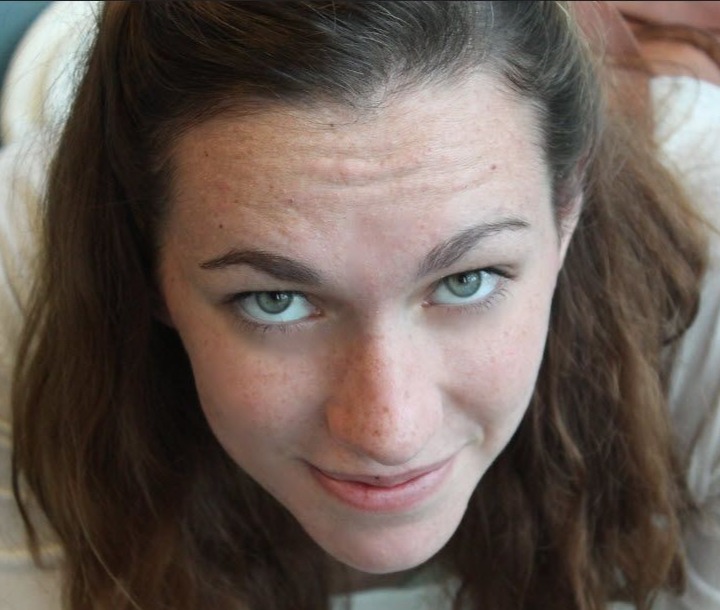

Columbia’s Faculty and Staff for Justice in Palestine (FSJP-CBT) chapter promoted and supported the event, effectively endorsing the speakers and their pro-terror messaging to students.
Speakers at the event celebrated the October 7 massacre and highlighted the importance of armed resistance, guerrilla tactics and the role of various Palestinian terror organizations like Hamas, the PFLP and Islamic Jihad.
Speakers encouraged the students to continue their support of Hamas, which they characterized as the “democratically elected” government of Gaza “on the front lines defending Palestine and fighting for its liberation.”
Panelists at the event included a veritable “Who’s Who” of the top players linking Hamas and other terror groups to the student movement:
- Charlotte Kates, the international coordinator of the Samidoun Palestinian Prisoners Network
- Khaled Barakat, Kates’ husband, a leader of the PFLP terror group and Palestinian member of the executive committee of Masar Badil, the Palestinian Alternative Revolutionary Path Movement
- A local organizer with Samidoun Palestinian Prisoners Network NY/NJ, who identified himself only as Michael
- Nerdeen Kiswani, founder and leader of Within Our Lifetime and co-founder of CUNY4Palestine
- Sean Eren, a member of the National Students for Justice in Palestine Steering Committee and head editor of “The Written Resistance”
At the event, Barakat told Columbia student activists, “Your work is so important to the resistance in Gaza.”
He continued, “It’s really important to see how the Al-Aqsa Flood operation have liberated the Palestinian inner strength…the new generations that today are getting involved in the struggle, and it’s so visible in the U.S., Canada…and elsewhere, of a new generation that is actually leading our struggle in the diaspora.”
Barakat openly spoke of the interplay between the Gaza terror group and the students, stating, "When I speak to my friends and brothers in Hamas Islamic Jihad, you know, the PFLP in Gaza these days, especially after October 7th … when they see students organizing outside Palestine, they really feel that they are being backed as a resistance and they're being supported."
Kates told students [01:34:42], “There is nothing wrong with being a member of Hamas, being a leader of Hamas, being a fighter in Hamas.”
Eren outlined the strategy Hamas and NSJP had devised from their charter days: Frame the conflict to appeal to a wide group of left-wing ideologues. “We have Hamas pursuing national liberation in a very peculiar way which is essentially creating…a united front…using kind of a blend of tactics and a blend of ideologies, some people relate to Maoism, some people relate to Orthodox Marxist Leninism…,” Eren said.
“...You have…leftist groups that are heralded in, especially Western leftists, the DFLP and PFLP, entering partnerships and also sharing tactics…,” he continued.
CUAD Declares Hamas and Houthis as “Progressive Forces”
Months later, by August 16, CUAD had assessed Hamas and the Houthis as “progressive forces” and “resistance groups.”
“Assessing whether a military force is progressive or reactionary requires an examination of whether it is advancing or impeding the destruction of imperialism, ...which correlates with the strengthening or weakening of the national liberation and working-class movements internationally,” the group stated.
CUAD also relegated the groups’ terrorism as a “secondary issue,” writing, “Assessing Hamas and Ansarallah as principally progressive forces in an anti-imperialist struggle does not mean that one has to agree with every aspect of the nature of these forces, or that they have always been or always will be principally progressive. These other aspects are secondary to the issue at hand, which is their role in carrying out a national liberation war against their oppressors.”
Encampment Timeline: April - May 2024
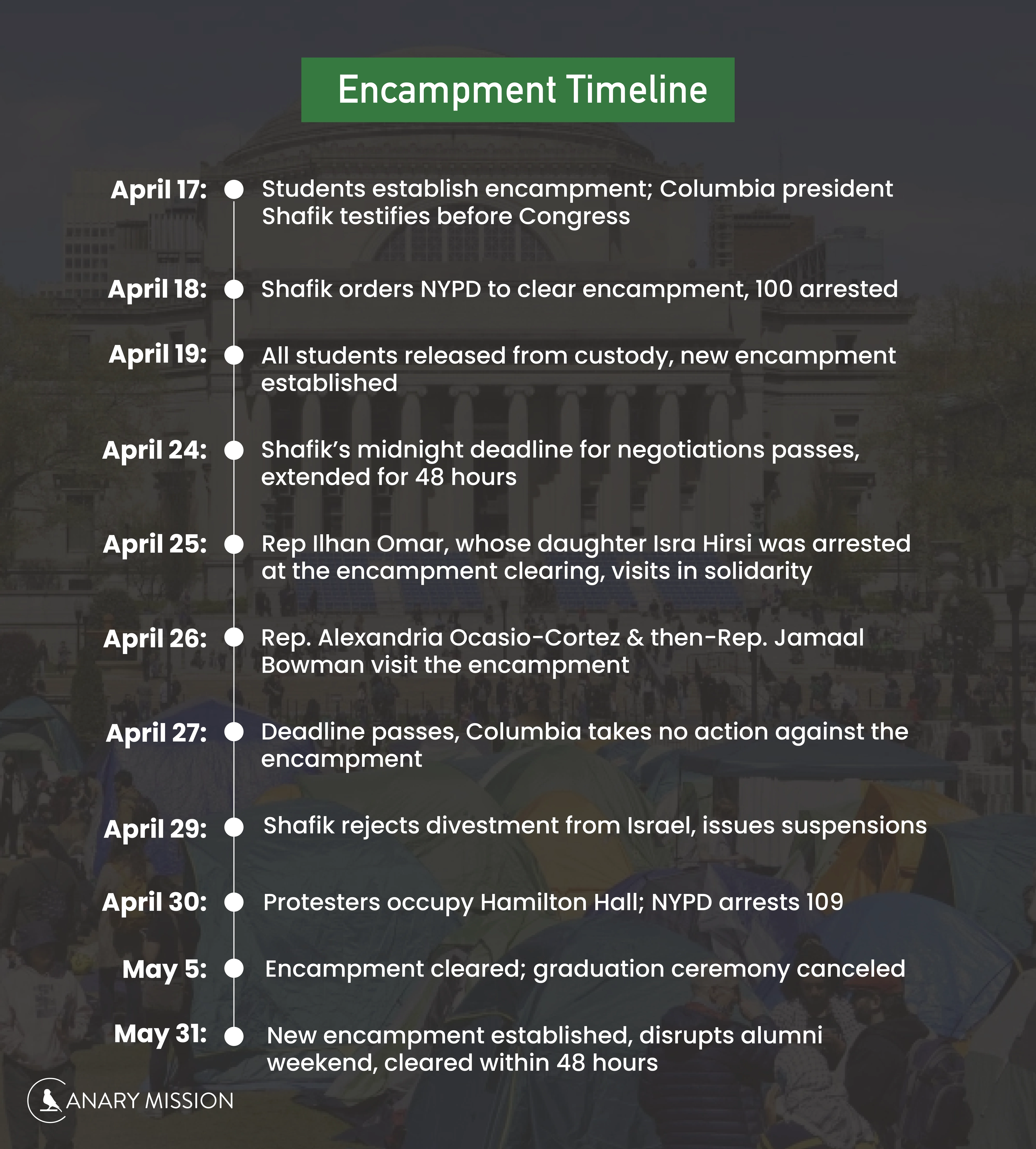
Gates Open to Outside Extremists
Extreme anti-Israel and pro-terror organizations and their leaders played an essential role at Columbia, collaborating with students to empower Hamas’ agenda.
Most notably, Within Our Lifetime (WOL) and the PFLP-linked Samidoun Palestinian Prisoners Network (Samidoun) promoted the encampment on social media, spoke at the encampment and staged protests just outside Columbia’s gates to put additional pressure on the university.
In a May 2024 podcast, Jonathan Ben-Menachem, a spokesperson and organizer for the Columbia encampment, said [00:51:13], "In New York, community organizations, like Within Our Lifetime, and the Palestinian Youth Movement are leading at the moment … (they) make the rounds on a daily basis, like, between all the encampments like, they're the core of Palestine organizing."
The People’s Forum (TPF) and IfNotNow (INN) also often rallied just outside the Columbia gates. These protesters, who waved the flags of terror organizations and expressed support for violence against Jews, were applauded by audiences both inside and outside the university.
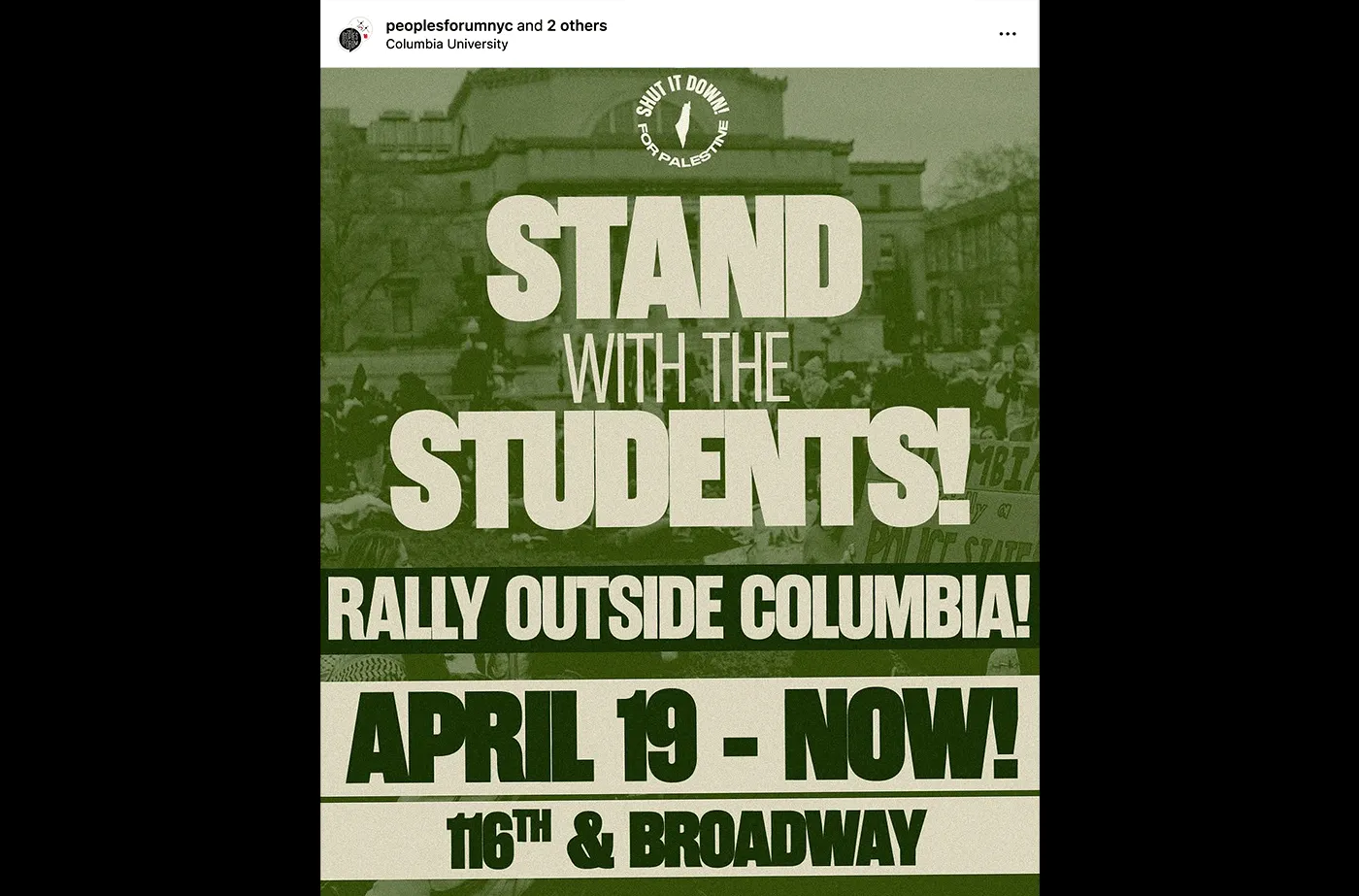
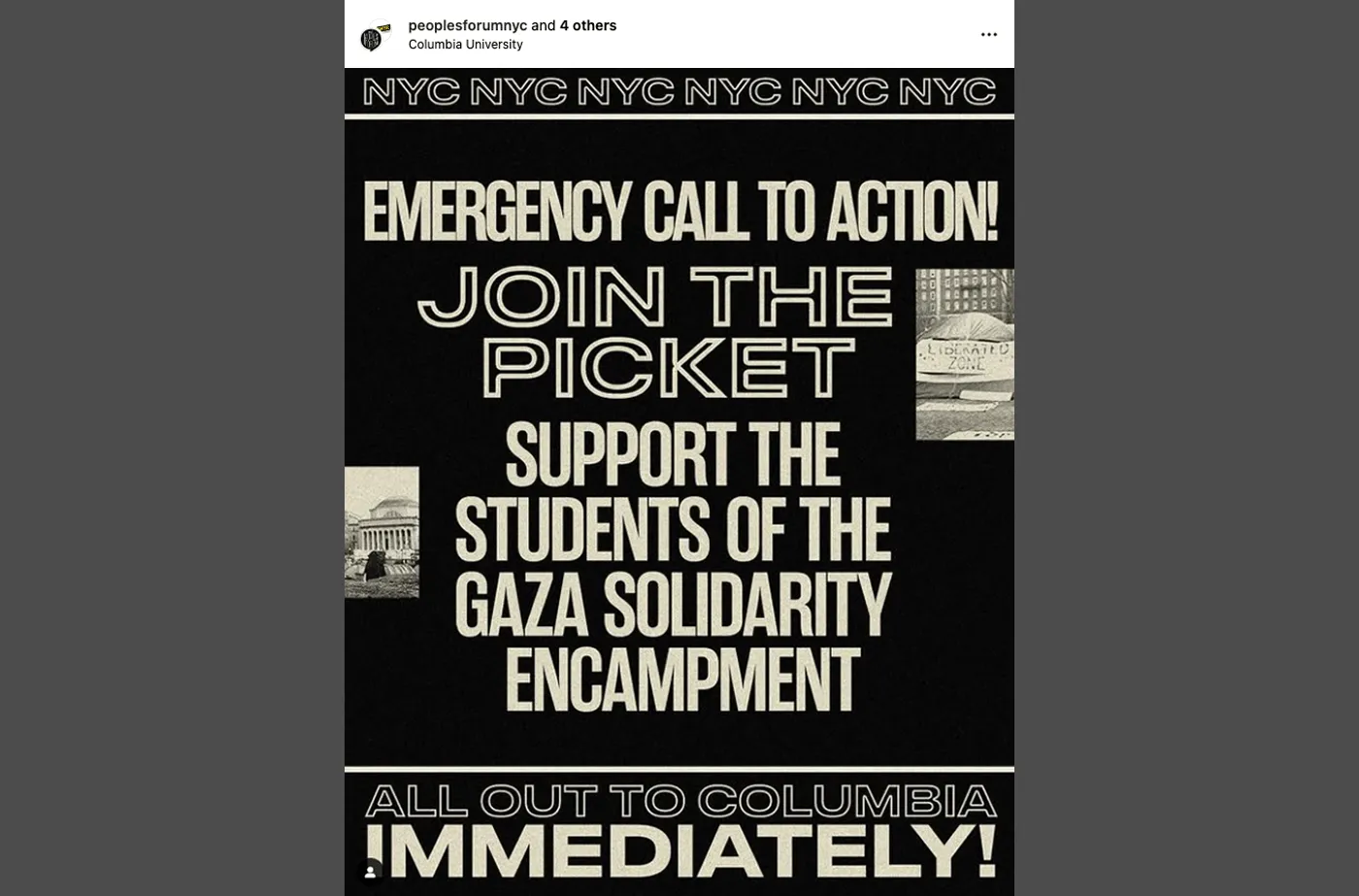
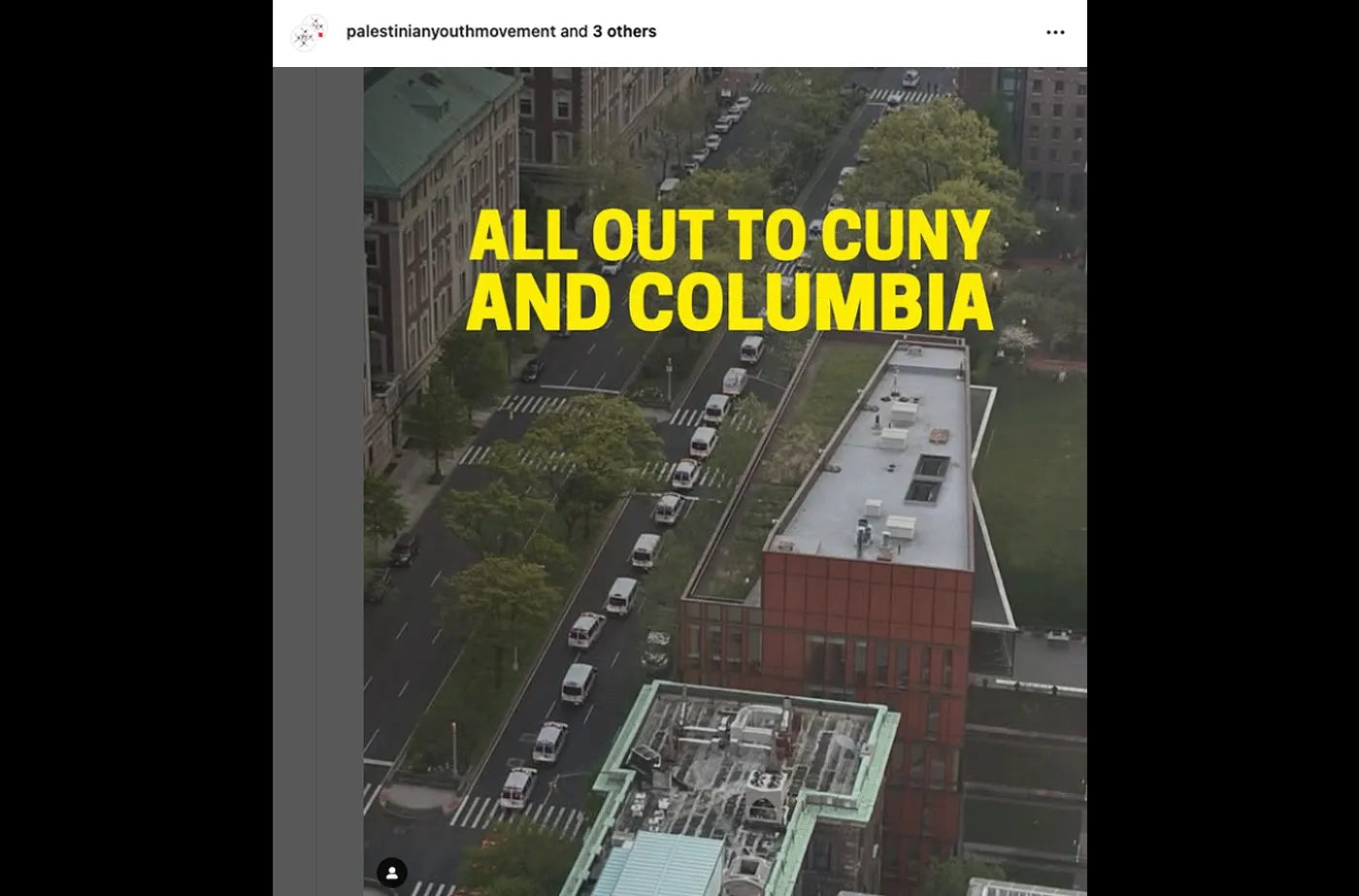
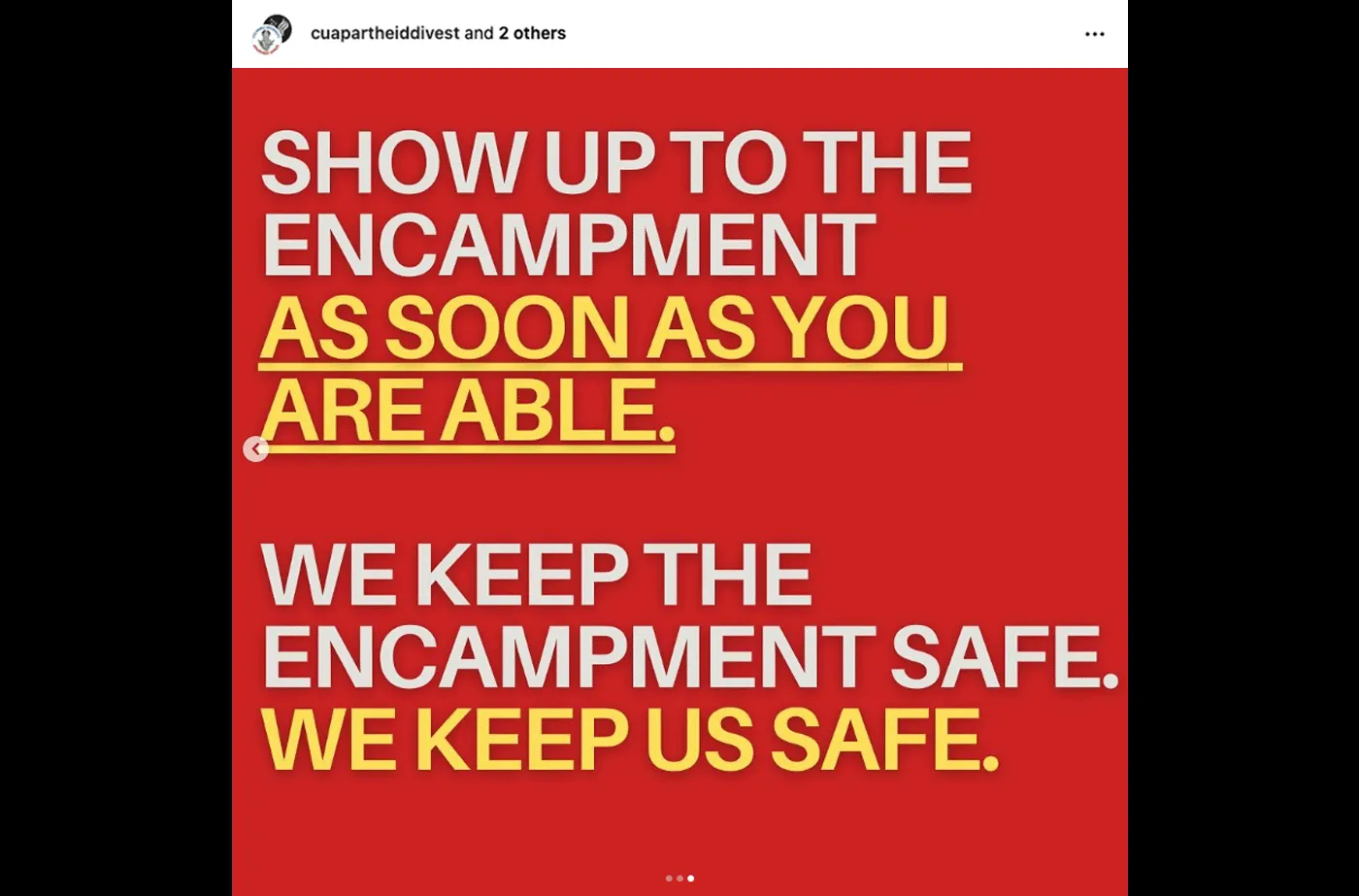
Columbia students responded in kind, promoting affiliation with pro-terror organizations. In November 2024, CUAD distributed pamphlets just outside Columbia’s gates encouraging attendees to get involved with Samidoun.
Jewish students were subjected to chants calling them “white supremacists,” “genocide supporters,” “baby killers,” “terrorists” and “Nazis.”
AMP leader Osama Abuirshaid participated [slide 10] in the encampment, as did WOL leader Nerdeen Kiswani, who gave a speech there even though she had been banned from campus on March 28, 2024.
High-profile politicians and anti-Israel agitators, including Norman Finkelstein, Mohammed El-Kurd and Cornel West, entered the campus and lent support to the encampment.
Rep. Ilhan Omar also visited the encampment with her daughter, Isra Hirsi, a Barnard College student arrested for her involvement in the encampment and suspended from Barnard.
Rep. Alexandria Ocasio-Cortez and then-Rep. Jamal Bowman also made appearances.
On August 3, 2024, the NYPost reported that Ocasio-Cortez, Bowman and Omar were being sued by five Columbia students in a class-action lawsuit for “inciting and encouraging” the anti-Israel encampment and protests at Columbia.
During the violent takeover of Hamilton Hall, Lisa Fithian, a professional agitator, instructed anti-Israel activists how to barricade themselves into the building. NBC News reported that animal rights attorney James Carlson had “a significant role in the takeover of Hamilton Hall.”
Harassment of Jews
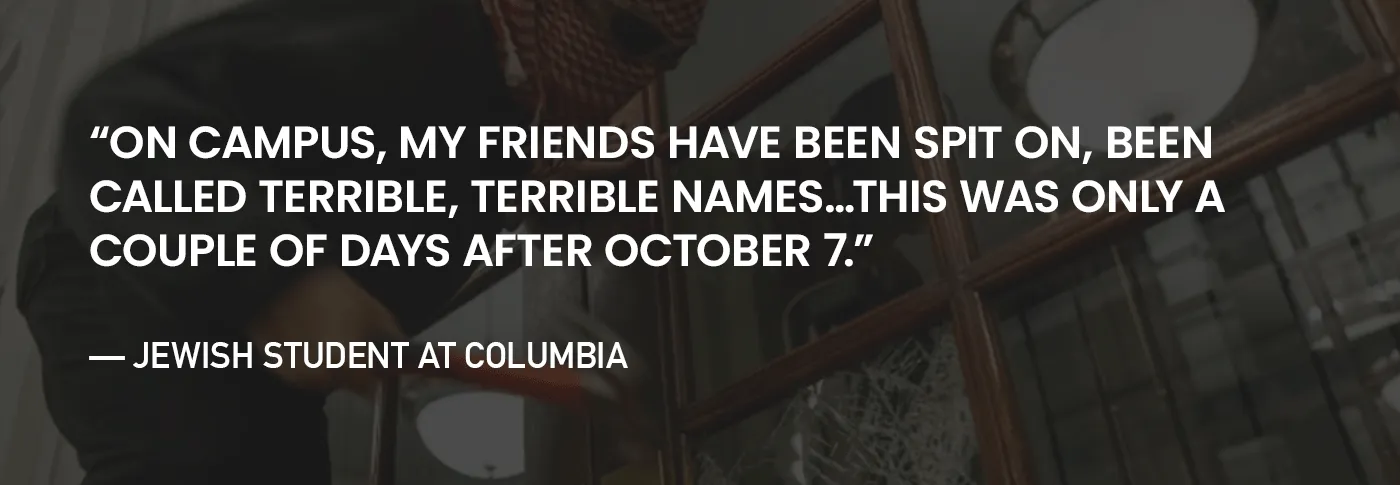
CUAD promoted and endorsed pro-terror groups on social media and borrowed from their tactics and strategies.
Jewish students reported [p.57] the antisemitic and pro-terror rhetoric they encountered as they traversed a WOL rally in front of Columbia’s main gates on November 15, 2023 in order to access the main campus: “Agitators defaced hostage posters, chanted, ‘Israel bombs, USA pays, how many kids did you kill today,’ and held banners that said, ‘by any means necessary’ and “resistance until return within our lifetime.’”
During the encampment and outside the gates (which the protesters considered part of their territory), pro-Israel students were blocked or restricted from campus facilities. Jewish students were severely harassed. Some were told [00:00:02] to “go back to Poland”. Others were yelled at [slide 3]: “Yahoodim [Jews], yahoodi [Jew], f**k you!” as they walked from campus to their dorm rooms.
On April 17, 2024, a protester told the crowd at Columbia, “We will never let up and we will never let down until Palestine is free, Zionism is destroyed and Zionists start to hide like the Nazis.”
The same day, another protester declared, “We are Hamas,” while others chanted about Hamas’ military wing, “Al-Qassam you make us proud, kill another soldier now!”
Protesters at the encampment demonized Zionists and Zionism, chanting, “Say it loud, say it clear; we don’t want no Zionists here” and “Free our prisoners, free them all; Zionism will fall.”
An activist just outside the encampment area held [photo 4] a sign with an arrow pointing to a pro-Israel gathering that read, “AL-QASAM’S NEXT TARGETS.”
Other protesters held signs reading “Fight for worldwide Intifada,” a call for violence against Jews and Israelis worldwide. They chanted now-familiar slogans, including “Globalize the Intifada” and “There is only one solution; Intifada, revolution!”
Speaking at the encampment, Izzy Mustafa, an NSJP organizer, said [05:58:24]: “The organizing that you all have done for the last 195 days has been nothing but invigorating! And let’s just keep raising the bar. Let’s keep raising the ceiling. The more we escalate the more that they’ll understand.”
Mustafa continued [05:58:42], “When it comes to Palestinians and those who are with us for our struggle for liberation, they are no match! We’re going home and we're going home soon. All of us. And it’s because of the dedication and the organizing spirit of campuses. Long lives [sic] the student movements!”
Even outside the encampment, Jewish students were hounded [slide 2] on campus. Columbia students shouted at them, “Uncultured a** b**ches!” and “Go back to Europe!” Celebrating Hamas’ missile attacks against Israel, protesters chanted [slide 5]: “Ya Hamas, ya habib, odrob, odrob Tel Aviv! [Oh Hamas, oh loved one, strike, strike Tel Aviv!]”
SJP Mirrors Hamas

Just days before October 7, on September 26, 2023, NSJP released the first edition of its newsletter, Al-Muqawamah [resistance, constant combat, persistent warfare] Al-Maktooba [written], or “The Written Resistance.”
“Muqawamah” is a term associated [p.19] with the “armed struggle” against Israel. Palestinians often refer to Hamas, Palestinian Islamic Jihad, and other Palestinian terrorist groups as Fasa’il al-Mukawamah (resistance factions). “HAMAS” is the acronym for Harakat al-Muqawamah al-Islamiyya, the Islamic Resistance Movement.
An anonymous submission [pp.5-6] titled “Unifying the Student Movement: For Whom?” announces NSJP’s allegiance to terror groups within the “Axis of Resistance,” which includes Hezbollah, Hamas, Palestinian Islamic Jihad and Yemen’s Houthi Rebels.
“As Palestinians, internationalists, and leftists residing in the United States, we are responsible for remaining connected and accountable to the Palestinian people's movements within occupied Palestine, liberated Gaza, and the region's refugee camps. Within this broader context, we must align with Palestine's already active combative student movement.”
The author continued, “We must therefore question our relationships with organizations and individuals that have outright condemned or sidelined Palestinian popular organizations, the Palestinian resistance, and the loose alliance of regional anti-imperialist actors known commonly as the Axis of Resistance.”
In the second edition of the newsletter, published in January 2024, the “Letter from the Editors” stated, “Since October 7th, 2023, over 100 SJP chapters have newly formed or been re-chartered, answering the call to combat the imperialist and Zionist forces… Hundreds of thousands of students have worked tirelessly to uphold the Palestinian liberation struggle and challenge the US empire from within.
“Despite facing a resurgence of severe state and institutional repression, the student movement has upheld the core demand of the Palestinian people: the dismantlement of the Zionist entity and the liberation of Palestine—from the river to the sea.”
NSJP Declares “We Are Hamas”
Two days after the October 7 massacre, NSJP released a “Day of Resistance Toolkit” and distributed it to its campus chapters. The toolkit blamed Israel for the attacks, stating, “Responsibility for every single death falls solely on the Zionist entity.”
The attacks were further branded as “the natural and justified response” to the conditions of Palestinians in the Gaza Strip. Hamas terrorists who were killed in the attack were praised as “martyrs.”
The toolkit stated, “As the Palestinian student movement, we have an unshakable responsibility to join the call for mass mobilization.”
Echoing Hamas’ calls for a “Global Day of Jihad” on October 13, 2023, NSJP declared October 12, 2023, as a “National Day of Resistance” for college campuses across America.
“This is what it means to Free Palestine: not just slogans and rallies, but armed confrontation with the oppressors.”
“We as Palestinian students in exile are PART of this movement, not in solidarity with this movement…We must act as part of this movement. All of our efforts continue the work and resistance of Palestinians on the ground.”
“As the diaspora-based student movement for Palestine liberation, our responsibility is to not only support, but struggle alongside our people back home.”
“Resistance comes in all forms—armed struggle, general strikes, and popular demonstrations. All of it is legitimate, and all of it is necessary.”
The toolkit provided SJP chapters and allied organizations with graphics and advertisements that included images of motorized paragliders, which were used by the October 7 terrorists to infiltrate Israel and descend on the Nova Music Festival, where they slaughtered over 360 unarmed young people.



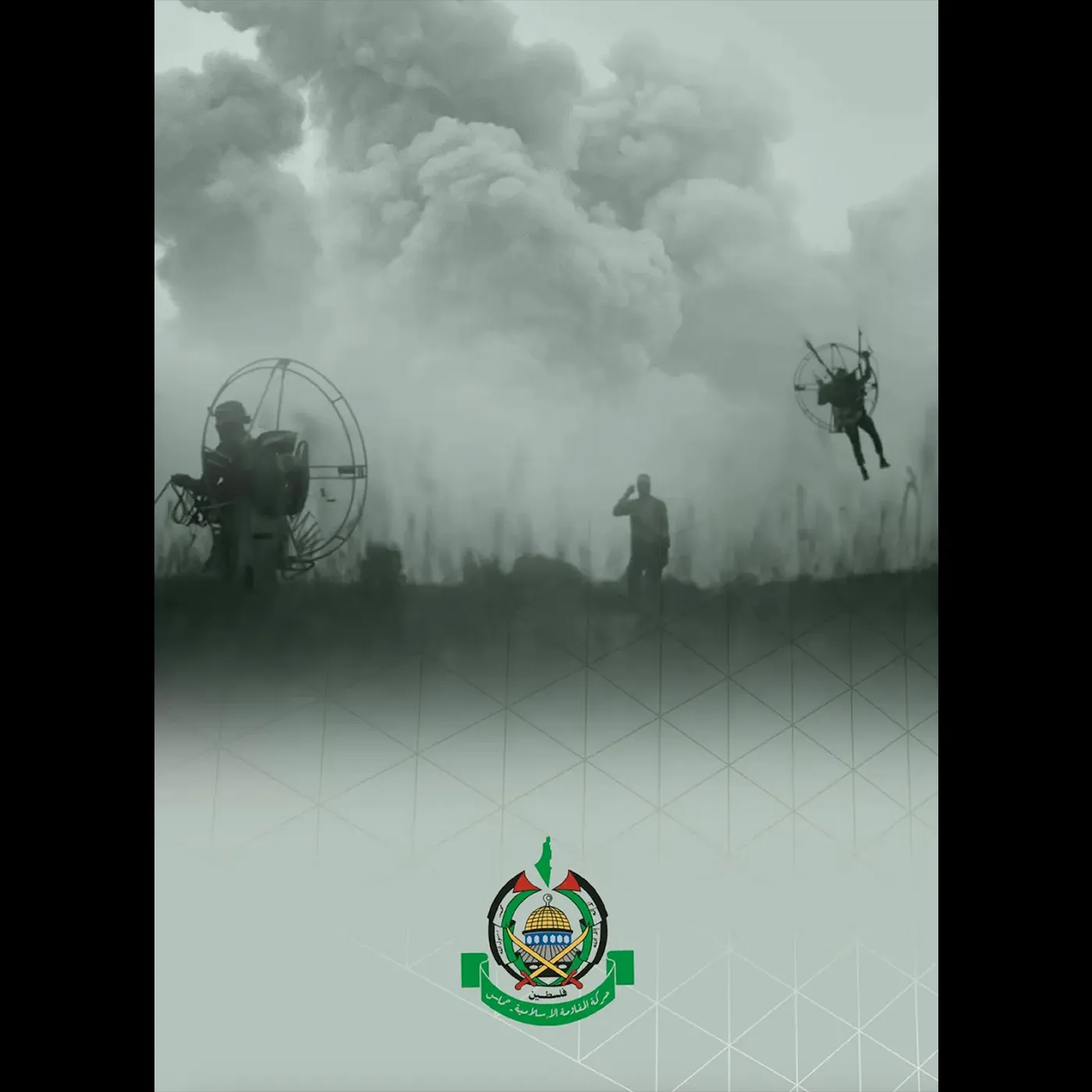
Material Support for Terrorism
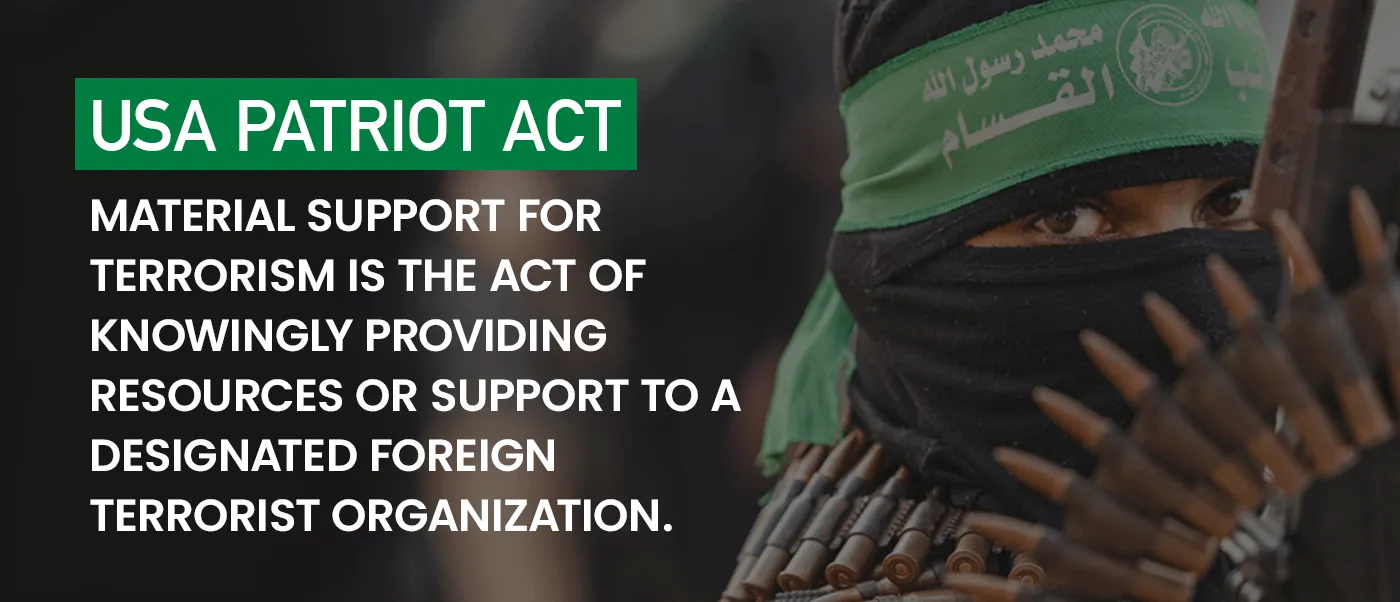
NSJP’s dissemination of the toolkit ignited a fury of allegations that the kit constituted material support for terrorism. As defined by law, material support includes providing “resources…(including) any service or tangible or intangible property.”
In late October 2023, the ADL and the Louis D. Brandeis Center for Human Rights Under Law sent a letter to nearly 200 university presidents asking them to investigate their SJP chapters because of the toolkit, specifically, “whether they have improper funding sources, have violated the school code of conduct, have violated state or federal laws, and/or are providing material support to Hamas…”
Florida Governor Ron DeSantis ordered the closure of two SJP chapters due to the toolkit.
On April 25, 2024, the Secretariat of Palestinian Student Frameworks – a coalition of student groups in Gaza, including the student chapters of Hamas, Palestinian Islamic Jihad, and the PFLP — called on college students around the world to "escalate" the "global student intifada." The appeal was published by CUAD on Substack and promoted by Masar Badil and Samidoun.
Masar Badil, also known as the Palestinian Alternative Revolutionary Path Movement, is led by Khaled Barakat, a fundraiser for the PFLP terror group and the leader of Samidoun (see below).
On October 7, 2023, Masar Badil published a statement on its website calling for "allies of the liberation forces and movements" to express support for the "courageous Palestinian resistance…to organize demonstrations, popular and political events…in support of the 'Al-Aqsa Flood' Operation, announced by the Commander-in-Chief of the Al-Qassam Brigades, Abu Khaled Al-Deif."
Among the goals of Masar Badil is “to build a global force that supports the Palestinian national liberation struggle and the Palestinian resistance and participates in building the foundations of the project of return and liberation” and “strengthening the Palestinian student presence and its central role in the diaspora…”
NSJP Brings the Student Flood to Columbia
Two days before October 7, on October 5, 2023, Columbia SJP re-emerged from a period of obscurity to announce an upcoming general body meeting. The group had been dormant on social media since May 2023.
By October 9, 2023, the group expressed support for the October 7 massacre in an official statement that began: “Columbia Students for Justice in Palestine stands in full solidarity with Palestinian Resistance against over 75 years of Israeli settler-colonialism and apartheid.”
It further declared, “The weight of responsibility for the war and casualties undeniably lies with the Israeli extremist government and other Western governments, including the US government, which fund and staunchly support Israeli aggression, apartheid and settler colonization.”
It demanded that Columbia apologize for the administration’s support for Israel, divest from companies profiting from Israel, cancel the opening of the Tel Aviv Global Center and cease the dual degree partnership with Tel Aviv University.
The statement linked to Columbia professor Rashid Khalidi’s book, “The Hundred Years’ War on Palestine: A History of Settler Colonialism and Resistance, 1971-2017.”
Echoing NSJP’s toolkit and Hamas’ talking points, the statement called for “Not just slogans and rallies, but armed confrontation with the oppressors” and announced a protest at Columbia scheduled for October 12, 2023, in accordance with NSJP’s and Hamas’ call for a “National Day of Resistance.”
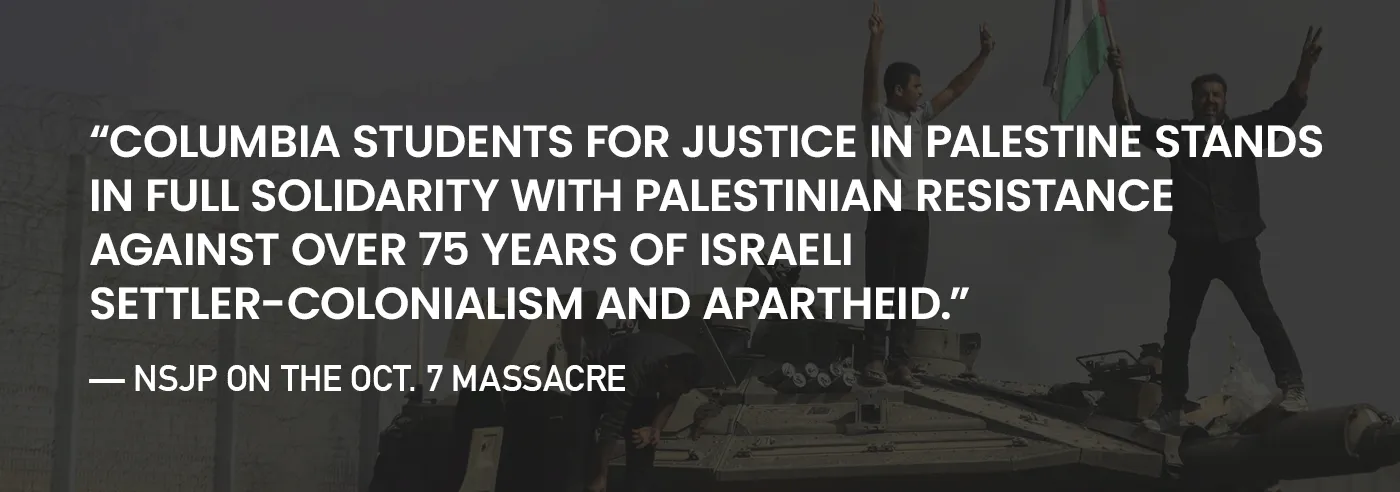
Promotion of Foreign and Domestic Terrorism
In the year following the Hamas terror attack, CUAD absorbed Columbia SJP and transformed from a BDS group declaring itself a “continuation of the Vietnam antiwar movement” to one that openly promoted armed resistance by Hamas and other terror groups.
For example, by October 3, 2024, CUAD posted that Hezbollah was a “Lebanese resistance group” and former Hezbollah Secretary-General Hassan Nasrallah, who was killed by Israel, had died in “martyrdom…in service of the liberation of Palestine.”
In the same post, CUAD praised Iran’s October 1, 2024 missile attack on Israel as a “bold move.” The group named “key resistance leaders” as “Hamas's Haniyeh, Hezbollah's Nasrallah, and Iranian military figures” and praised a Hamas-claimed terrorist attack in Tel Aviv, which killed seven Israeli civilians, including a young mother.
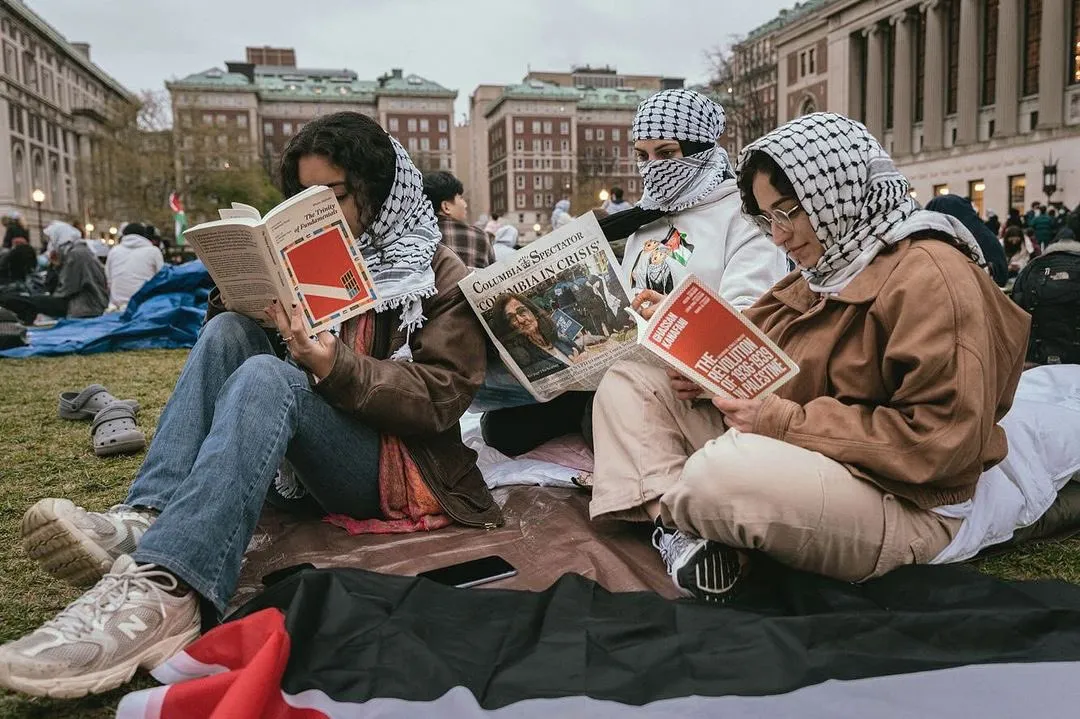
CUAD celebrated the October 7 anniversary with a protest at Columbia and distributed a newspaper with a headline that read, “One Year Since Al-Aqsa Flood, Revolution Until Victory,” over a picture of Hamas fighters breaching the security fence to Israel.
The phrase “revolution until victory” was coined by Yasser Arafat in the 1960s and is written in the charter of the Fatah faction of the Palestine Liberation Organization (PLO), which favored armed struggle against Israel.
On October 8, 2024, CUAD issued a statement saying, “We support liberation by any means necessary, including armed resistance,” and rescinded an apology it made after one of its members, Khymani James, said Columbia was lucky he wasn’t out killing Zionists.
The same day, CUAD openly stated, “Violence is the only path forward.”
On October 9, 2024, The New York Times reported on “the increasing revolutionary tilt of the student movement,” stating that the groups involved now “align their goals with principles known as the Thawabet,” principles crafted by the Palestine Liberation Organization in 1977 which include the Palestinian right to armed resistance and self-determination “from the river to the sea.”
The article quoted an October 7 CUAD Telegram post which read, “The Palestinian resistance is moving their struggle to a new phase of escalation and it is our duty to meet them there.”
On October 14, 2024, U.S. Senator Joni Ernst (R-Iowa) and Congresswoman Elise Stefanik (R-N.Y.) demanded that the Federal Bureau of Investigation (FBI) investigate CUAD’s terrorist threats, saying, “These threats aren’t idle.”
The senators wrote, “The time to act is now. Rarely has the FBI had such public and obvious evidence of potentially imminent violence. This cannot become another instance in which a terrible case of violence takes place at a school and the FBI issues a statement after the fact that the perpetrators were ‘on its radar,’ but did nothing.”
On November 7, 2024, CUAD published “A Tribute to Yahya Sinwar,” the Hamas leader and mastermind behind the October 7 attack who was killed by Israel on October 16, 2024. In the tribute, they glorified Sinwar as a “hero of the revolution,” contending that the atrocities committed by Hamas during the massacre were his “crowning achievement” and that they would use Sinwar and his terrorism as an inspiration to “drive this movement forward.”
CUAD continued, “As members of the collective pursuit of Palestinian freedom, each of us should look to him as a clear illustration of what it means to devote a full lifetime to the intifada. Yahya Sinwar became the 'self-made individual' that he wrote about. It's now the time for us to reflect on how we can make ourselves more like him.”
In September 2024, the ADL published a report titled “Anti-Israel Activism on U.S. Campuses 2023 – 2024,” which found that Columbia had the highest number of antisemitic incidents on any U.S. campus the last year.
The report identified 2,087 anti-Israel incidents, including “assault, vandalism, harassment, protests/actions and divestment resolutions” between the beginning of June 2023 and the end of May 2024. The report found a “staggering 477% increase in those categories compared to the same period in 2022-2023,” which the ADL said “marks the highest number ever documented by ADL.”
Pending Cases Against SJP for Support for Terror
In May 2024, law firms representing American and Israeli victims of the October 7 attacks filed cases in federal courts seeking damages under the Anti-Terrorism Act against NSJP and individual SJP chapters. As of the date of this report, the cases are ongoing.
The cases claim Hamas has extended its terrorist influence to college campuses in the United States by “infiltrating National SJP and SJP chapters, establishing student arms of Hamas to spread intimidation tactics, coercion policies, and a terrorist agenda.”
The first case, Shnaider et al v. American Muslims for Palestine et al, targets the network of pro-terror organizations behind the anti-Israel disruptions on college campuses and their leaders, designating them to be part of the Hamas “organizational network” in America.
The complaint names AMP, NSJP and all 275 SJP chapters as well as Within Our Lifetime and CodePink for their support of SJP.
The complaint argues [p.76] that AMP receives funds through various organizations that have supported and contributed to the advancement of Hamas. AMP, in turn, helps finance National SJP and the SJP chapters with these terrorist-linked funds.
The lawsuit also characterizes [p.111] pro-terror protests on college campuses “as an extension of the October 7 attacks by SJP, the student arm of Hamas.”
“The crux of this case is that the Defendant’s ideology, messages, and actions closely align with those of Hamas, so much so that they share a common pursuit,” the complaint states [p.157].
It continues, “SJP’s various events and publications (including the Toolkit) and National SJP annual conferences over the course of the last decade and up until the present day fall within the purview of training and expert advice regarding the violent and terrorist mission of Hamas.
“These activities and statements have directly contributed to the promulgation and strengthening of Hamas’s agenda in the United States and to the recruitment of followers.
“All of the material support that all of the Defendants have provided to Hamas, both before and after the October 7 Attacks, regardless of whether they were intended to support terrorist or non-terrorist activities, have ultimately inured to the benefit of Hamas and its terrorist agenda.” [p.159] [Emphasis added]
The suit further states, “‘Material support’…helps lend legitimacy to foreign terrorist groups—legitimacy that makes it easier for those groups to persist, to recruit members, and to raise funds—all of which facilitate more terrorist attacks.
“Material support may take various forms. Defendants knowingly provided material support to Hamas by providing the platform, communication, public relations, and other material support within the United States … Defendants’ broad support, influence and activities act as a surrogate for Hamas, exerting political pressure, coercion and influence on the United States government and, by extension, on the State of Israel.” [p.165]
The second case, Parizer v. AJP/AMP and NSJP, names AMP and NSJP as defendants. The case claims these groups provide material support for Hamas through their pro-Hamas propaganda efforts described as “instrumental to Hamas’s terrorist activities and ability to remain functional amid Israel’s response.”
The complaint outlines a Hamas “terror by propaganda strategy” as explicitly outlined in Article 29 of the Hamas Charter which calls on its supporters globally to provide strategic support.
The suit states, “Hamas relies on its propagandists around the world to do its bidding, spreading its falsehoods about Israel and the Jews far and wide, and to instigate a culture of violence and fear to sway global institutions to behave in Hamas’s favor. Global propaganda, particularly directed at the West and the United States, is not just one small part of Hamas’s broader strategy: it is Hamas’s grand strategy.” [p.19] [Emphasis added]
The complaint continues, “Defendants upheld their commitment in the NSJP Toolkit to treat ‘liberation’ as something ‘beyond symbolism and rhetoric’ that is secured through ‘confrontation by any means necessary.’ Defendants’ members and allies responded to this command by engaging in illegal acts of domestic terrorism—including trespass, assault, vandalism, robbery, destruction of property, harassment, and intimidation—to further the ‘resistance efforts.’ [p.24]
“Defendants continue to provide crucial ongoing public relations services to Hamas to generate support for its ongoing terrorism. As a sanctioned FTO, Hamas is prohibited from hiring an American public relations firm. Defendants fill this critical gap by providing invaluable communication services that Hamas cannot receive or pay for elsewhere in the United States. [p.29]
“Defendants consistently respond to Hamas and its allies’ calls for mass protests and support. Indeed, Defendants seem to almost always answer the calls from Hamas, and Hamas, in turn, continues to express its organizational appreciation.” [p.30]
The suit points to Hamas representatives adopting liberal progressive language to further their aims: “Defendants do not just parrot Hamas’s talking points. Indeed, Hamas has regularly adopted Defendants’ propaganda language and framing.”
Notably, the suit pointed out that, "On October 8, the day after Hamas’s terrorist attack, AMP and NSJP were prepared and responded to Hamas’s “call for mass mobilization” by disseminating a manifesto and plan of attack (“NSJP Toolkit”) which includes materials that appear to have been created before the attack." [p.2]
Administrative Complicity
In November 2023, in response to students protesting the suspension of Columbia SJP, the administration issued a statement reading, “The university will not apologize for enforcing its policies and procedures that are in place to create a safe campus community in which core university activities can be conducted without interruption.”
The statement made no mention of SJP’s antisemitic rhetoric and calls for violence, implying that lifting the suspension would not be contingent on the cessation of Columbia SJP’s support for terror but on the group’s adherence to university rules.
Similarly, on May 1, 2024, after the takeover of Hamilton Hall, Columbia sent a “campus update” that said, “The decision to reach out to the NYPD was in response to the actions of the protesters, not the cause they are championing.”
By May 3, 2024, then-Columbia president Minouche Shafik was already glossing over the takeover of Hamilton Hall and the rampant support for the annihilation of the Jews by Columbia’s students and faculty by saying, “Many people who gathered [at the encampment] were largely peaceful.”
In September 2024, Columbia’s Interim President Katrina Armstrong issued an all-out apology to students who were arrested in the Hamilton Hall incident and during the clearing of the encampment, saying: “If you could just let everybody know who was hurt by that, that I’m just incredibly sorry.”
“I know it wasn’t me, but I’m really sorry … I saw it, and I’m really sorry,” she continued.
The October 2024 House Republican staff report noted [p.100], “Armstrong’s apology represented the culmination of Columbia’s capitulation to the students who had engaged in criminal conduct and the radical faculty who obstructed discipline on their behalf.
“Less than six months after Columbia’s leaders had promised Congress that the University would not tolerate antisemitism and would ensure a safe learning environment, the University had lifted discipline for its most extreme offenders and its President had apologized to them.”
Columbia's Continual Promotion of Pro-Terror Students and Faculty
Since the rise of the unlawful encampments on its campus into the present, Columbia has stood firm in its support for pro-terror students and faculty. It has made no move to alter the departments and their courses mentioned above.
The following three items illustrate Columbia's attitude:
- The National Review reported that Johannah King-Slutzky, a Columbia instructor and graduate student arrested [03:05:49] at the encampment on April 18, 2024, and subsequently suspended, was granted a teaching position at Columbia in the fall 2024 semester. King-Slutzky will teach “Contemporary Western Civilization.”
- Following Columbia Professor Joseph Massad’s support for the October 7 massacre, Columbia scheduled Massad to teach a class on the Israeli-Palestinian conflict in the 2025 spring semester.
- In December 2024, Columbia SJP launched its official newspaper, “The Columbia Intifada” which was made available to readers in Columbia's Butler Library as part of “Read Palestine Week.” Columbia SJP distributed 1,000 copies on campus. FSJP promoted the newspaper on Instagram.
Refusal to Comply with Congressional Inquiries
On August 21, 2024, Education and the Workforce Committee Chairwoman Rep. Virginia Foxx (R-NC) issued six subpoenas as part of the ongoing effort to root out antisemitism at Columbia. Columbia’s interim president, Katrina Armstrong and the co-chairs and vice chairs of the Board of Trustees were among those called to testify.
In a press release, Foxx stated, “Columbia should be a partner in our efforts to ensure Jewish students have a safe learning environment on its campus, but instead, university administrators have slow-rolled the investigation, repeatedly failing to turn over necessary documents.
“The information we have obtained points to a continued pattern of negligence towards antisemitism and a refusal to stand up to the radical students and faculty responsible for it.”
The 2024 House Report reported the same, saying [p.28] that Columbia failed to provide information requested in a joint investigation into its medical school and associated medical centers initiated in September 2024 following reports of antisemitism and unequal medical treatment for Israeli students.
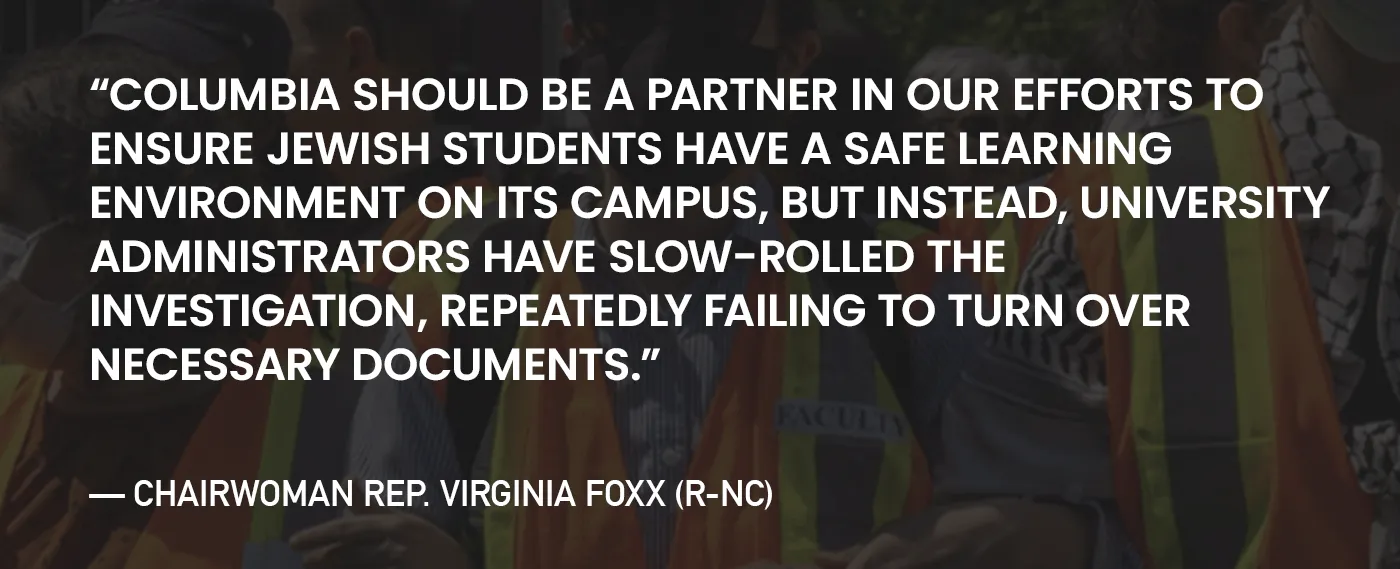
Failure to Ensure Jewish Safety on Campus
On April 17, 2024, Shafik testified before Congress that “safety is paramount” and that “antisemitism has no place on campus.” The same day, Columbia allowed its students to erect an unlawful encampment supporting an antisemitic, genocidal terror group.
From that day forward, Columbia's official announcements addressed safety and inclusivity concerns arising from the anti-Israel protests and encampments on campus. The university’s president pledged to “keep all members of our community safe” on multiple occasions.
However, reports [p.26] of harassment of and violence against Jewish students on campus tell a different story. At the very least, Columbia failed to provide adequate campus security staff to protect vulnerable students and ignored staff warnings and concerns about safety.
On April 21, 2024, encampment organizer Khymani James was featured in a video posted on X showing James organizing protesters at the encampment into a human chain to “push” pro-Israel students out of the encampment.
With their arms linked, James led the crowd in chanting [00:00:17], “We have Zionists who have entered the camp. We are going to create a human chain…so that they do not pass this point and infringe upon our privacy and try to destruct [sic] our community…”
That day, Rabbi Eli Buechler, the director of Columbia's Orthodox Union Jewish Learning Initiative on Campus (OU-JLIC) at the Columbia Barnard Hillel, sent a WhatsApp message to over 290 Jewish students at Columbia urging them to leave campus and “return home as soon as possible’’ due to growing threats of anti-Jewish violence by pro-Hamas students.
Buechler wrote that the protest "in and around campus is terrible and tragic," adding that recent events "have made it clear that Columbia University's Public Safety and the NYPD cannot guarantee Jewish students' safety in the face of extreme antisemitism and anarchy."
On May 7, 2024, The Free Press interviewed a Columbia worker who was “taken hostage” when protesters took over Hamilton Hall on April 30, 2024.
Four days before the student insurrection, the employee notified Columbia officials that he had found a [pro-Hamas] girl hiding in one of the janitor’s closets, but his concerns were ignored. On the night of the takeover, only one guard was assigned to the site.
Regarding Columbia officials, the worker said, “It felt like they didn’t even care. They were just worried about the protesters—don’t hurt the protesters. What about the safety and security of the workers that’s [sic] working in the building under these conditions?”
Intentional Discrimination Against Jews and Israelis
In June 2024, 47 students filed a complaint against Columbia and Barnard in the U.S. District Court for the Southern District of New York alleging discrimination under Title VI, New York and New York City Human Rights laws and the Ku Klux Klan Act.
The complaint charged [p.20] that Columbia’s “selective enforcement of its own rules … reflect a shameful double standard in its failure and refusal to apply these policies in a nondiscriminatory manner to protect Jewish and Israeli students and prevent antisemitism on campus, deeming Jewish and Israeli students unworthy of the protections Columbia University readily affords non-Jewish and non-Israeli students.”
The complaint detailed:
- The failure of Columbia officials and faculty to file “bias” incident reports detailing intimidation of Jewish students [p.41]
- Columbia’s discriminatory application of its events rules against pro-Israel student clubs [p.49]
- Columbia’s refusal to allow Jewish students who feared the hostile climate on campus to participate in their classes via Zoom [P.52]
The 2024 House Report highlighted the findings [p.7] of Columbia’s own Task Force on Antisemitism, which “detailed an atmosphere of pervasive civil rights violations at the University.”
For example, the Task Force found:
- Israeli students were frequently targeted due to their national origin (a violation of federal anti-discrimination law)
- Hatred toward Israelis reached such alarming levels on campus that it was difficult for Israeli students to access campus services, including healthcare
- Visibly observant Jewish students were frequently met with extreme hostility
Disproportionate Discipline of Jewish Students and Faculty
At the April 17, 2024, Congressional hearing on antisemitism, Shafik testified that there had been 15 suspensions related to antisemitism on campus. She was challenged by Congresswoman Virginia Foxx, who countered, “That’s misleading. In fact, only three students were given interim suspensions. All three were lifted including a student who repeatedly screamed ‘F*ck the Jew’…”
Foxx continued, “The only two students who are still suspended are the two Jewish students who were suspended for spraying the odorous substance. The substance was a non-toxic gag spray. While that was an inappropriate action, for months Jewish students have been vilified with false accusations of a ‘chemical attack’ and Columbia failed to correct the record.”
The 2024 House Report concurred, stating, [p.12] “Columbia’s failure to correct the false narrative on a ‘chemical attack’ that later proved to be ‘fart spray,’ allowing it to persist for months, was indicative of an ‘intentional decision’ on behalf of Columbia administrators not to address the egregious antisemitism on their campus and to subject Jewish students whose complaints had been ignored by administrators to disproportionate treatment.”
“In an apparent case of disparate treatment, the Jewish students responsible were given excessive year-and-a-half long suspensions, substantially longer than any suspension for antisemitic conduct violations.”
“Columbia failed to correct the record despite requests from the Jewish community, even as anti-Israel students used the false narrative of a ‘chemical attack’ purportedly involving military-grade ‘skunk spray’ to demonize Jewish students and call for excluding Israelis.”
“Columbia finally acknowledged that the incident was not a ‘chemical attack’ in August 2024, pursuant to a settlement with one of the Jewish students who was excessively disciplined. The settlement awarded the student $395,000 and modified the suspension to conditional disciplinary probation.”
A second example occurred in January 2024; Columbia conducted [p.4] a virtual meeting with Khymani James, an outspoken anti-Israel activist and student at the university, to discuss [00:00:11] James’s Instagram post about Zionists that said, “I don’t fight to injure or for there to be a winner or a loser, I fight to kill.”
James, who live-streamed the meeting on Instagram, said during the meeting [00:01:42]: “...if an individual who identifies as a Zionist threatens my physical safety in person i.e. puts their hands on me, I am going to defend myself. And in that case scenario, it may come to a point where I don’t know when to stop.”
In the same meeting, James also said [00:05:51]: “Zionists, they don’t deserve to live comfortably, let alone, Zionists don’t deserve to live…Zionists, they shouldn’t live in this world…the existence of Nazis, white supremacists, Zionists - these are all the same people…And so yes, I feel very comfortable, very comfortable calling for those people to die.”
After the meeting, James continued recording himself and said to viewers [00:47:17]: “Zionists, they’re Nazis, they’re Nazis, they’re fascists, they’re supporters of genocide. Why would we want people who are supporters of genocide to live? ...Zionists, along with all white supremacists, need to not exist … And so, be glad, be grateful that I’m not just going out and murdering Zionists…”
In spite of James’s violent threats against Jews, Columbia allowed James to return to campus and serve as the organizer, media liaison [p. 5] and a member of the “safety team” at the pro-Hamas encampment.
It was only on April 19, 2024, after the launch of the encampments and Shafik’s congressional hearings that Columbia placed [p. 5] James on “disciplinary probation.” This “disciplinary probation” status allowed James to continue studying at Columbia and his leadership position in the encampments.
On April 26, 2024, Columbia placed [p.6] James on “interim suspension” and in August 2024, Columbia suspended [p.12] James for the 2024-2025 academic year.
James's case stands in stark contrast to Columbia’s treatment of pro-Israel students and Columbia assistant professor Shai Davidai, who is Jewish and Israeli-American.
Following October 7, Davidai became a vocal advocate for Israel, both at Columbia and on social media. On April 9, 2024, Columbia SJP released a petition calling for Columbia to terminate Davidai and alleging that “Shai’s usage of his social media platform to harass students is a clear violation of university policy and an abuse of power from a faculty member.”
SJP’s petition against Davidai ironically cited policies from the Office of Equal Opportunity and Affirmative Action, which states that “treating members of a protected class less favorably because of their membership in that class or having a neutral policy or practice that adversely impacts the members of one protected class more than others constitutes discrimination.”
On April 22, 2024, following the NYPD’s arrest of student protesters and the re-establishment of the encampment, Columbia temporarily barred Davidai from entering certain gates of the campus by deactivating his Columbia ID card. That day, Davidai had planned to lead a pro-Israel rally on campus.
In an email sent to Davidai that same day, Columbia Chief Operating Officer (COO) Cas Holloway informed him that he is "not permitted to enter the West Lawn," citing "the obvious risk to the safety of students and other members of our community," despite the fact that Davidai had no history of violence.
In October 2024, Columbia again barred Davidai’s access to campus after he publicly criticized Holloway for permitting pro-Hamas demonstrations on campus on the anniversary of the October 7 massacre.
CUAD celebrated the anniversary with a walkout and rally, during which protesters chanted “Globalize the Intifada.” At the rally, CUAD distributed a newspaper with a headline that read, “One Year Since Al-Aqsa Flood, Revolution Until Victory” printed over a picture of Hamas fighters breaching Israel’s security fence.
Columbia spokesperson Milly Wert stipulated that Davidai would not be allowed to return to campus until he “undertakes appropriate training on our policies governing the behavior of our employees.”
In response, Davidai said, “I’m happy to complete the training if Cas Holloway completes it with me. Innocent people don’t get punished, not in a democracy, and I refuse to take a punishment for something that I’m innocent [of].”
There have been no such reports of Columbia requiring such training for faculty who joined the illegal campus encampments or prevented Jews from entering them.
Conclusion
Columbia SJP and its network of allies, along with a large contingent of the university’s faculty, have openly aligned themselves with the Iranian terror proxy Hamas. This tightly coordinated network of organizations, students and professors not only endorsed the events of October 7 but also helped facilitate the terror group’s ongoing “Al-Aqsa Flood” campaign.
Columbia University, with its history of extremist student activism and administrative capitulation, was chosen explicitly by NSJP to ignite a nationwide “student intifada.”
The plan proved successful, with the administration effectively falling in line, shielding pro-terror students and faculty from any substantial consequences for their unlawful activities.
While Columbia paid lip service to the surge in antisemitism on campus, in practice, it refused to protect Jewish students and staff—individuals whose safety was threatened and who have been judged by a double standard rooted in allegations fabricated by the administration.
Despite failing thus far to issue a decisive condemnation of the events of October 7, interim president Katrina Armstrong’s first significant move was to offer a sympathetic apology to Columbia’s pro-terror students arrested after occupying Hamilton Hall and during the dismantling of their encampment.
According to a congressional report, “Armstrong’s apology represented the culmination of Columbia’s capitulation to the students who had engaged in criminal conduct and the radical faculty who obstructed discipline on their behalf.”
It is clear from this report that Columbia University has discriminated against and facilitated hatred of Jews in violation of federal Title IX laws. It is time for the federal government, along with Columbia’s private donors, to stop the flow of funds until such time that Columbia institutes a much-needed course correction.
Methodology
Canary Mission conducted a comprehensive investigation into the antisemitic environment at Columbia University, with a focus on the events surrounding the April 2024 encampment. Our report analyzed the individuals and groups involved, including external pro-terror organizations.
The data for this report was gathered exclusively from open-source intelligence (OSINT) sources, including publicly accessible websites, online databases, and social media platforms such as X, Instagram, Facebook and YouTube. Quantitative analysis was applied to categorize and evaluate the scale and scope of participation, as well as to identify trends within the collected data.
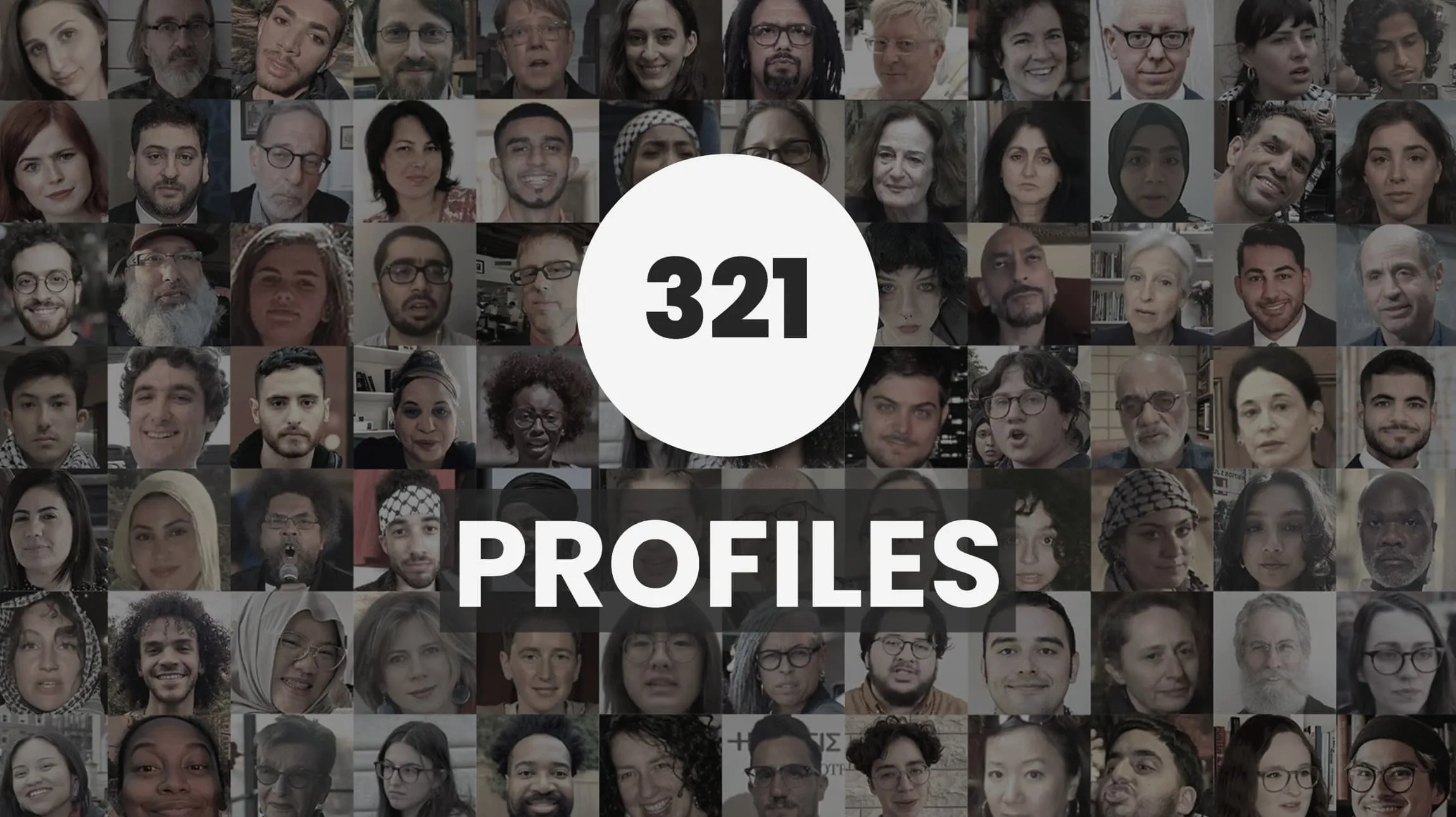
The report details 321 profiles of individuals who met one or more of the following criteria:
- Supported, participated in or spoke at the Columbia encampment
- Were influential in promoting Hamas ideology at Columbia
- Leading organizers of pro-terror student groups on or adjacent to campus, including but not limited to SJP, JVP, CUAD and WOL
Individuals from four primary categories were included: Columbia Students, Columbia Professors, Columbia University Staff, and Outside Agitators, .
This category covers all current and recently graduated Columbia University students.
This category encompasses all faculty members at Columbia University. This category includes professors from Columbia University, Barnard College and Union Theological Seminary.
This category is for all non-faculty staff members affiliated with Columbia University.
This category applies to individuals who participated in events but were not directly affiliated with Columbia University as current students, professors, or staff.
Student Profiles

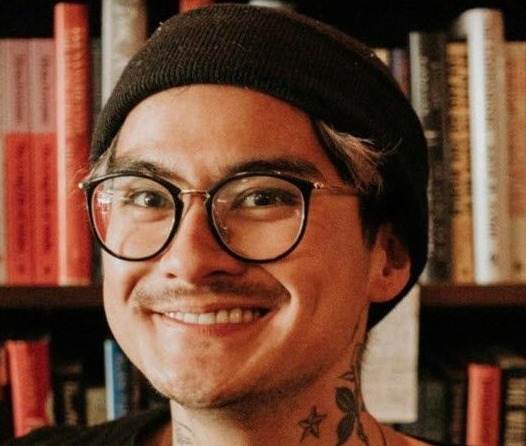
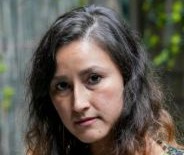
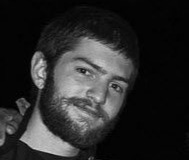
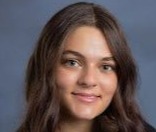

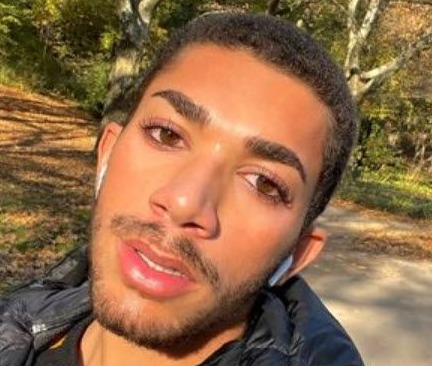


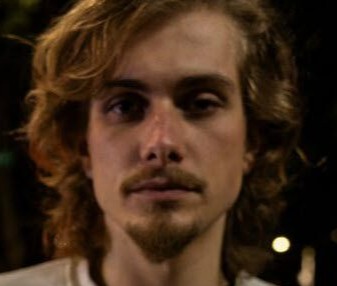
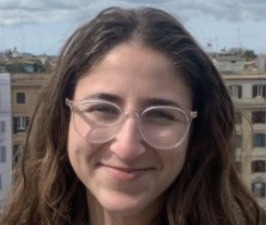
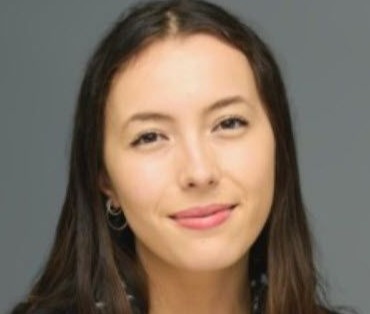

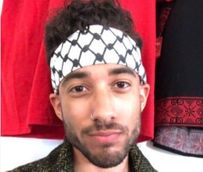
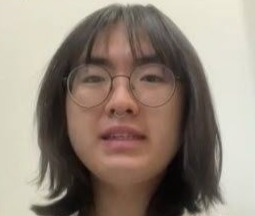
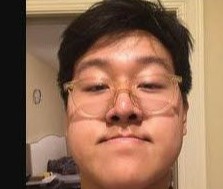

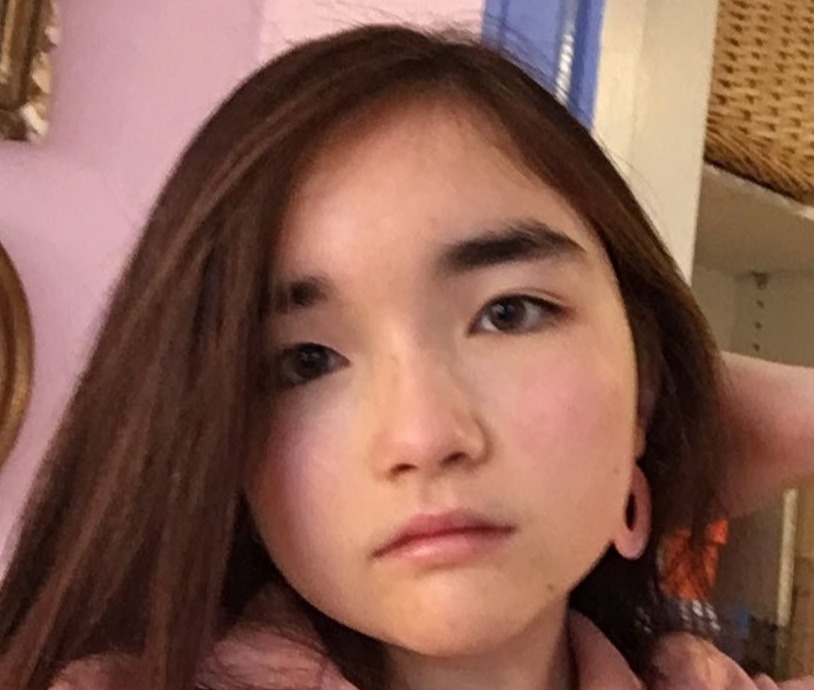
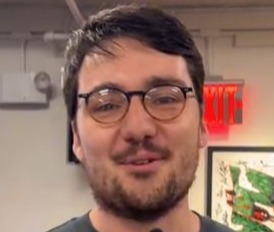
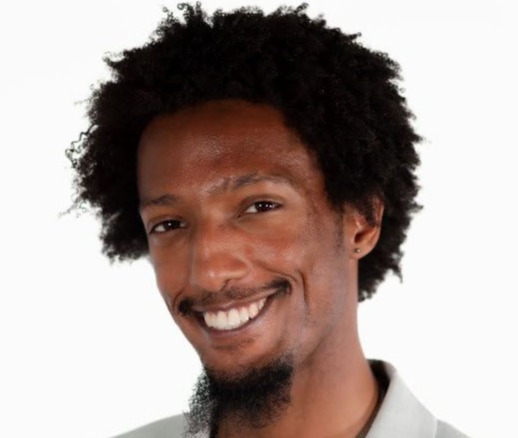
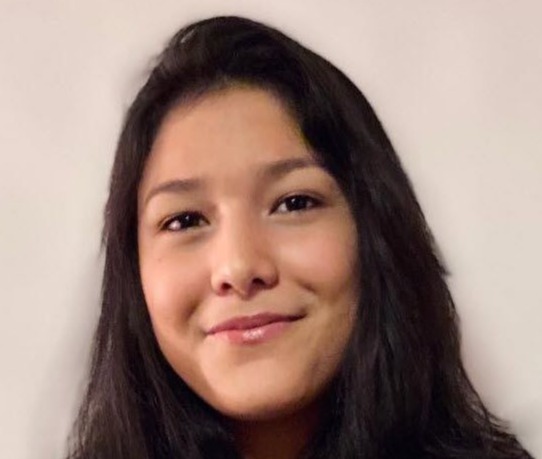
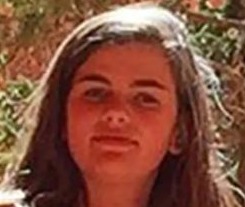
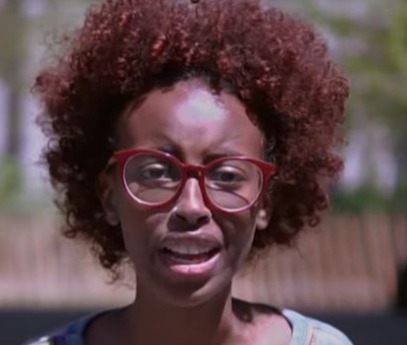
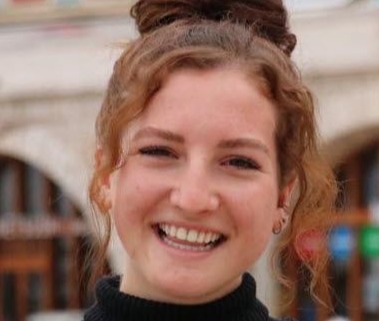
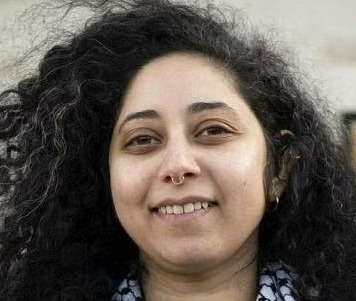
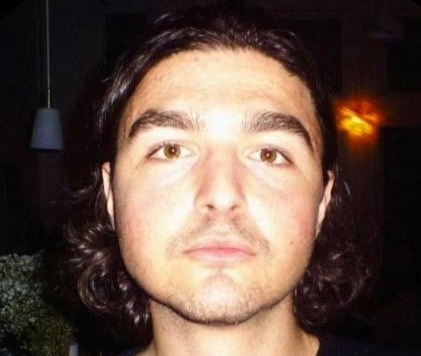
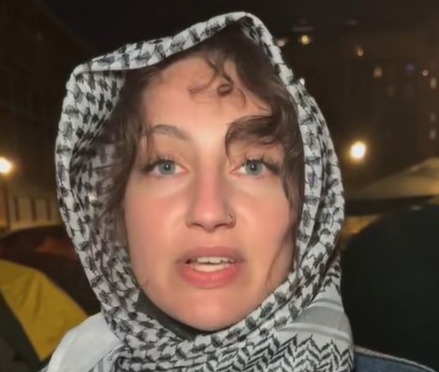
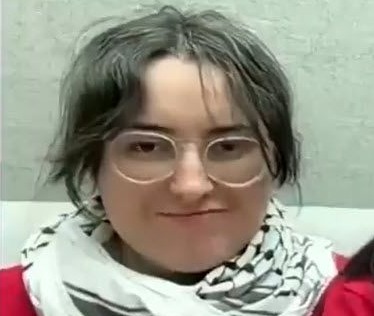
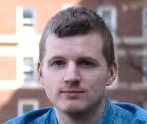

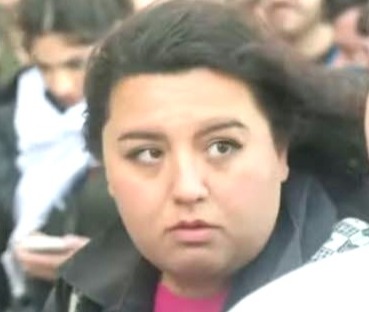


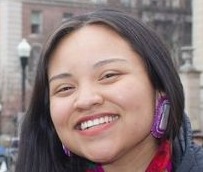

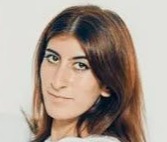

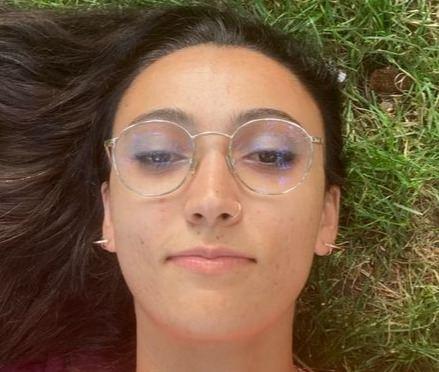
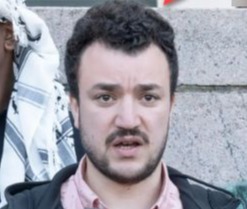


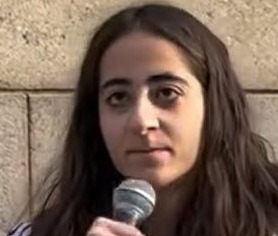
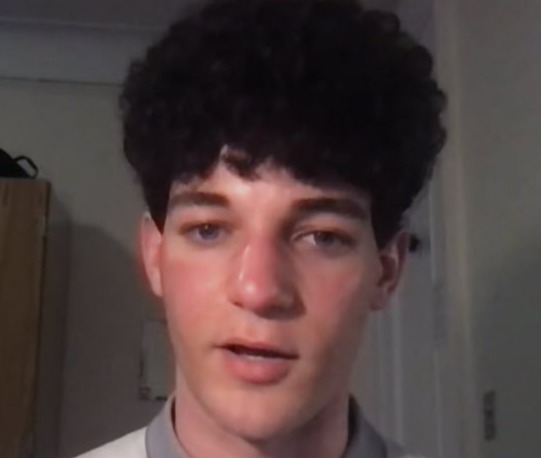
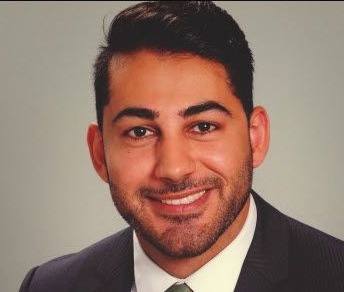
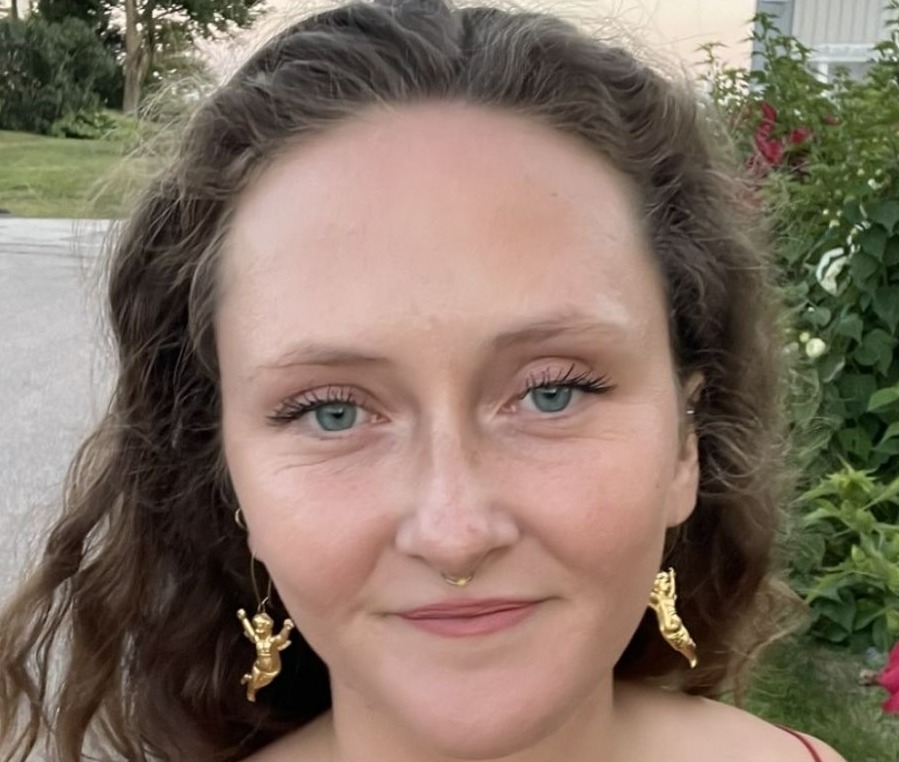
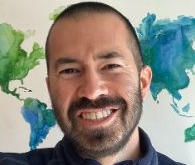
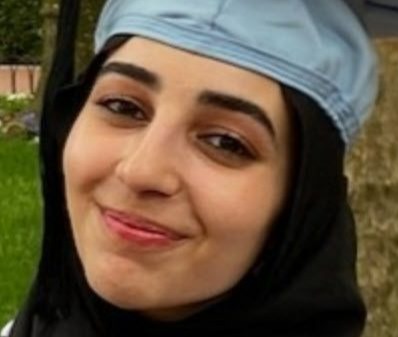
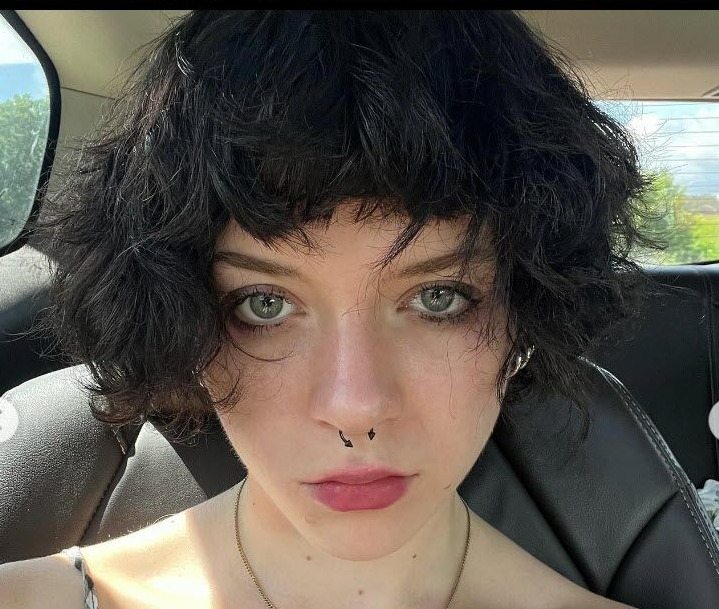
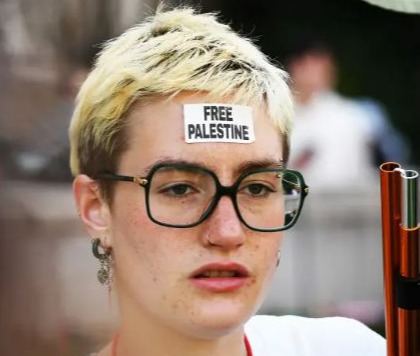
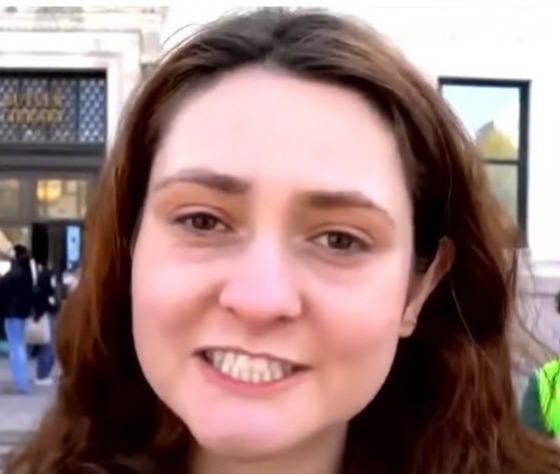
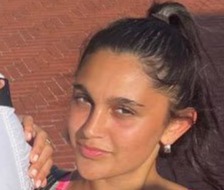
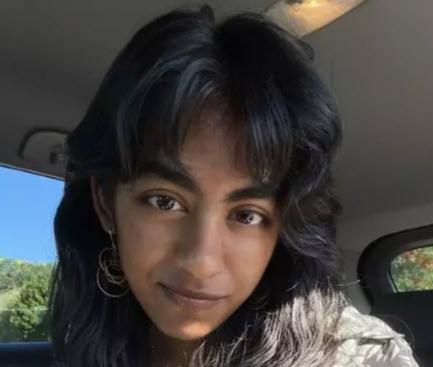
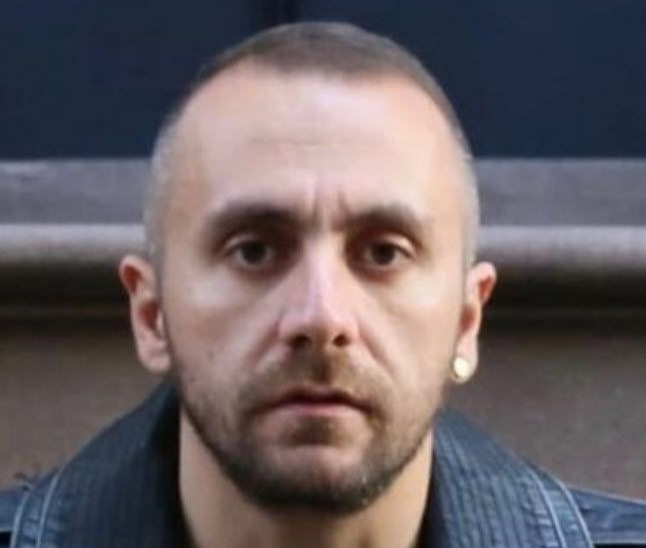
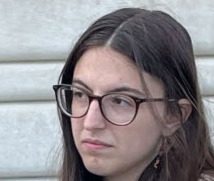
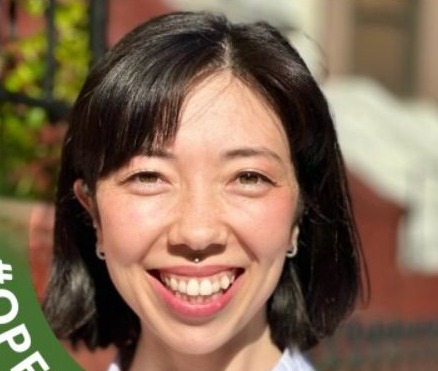
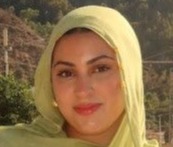
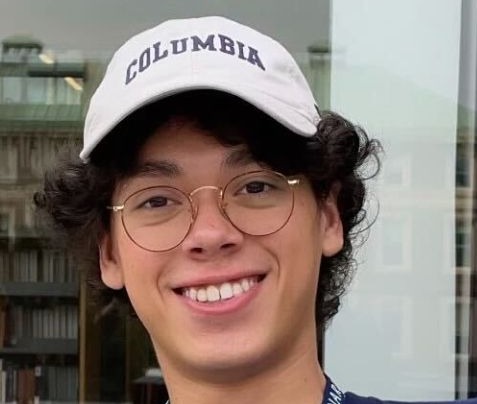

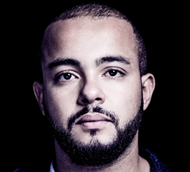

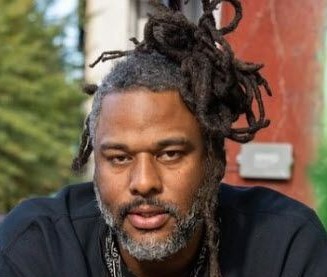
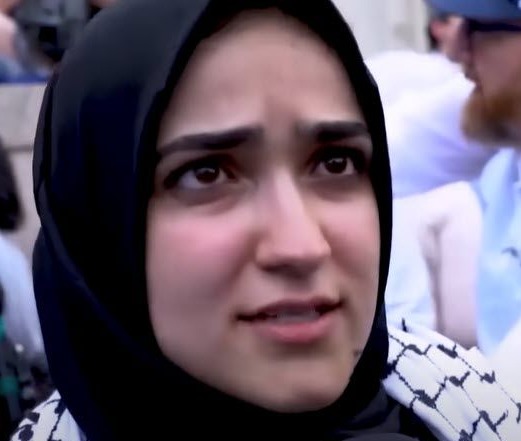
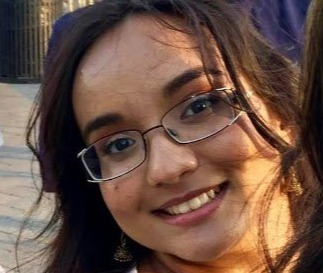
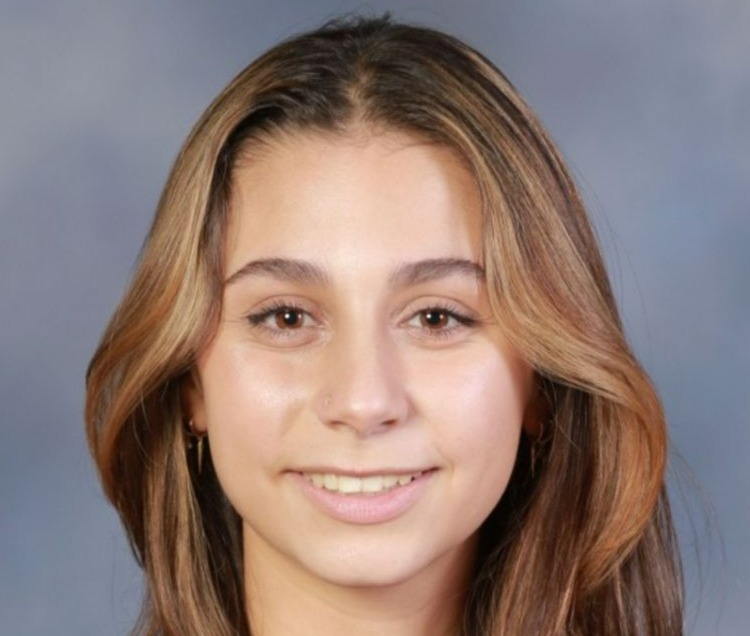
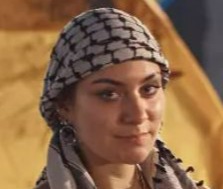
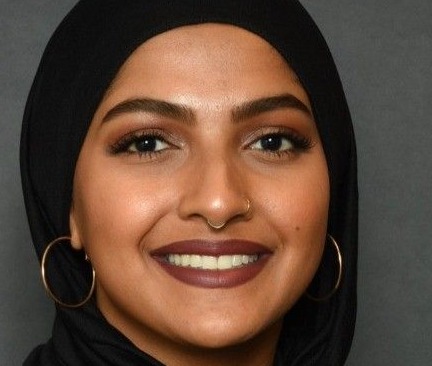
Faculty and Staff Profiles
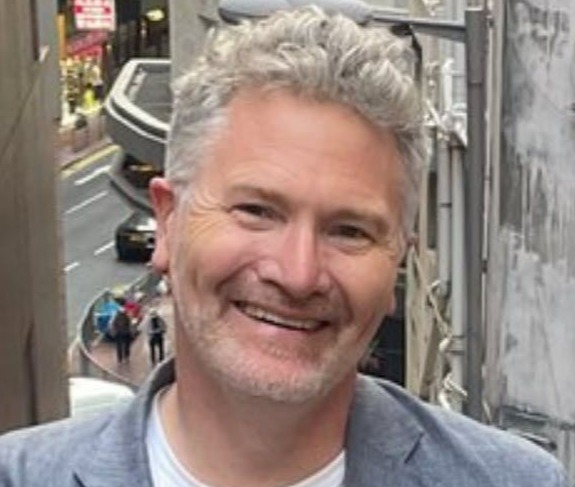
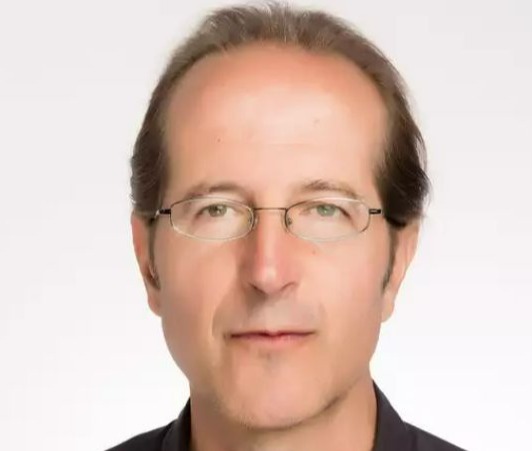
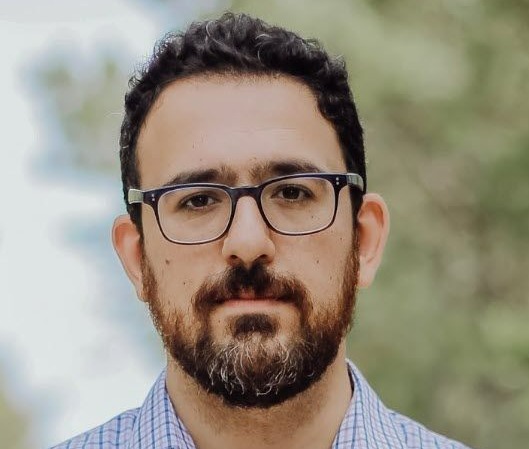
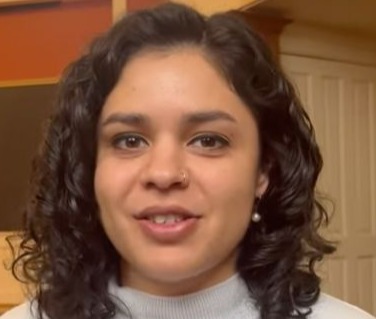
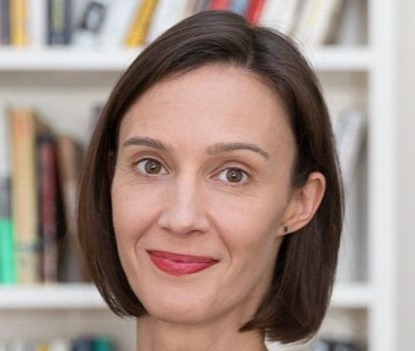
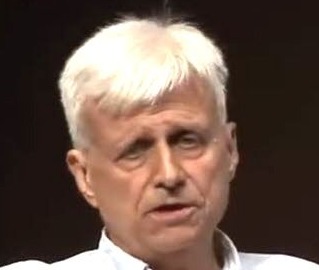
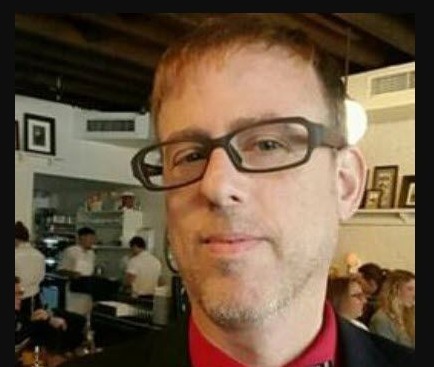
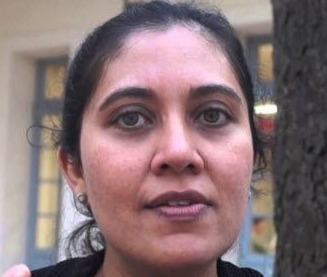
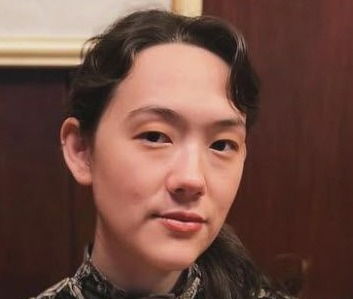
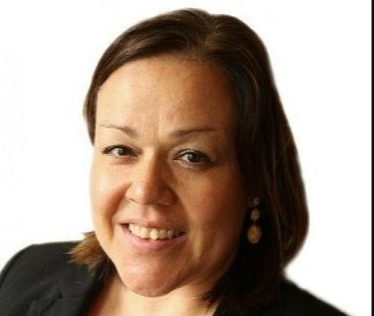
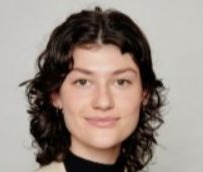
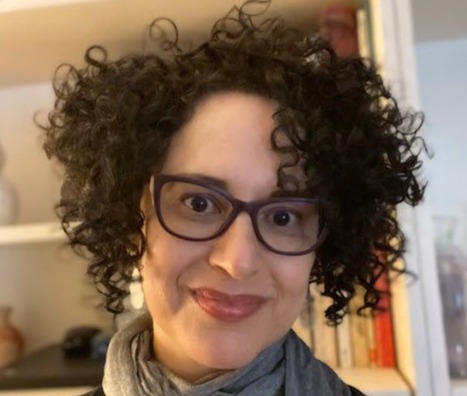
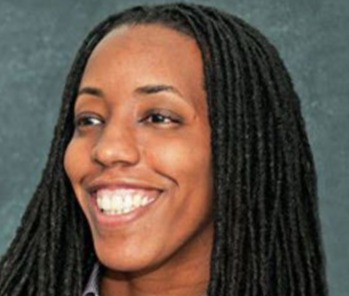
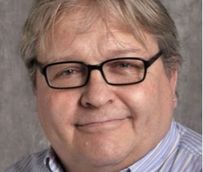
_203x172_aIItnS.jpg)
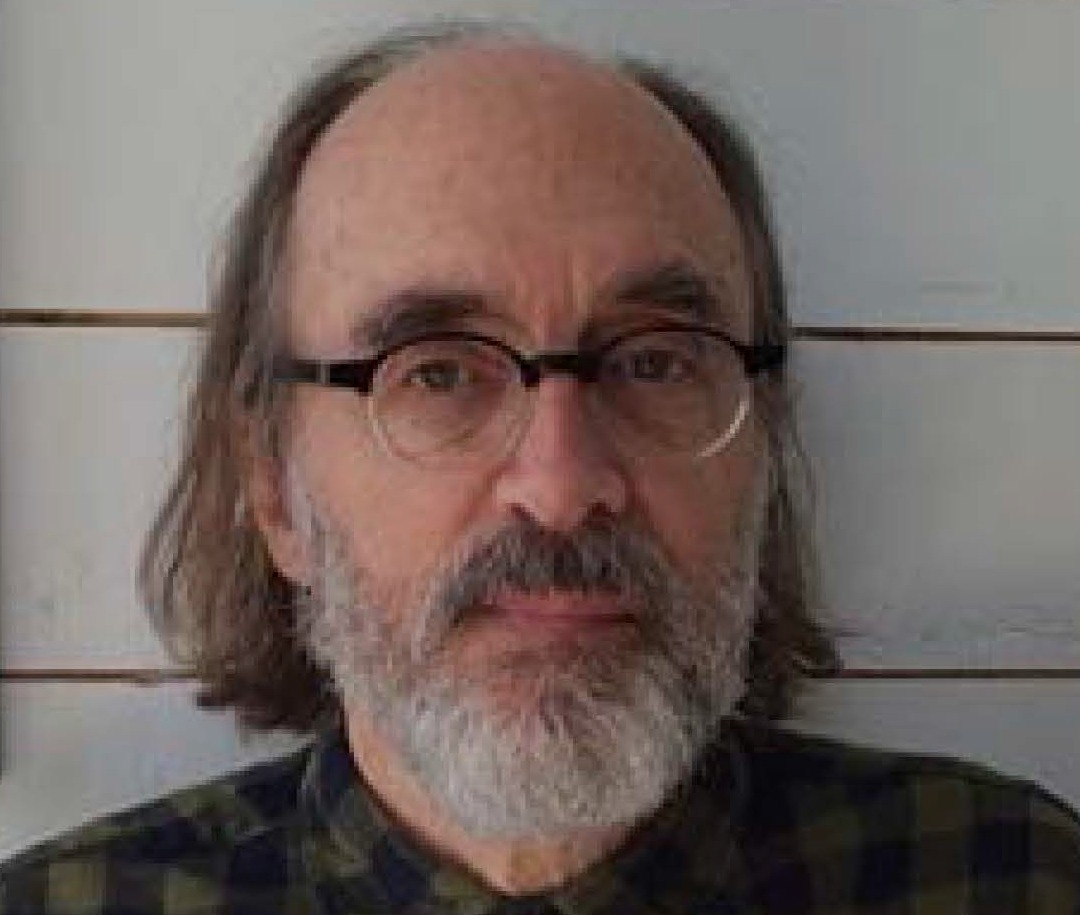
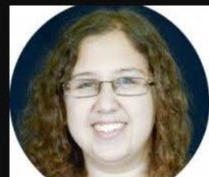
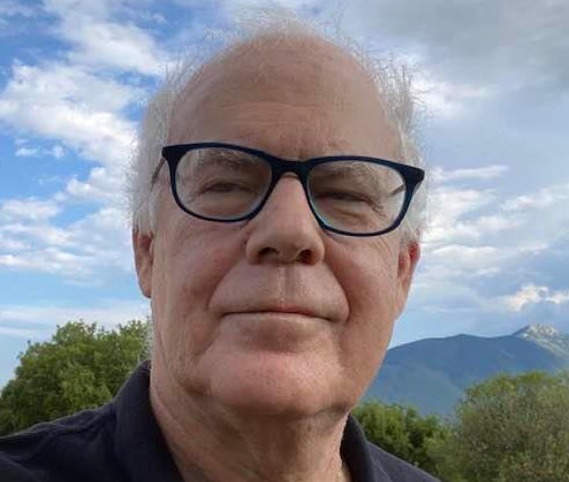
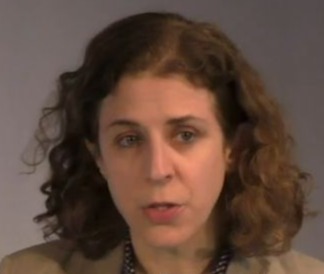


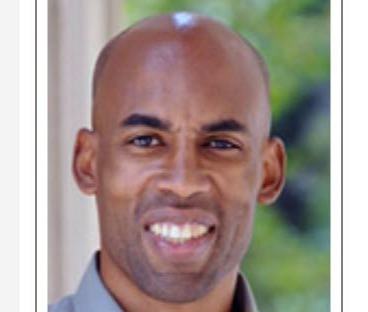
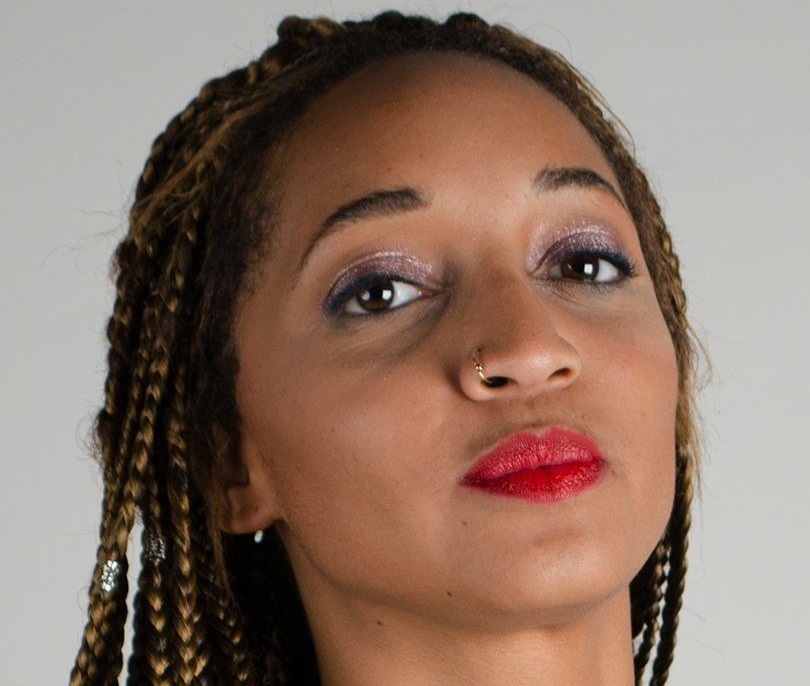
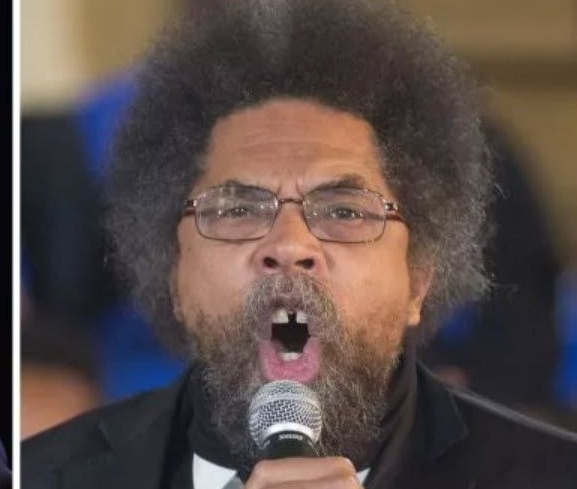
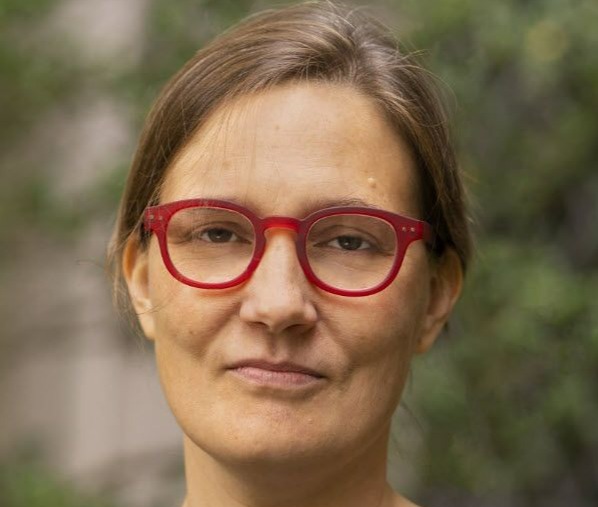

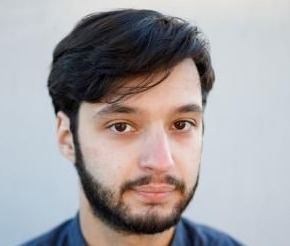
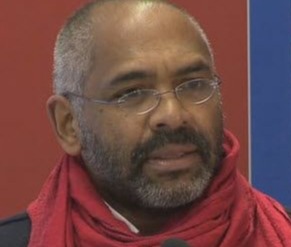
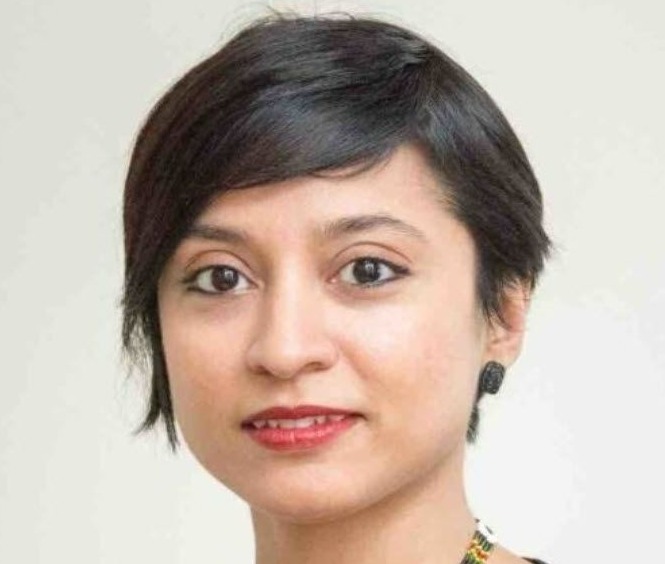
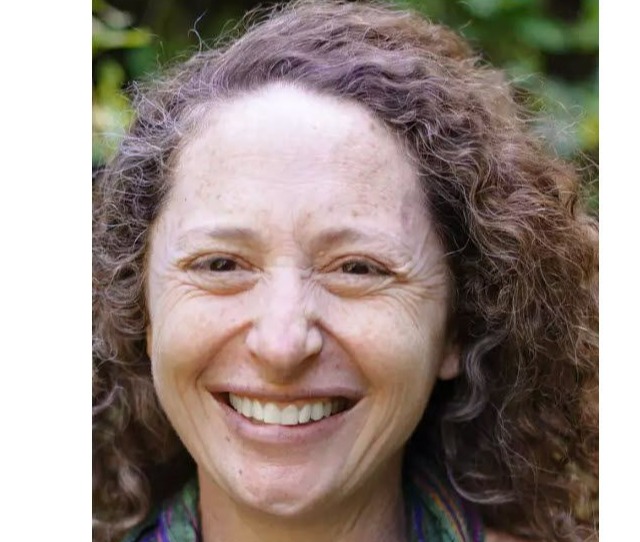
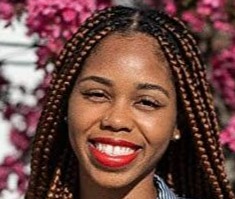
_203x172_Bk7uj2.jpg)
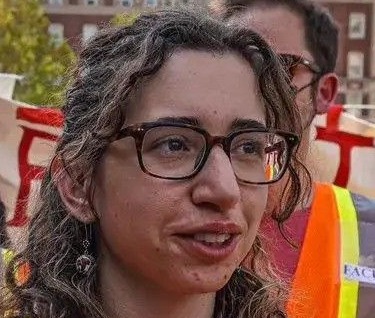
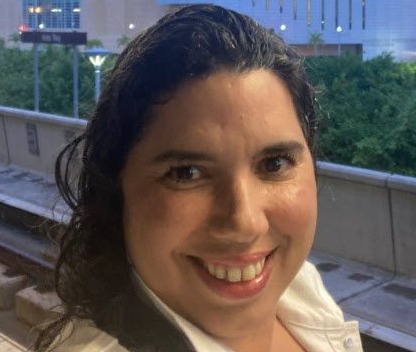
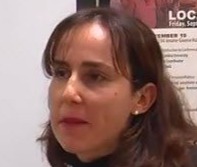
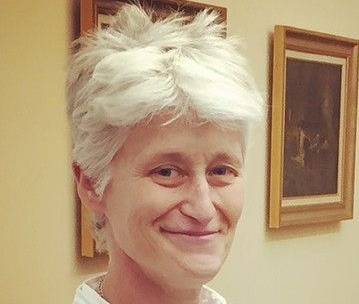
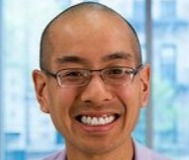
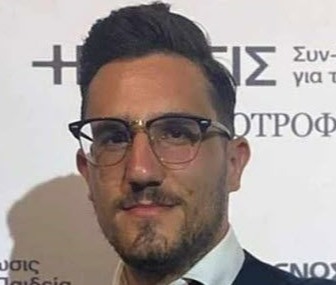

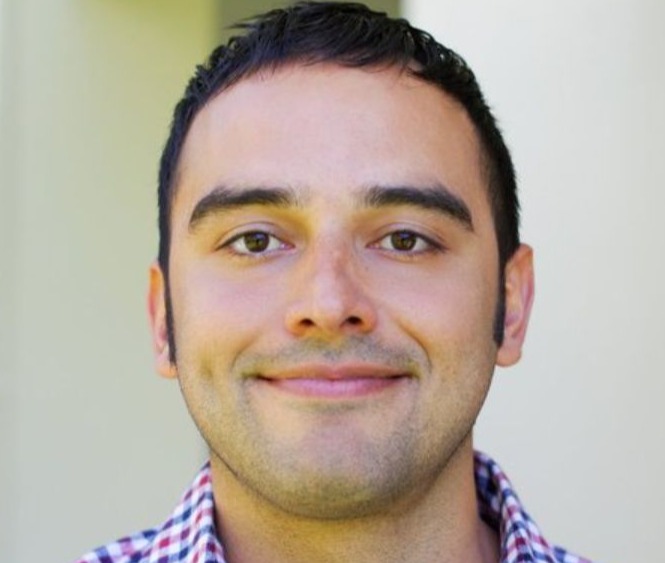
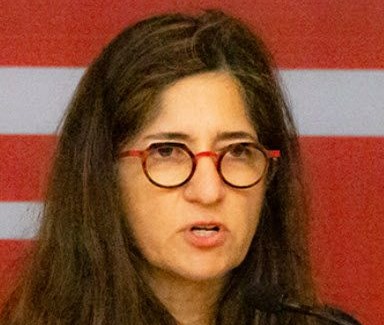
_203x172_2YqY5O.jpg)
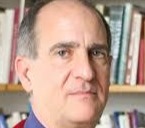
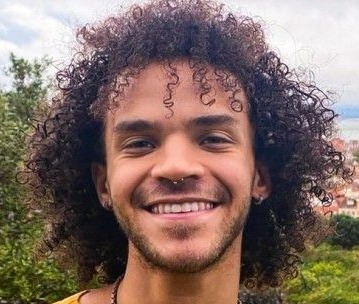
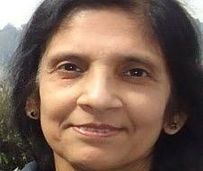
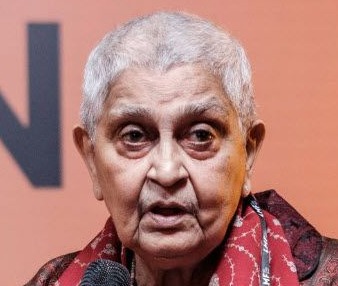
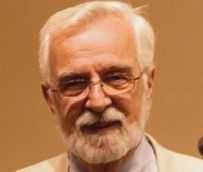
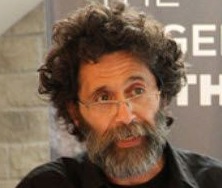
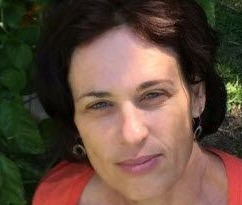
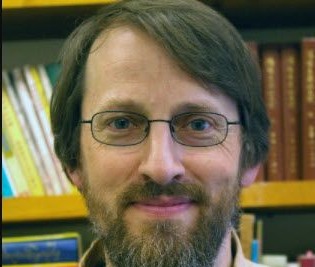
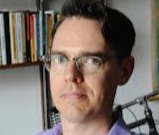
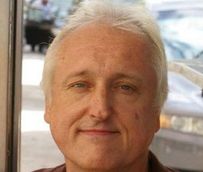
_203x172_xNbnAr.jpg)
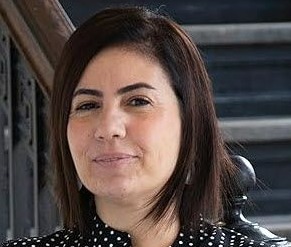
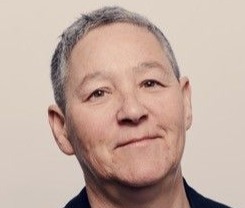
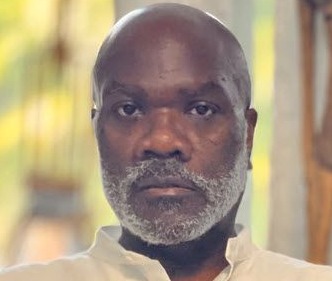
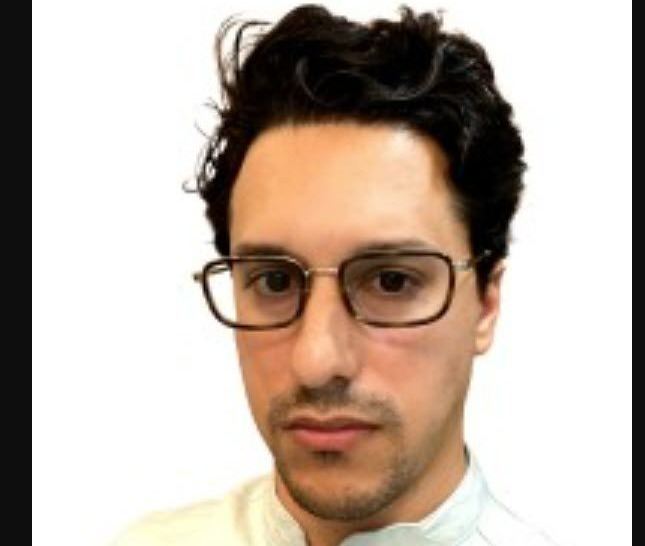
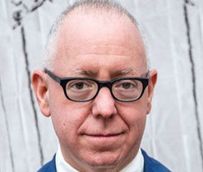
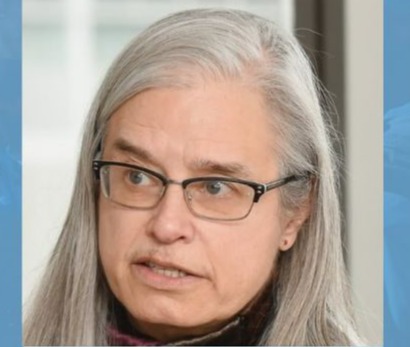
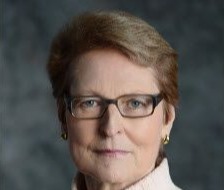
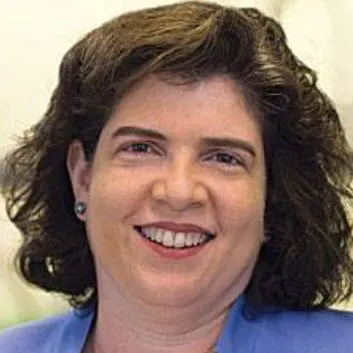
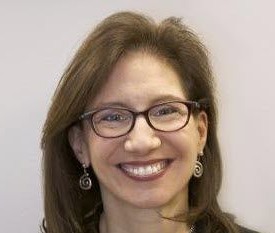
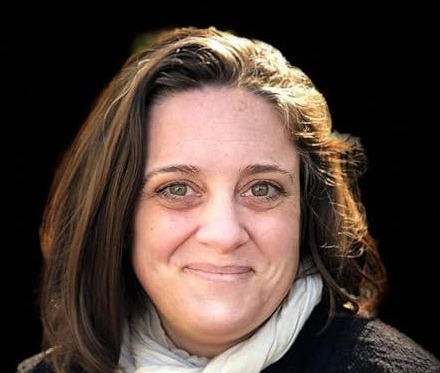
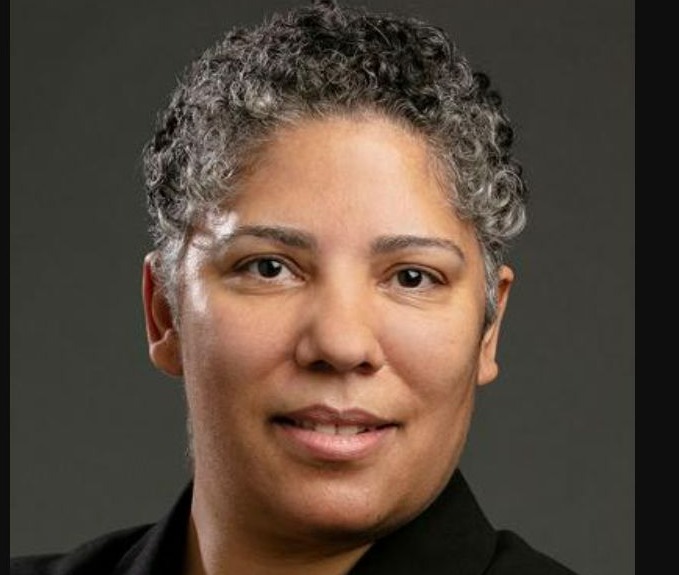
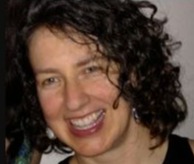


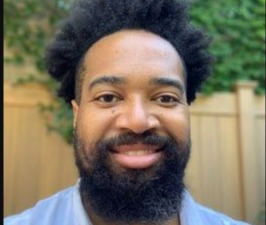

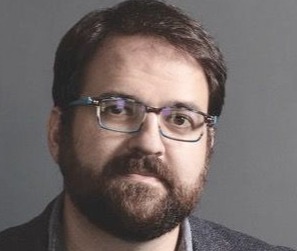
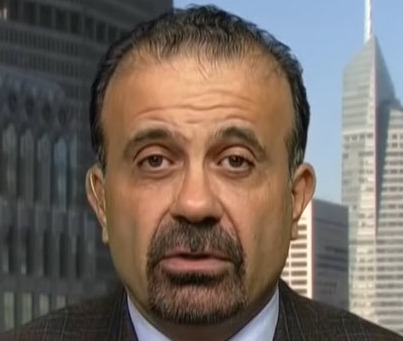
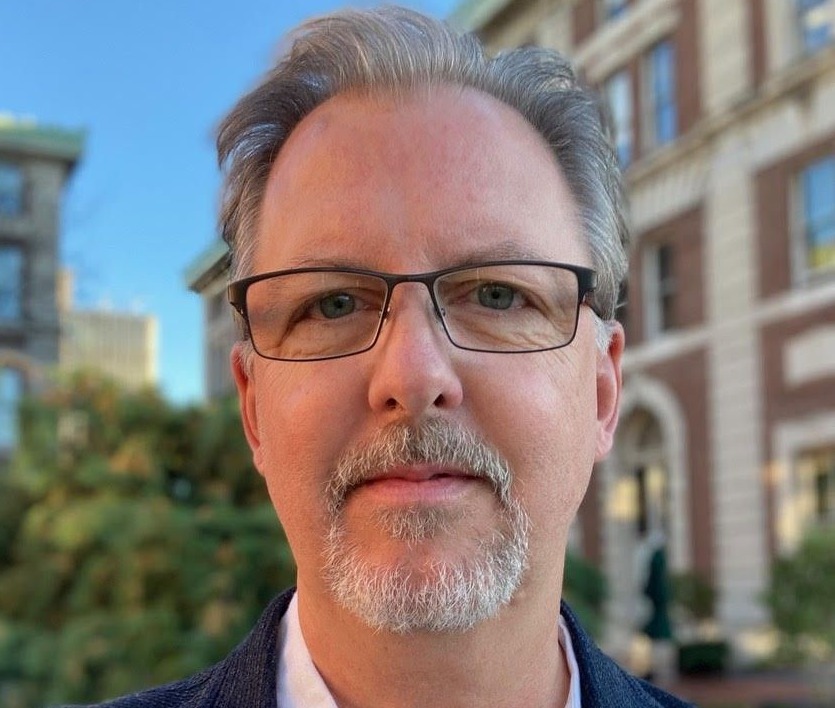
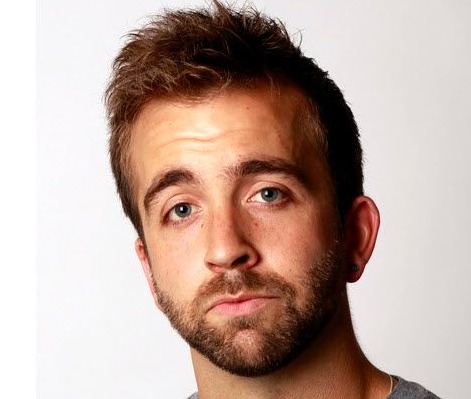
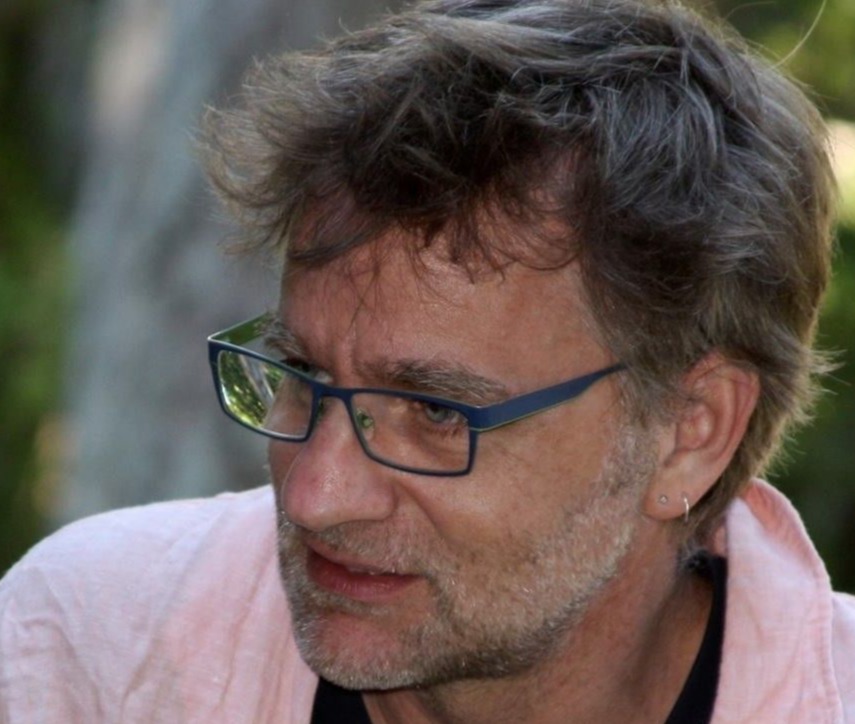
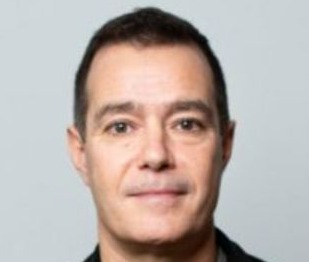
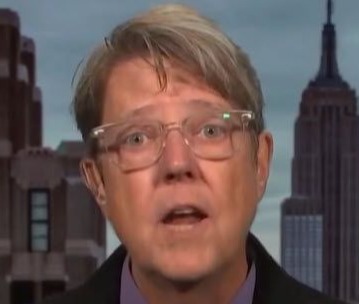
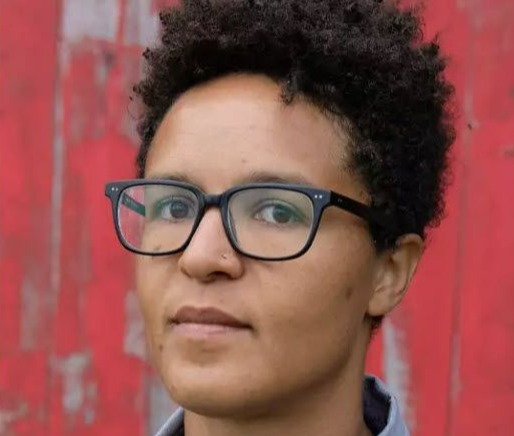
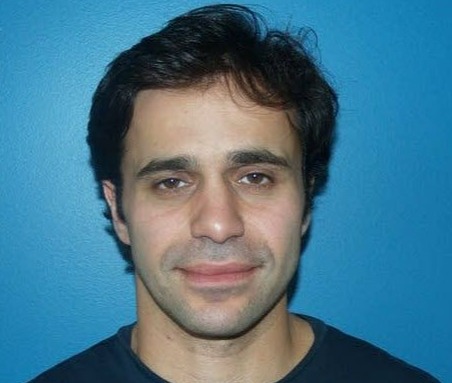
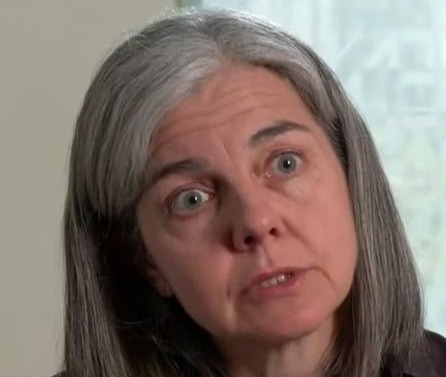
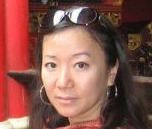
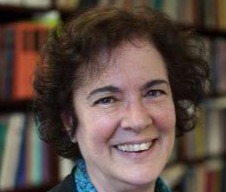
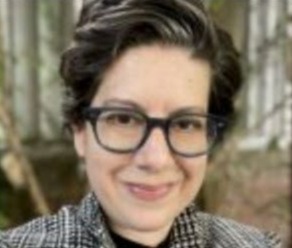
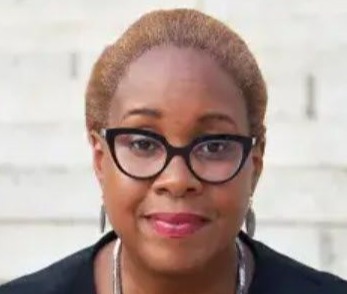
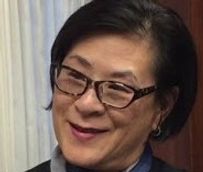
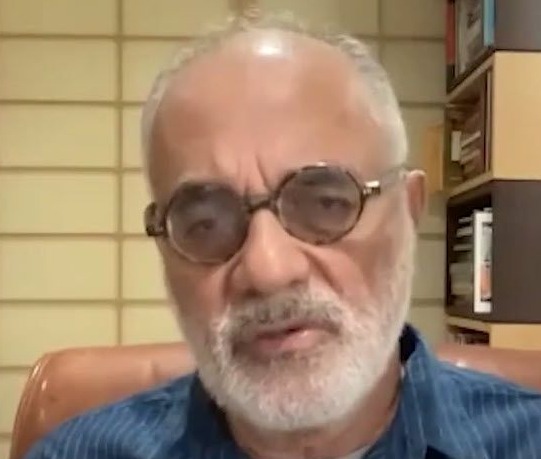
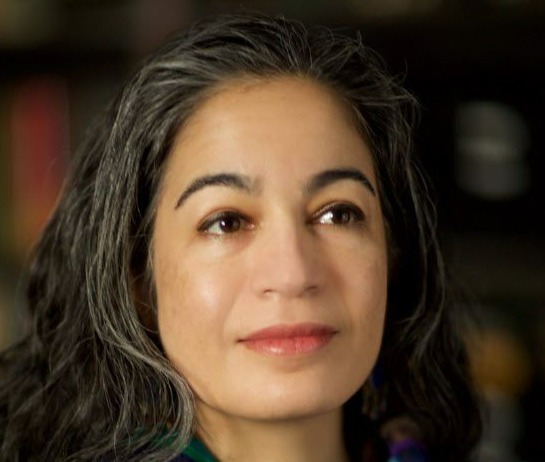
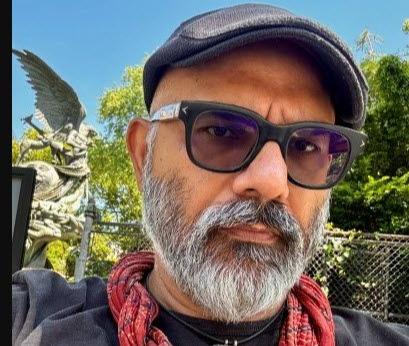
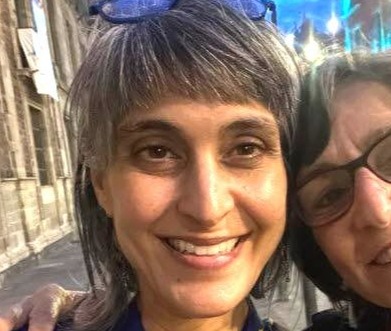
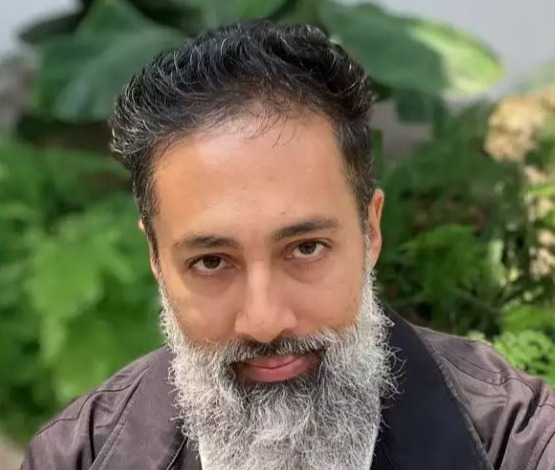
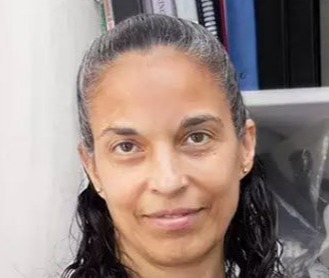
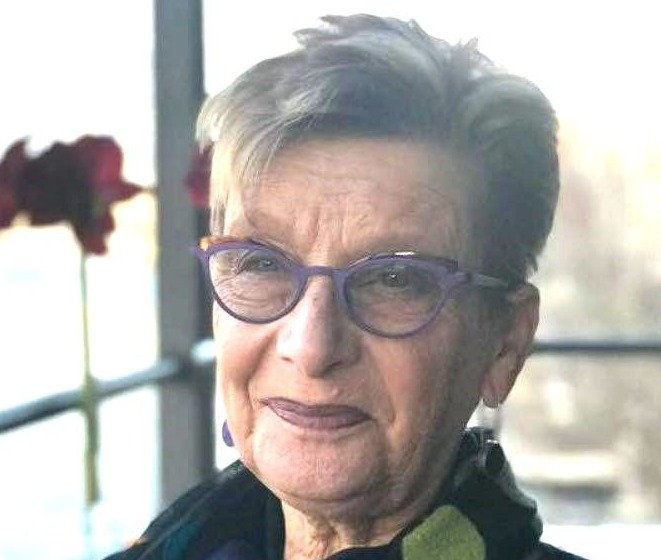
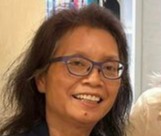

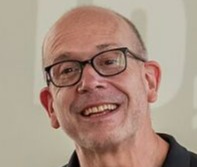
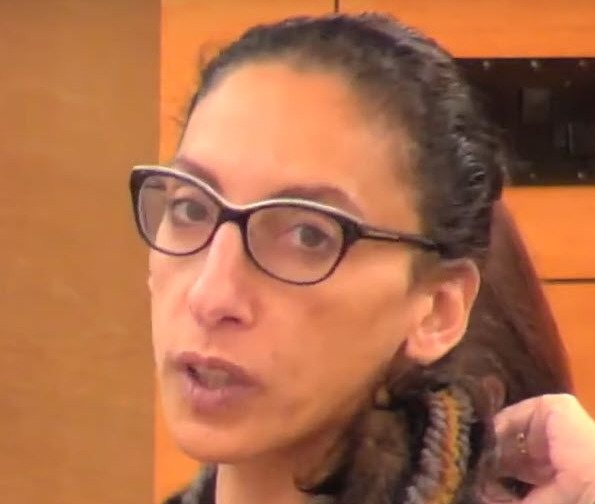
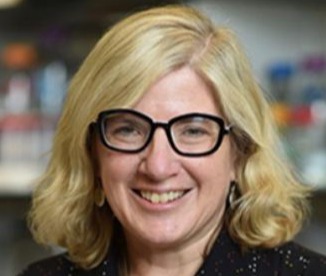
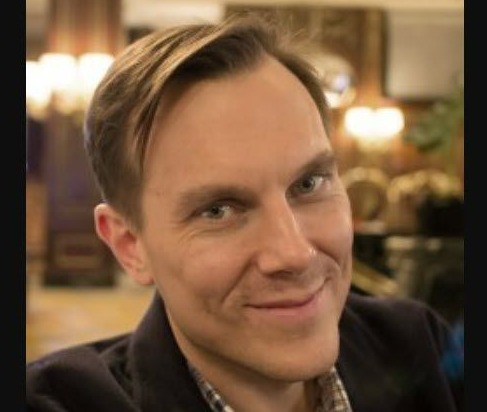
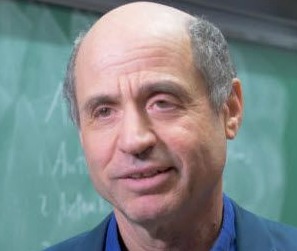
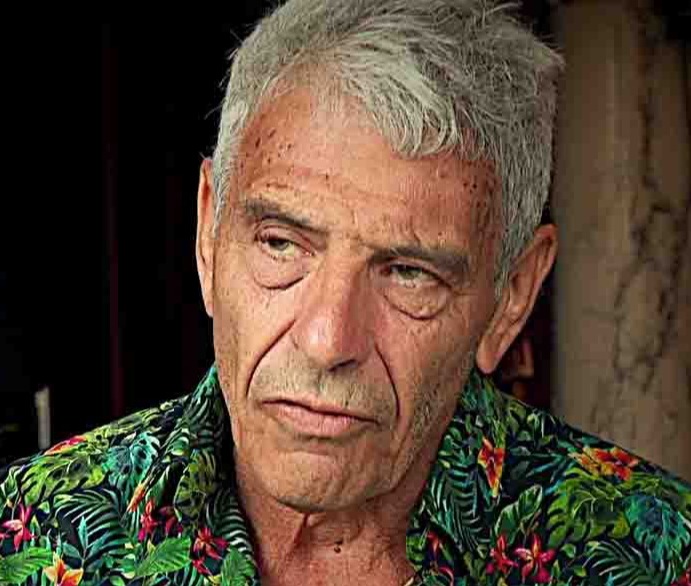
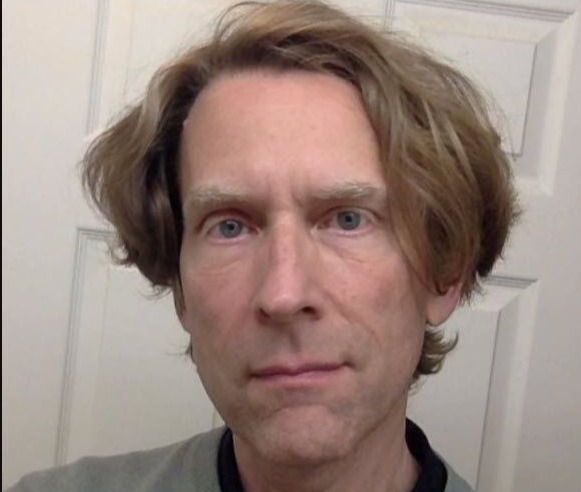
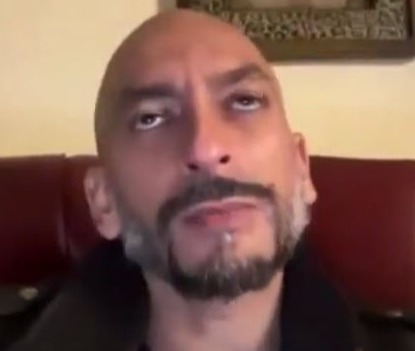
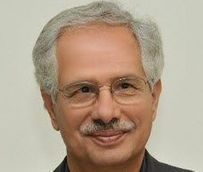
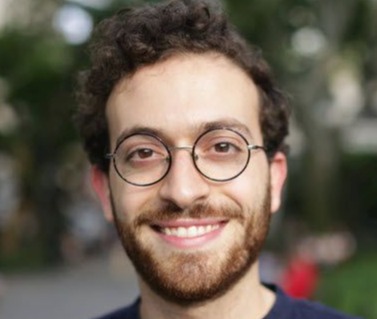
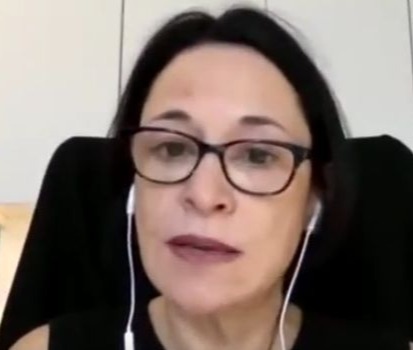
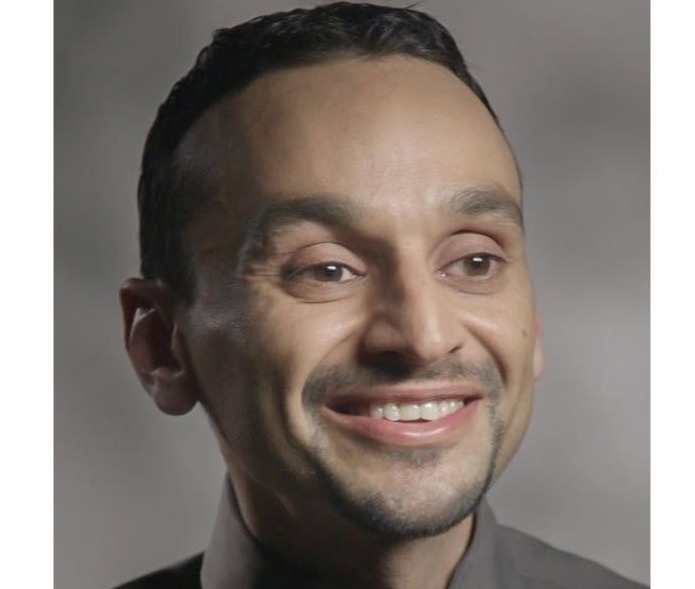

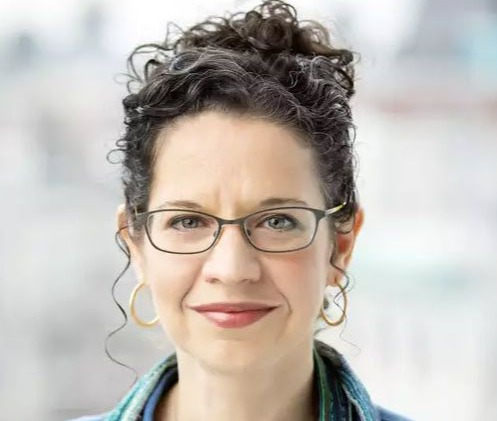
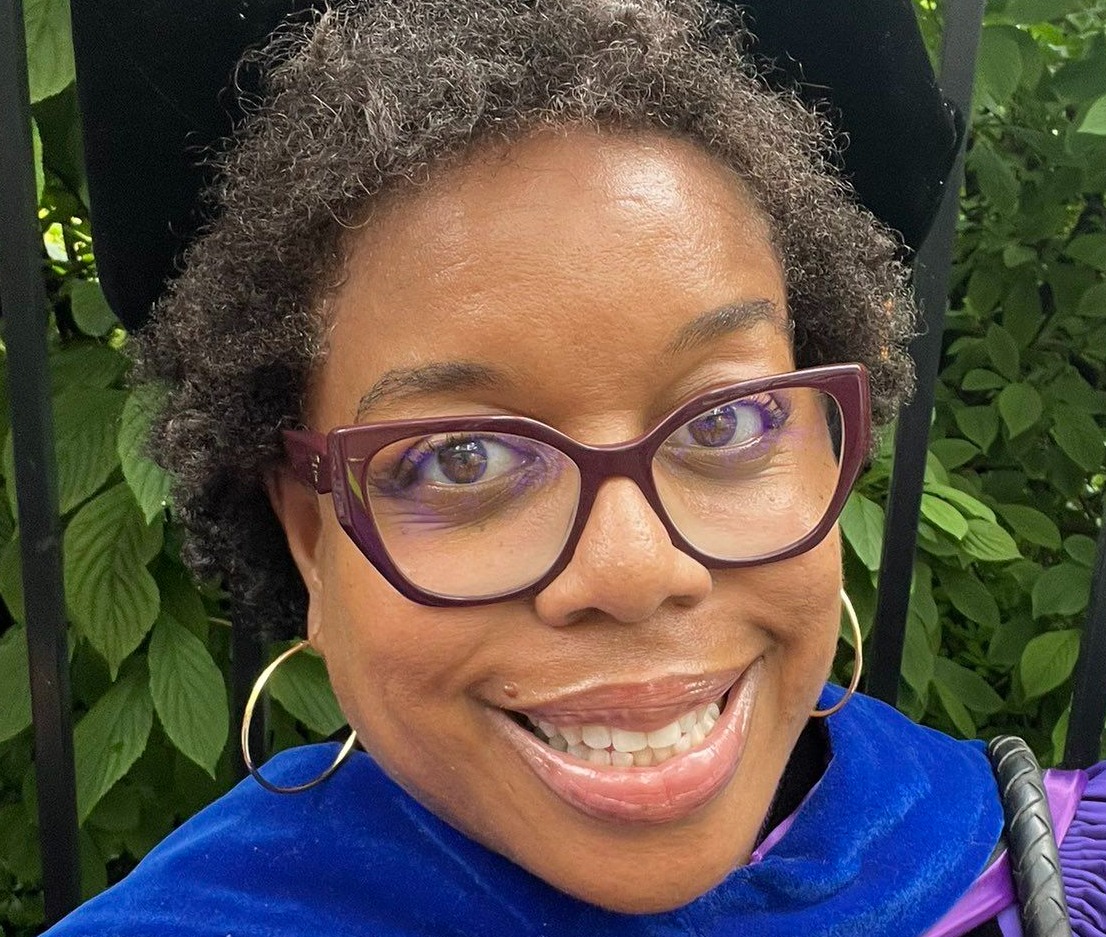
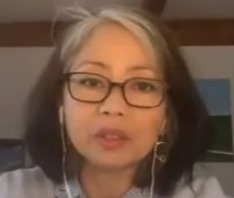
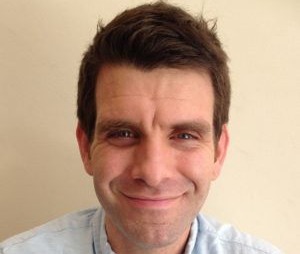
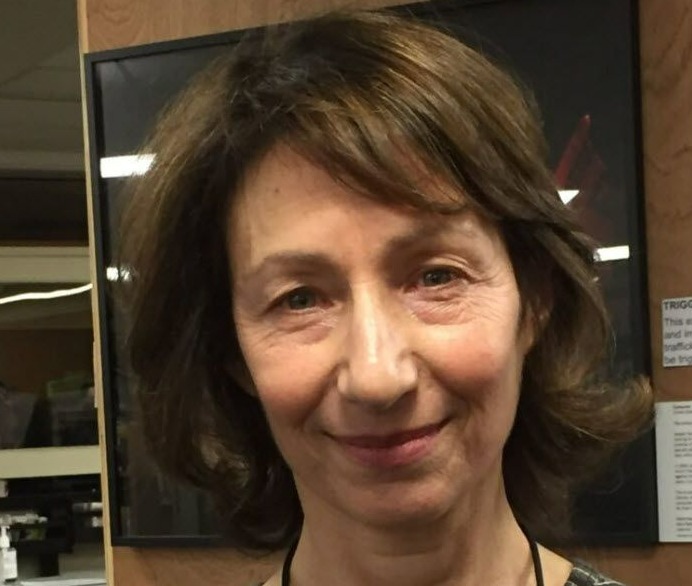
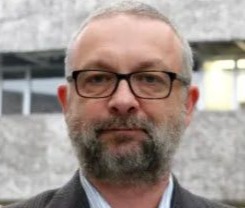
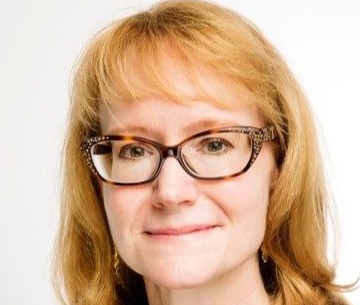
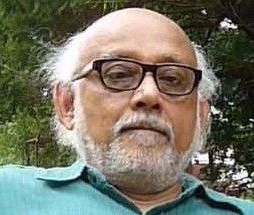
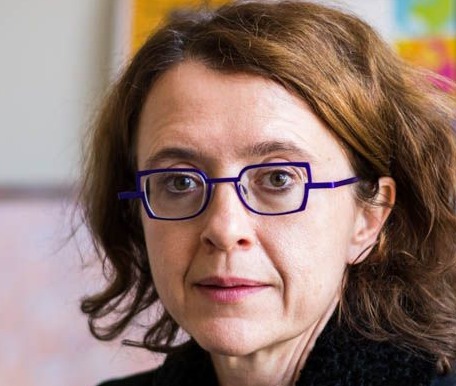
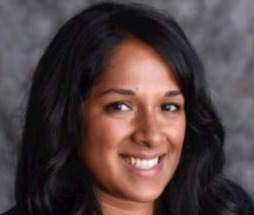
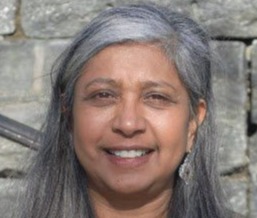
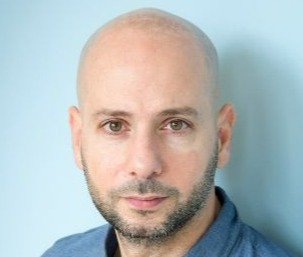
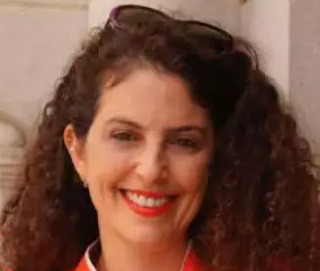
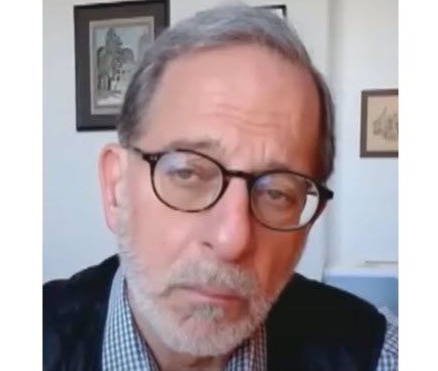
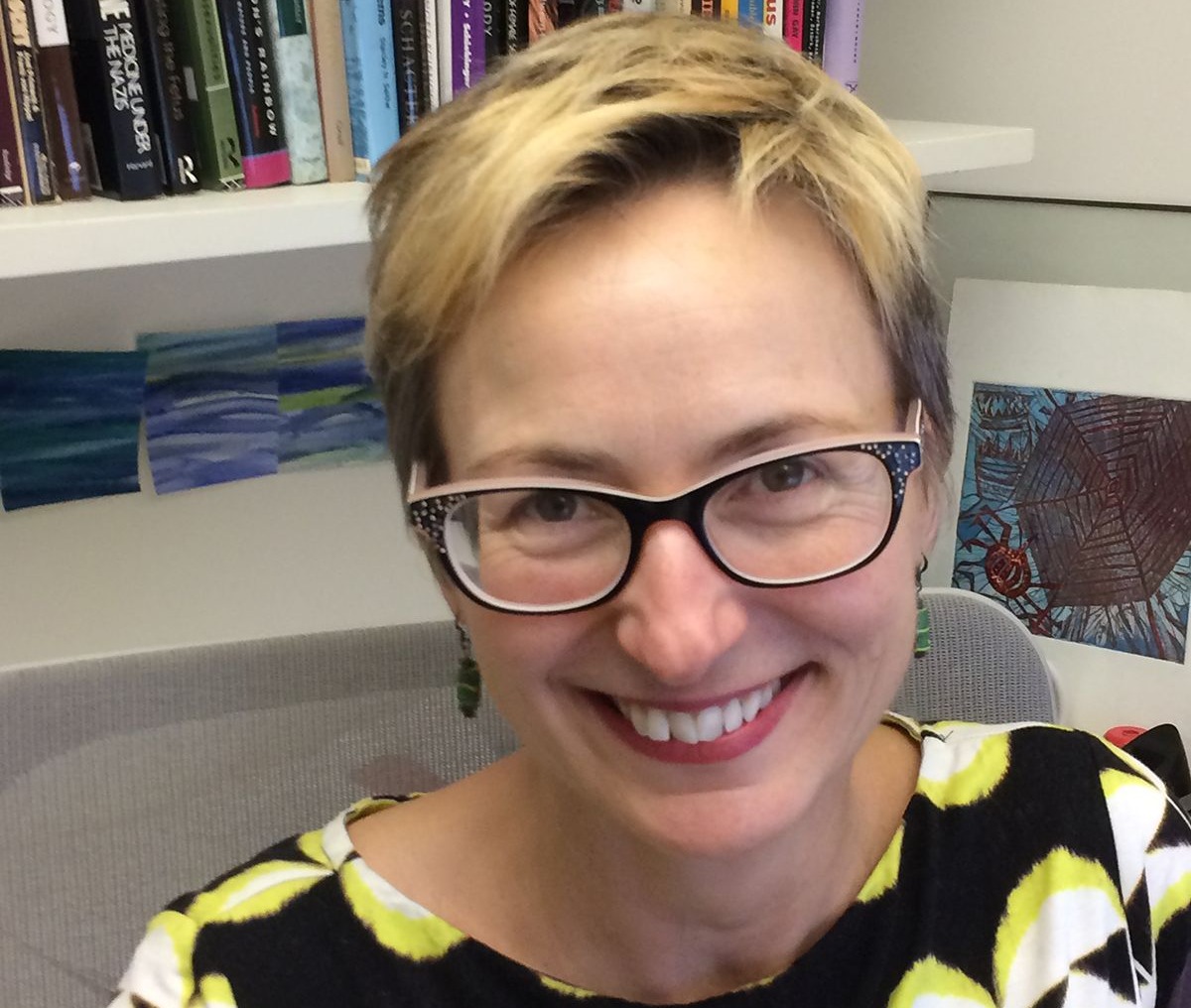

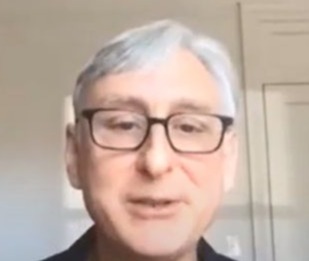
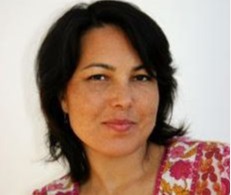
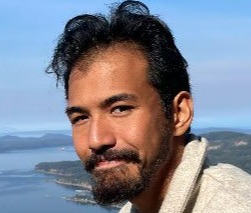
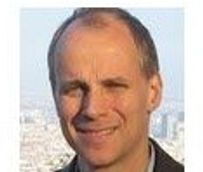

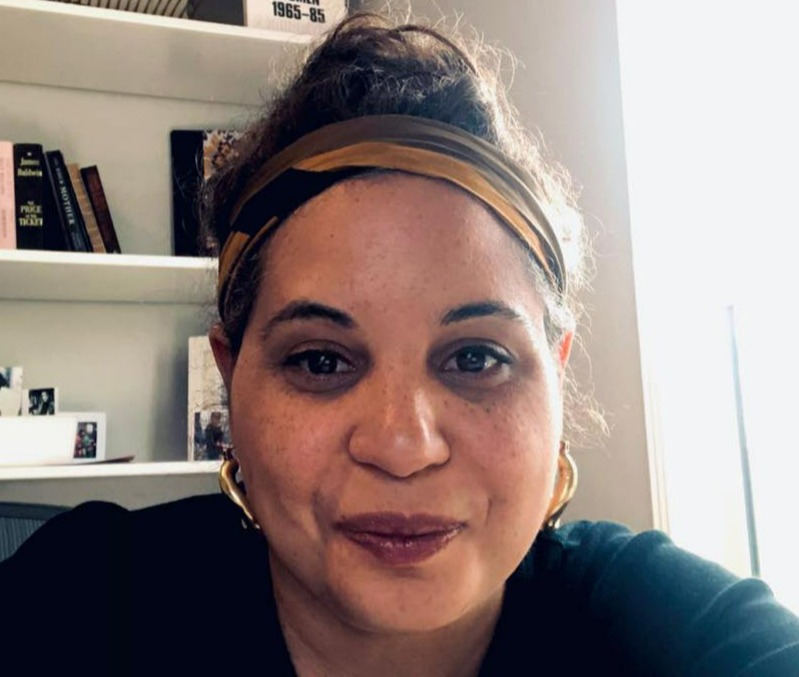
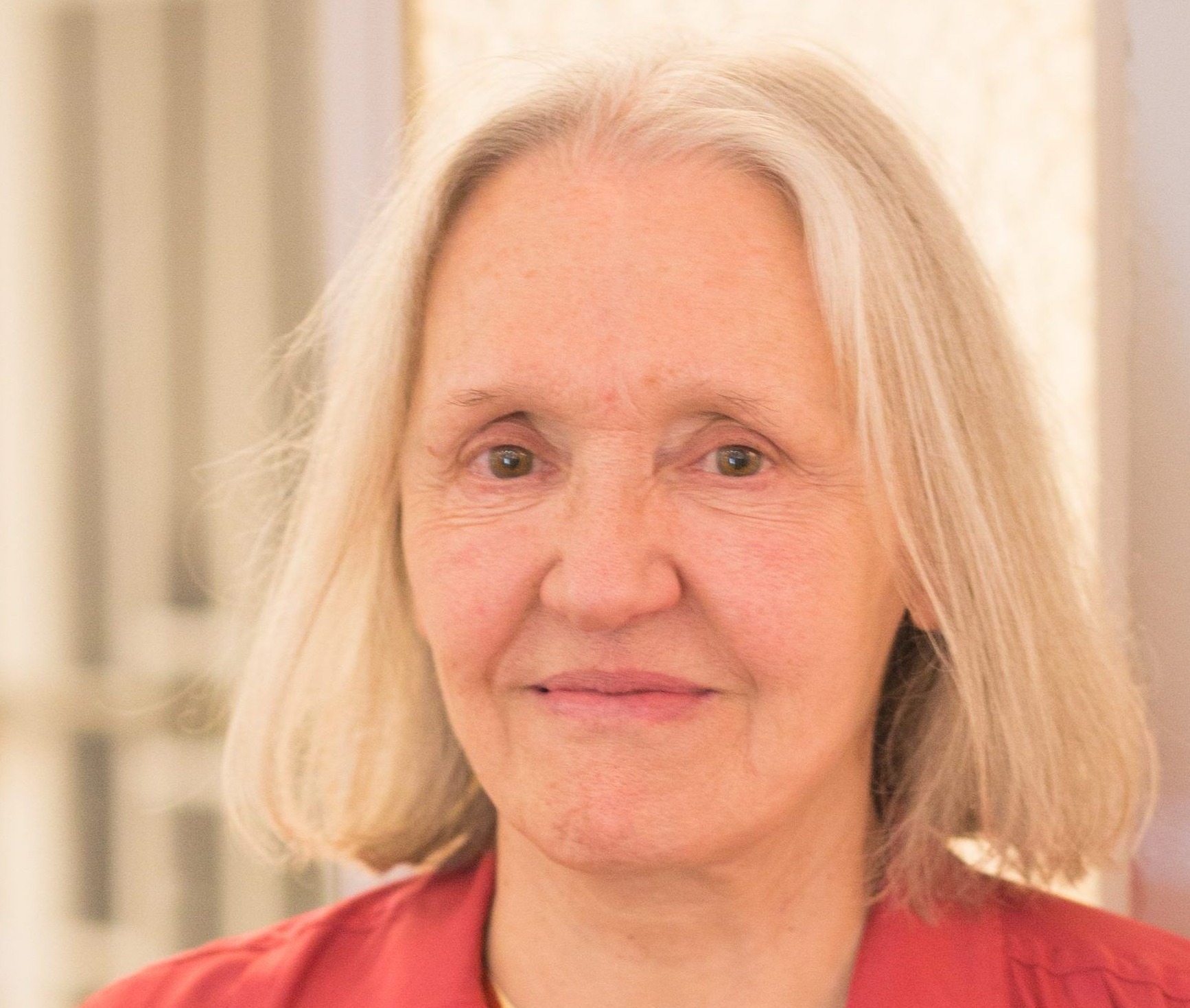
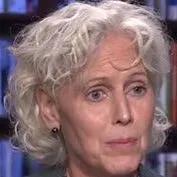
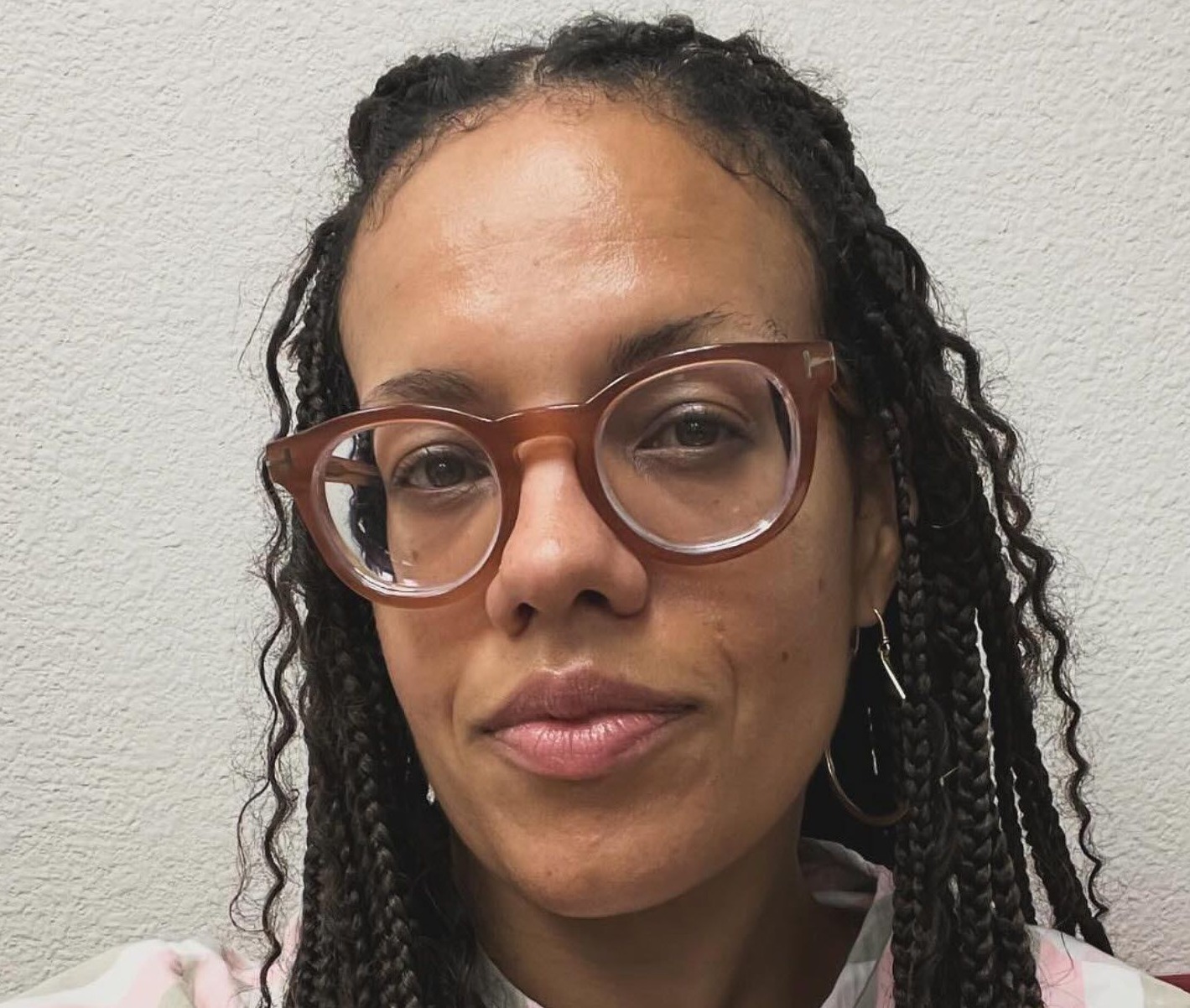
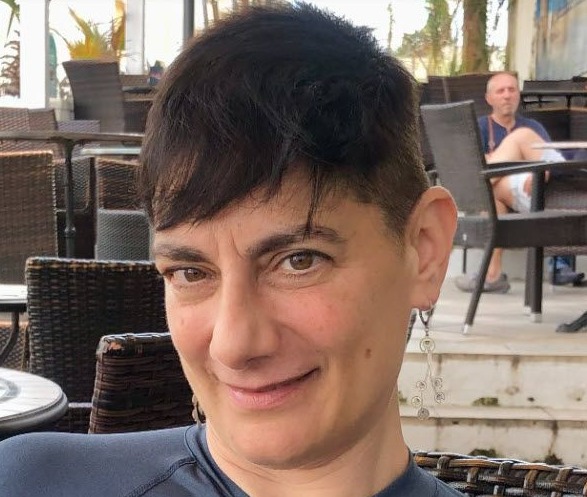
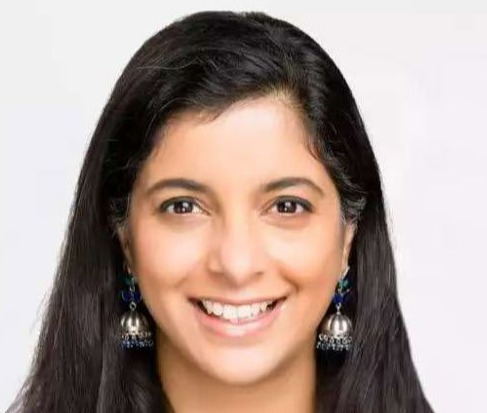
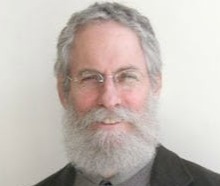
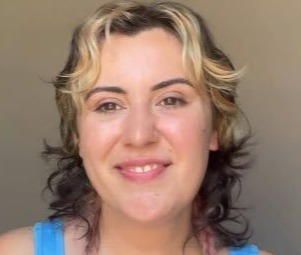
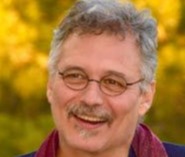
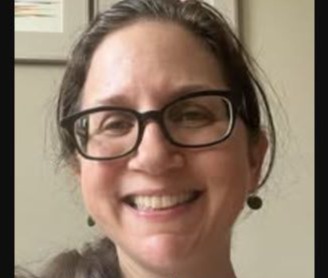
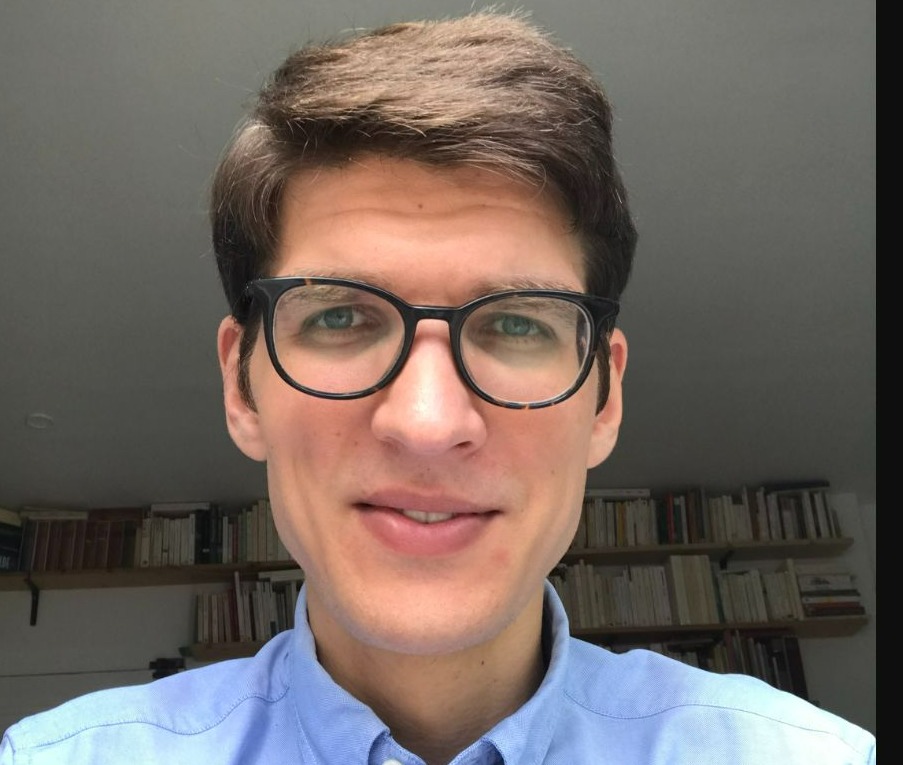
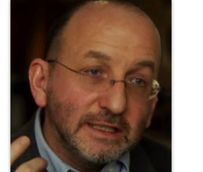
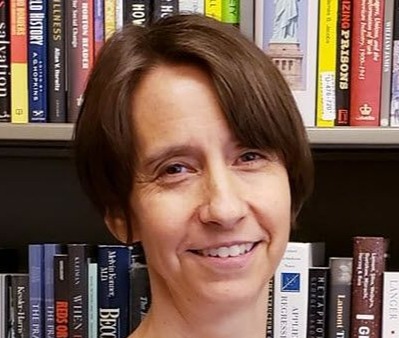
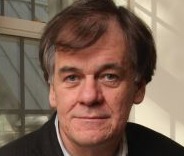
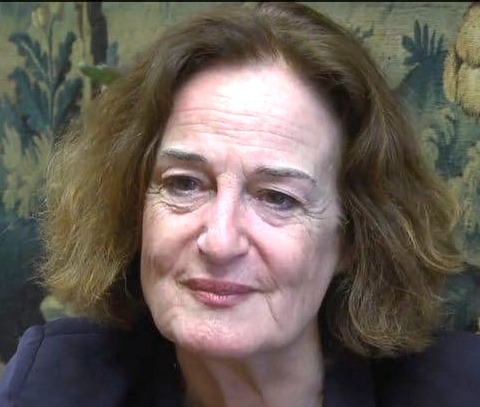
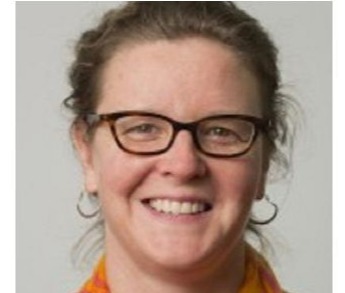
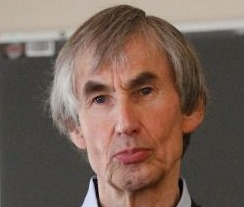
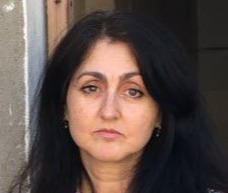
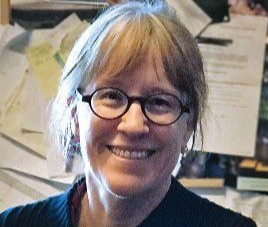
Outside Agitator Profiles
_203x172_IG3Fqz.jpg)


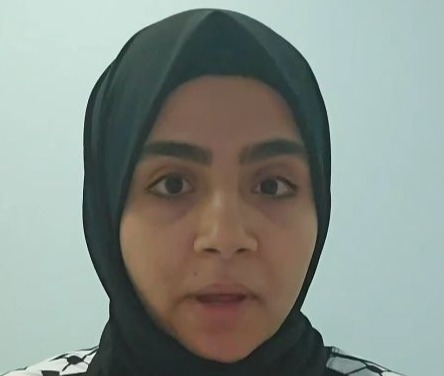
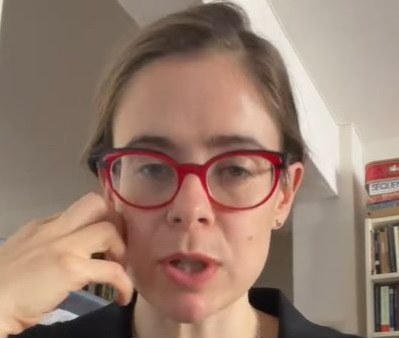
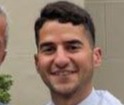
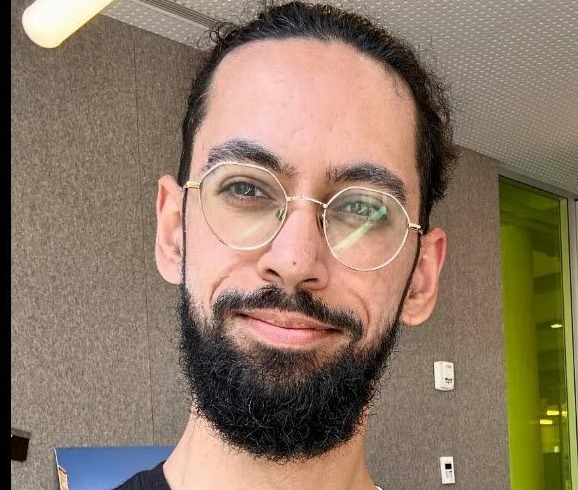
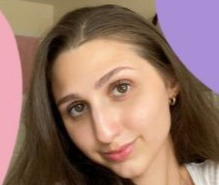
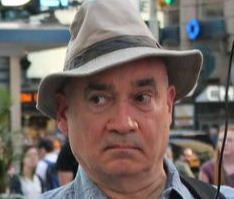
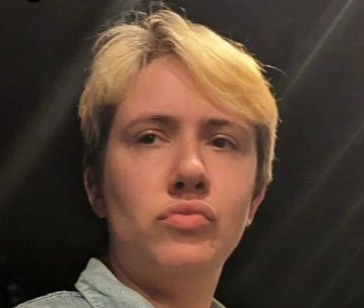
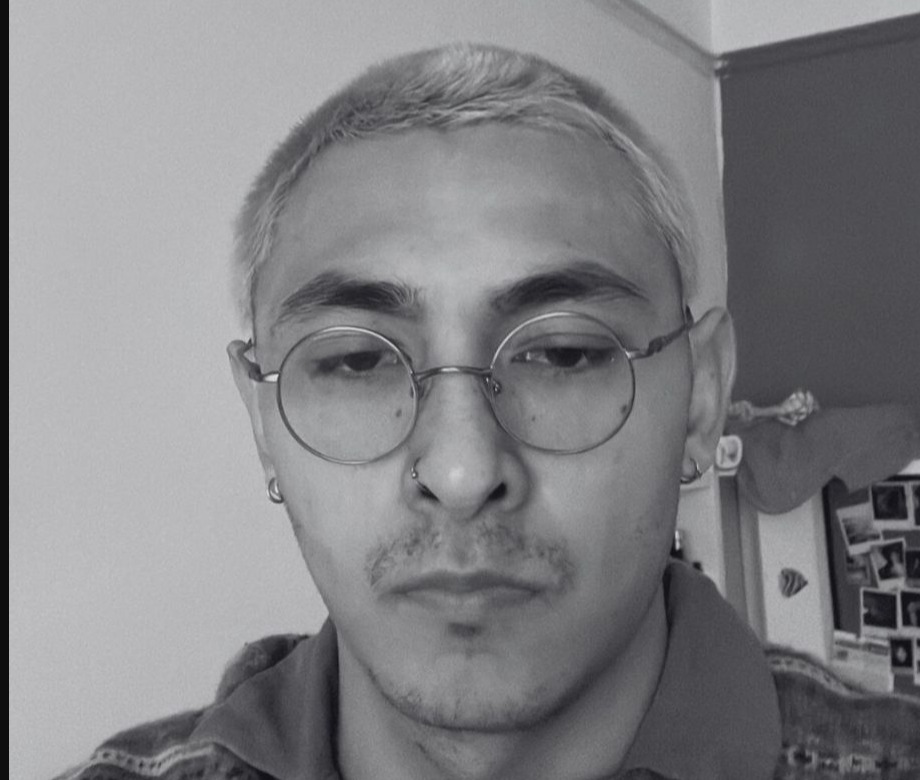
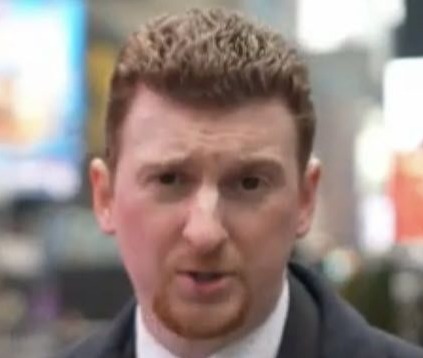
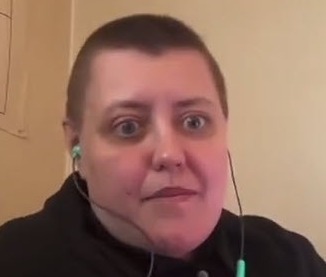
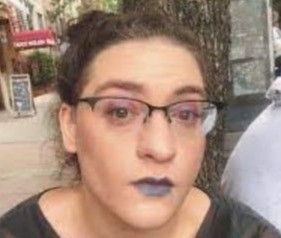

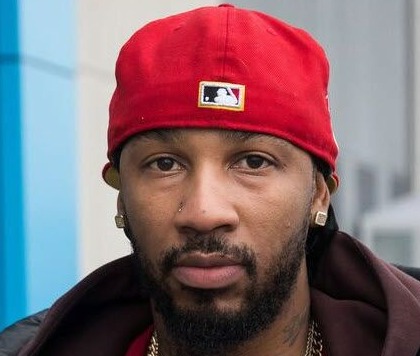
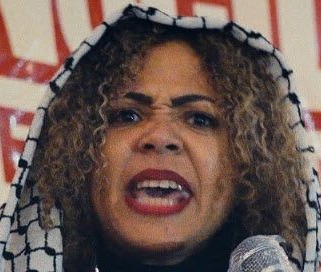
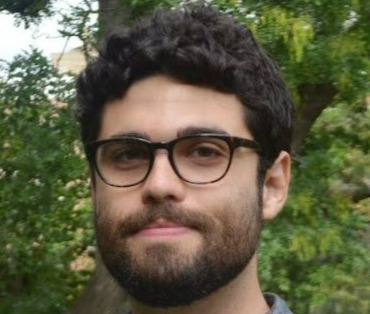

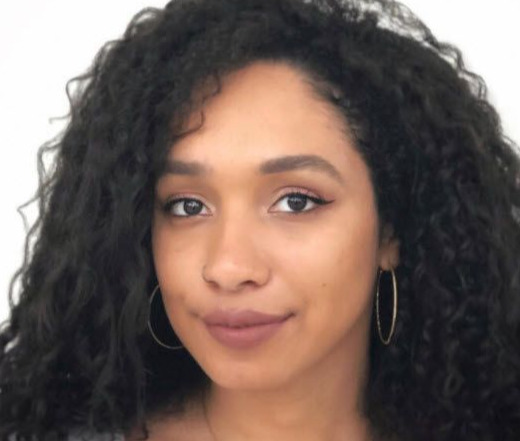
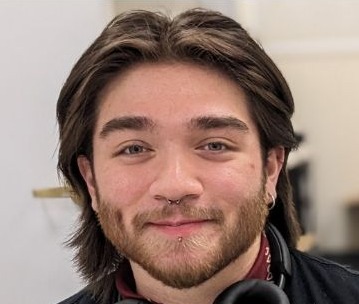
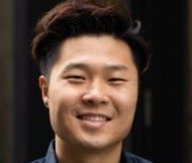
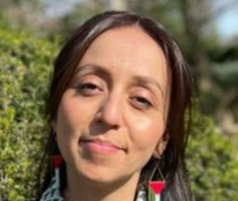
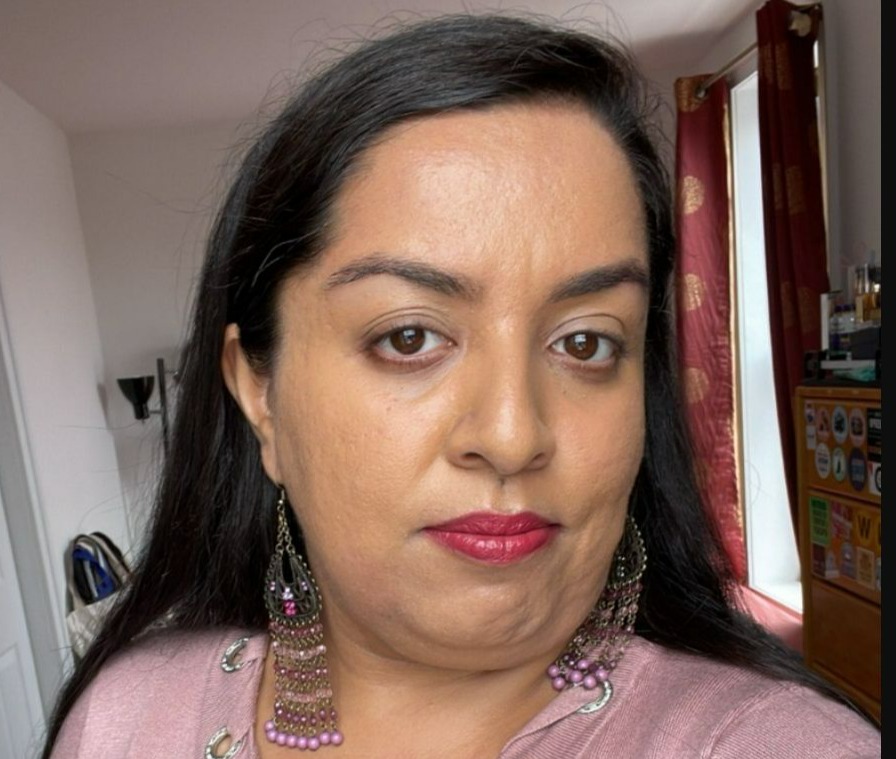
_203x172_voEEy0.jpg)
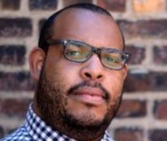


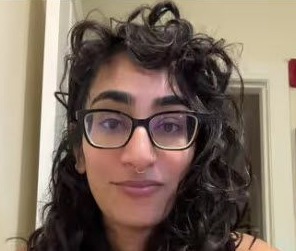
_203x172_oqVuLW.jpg)
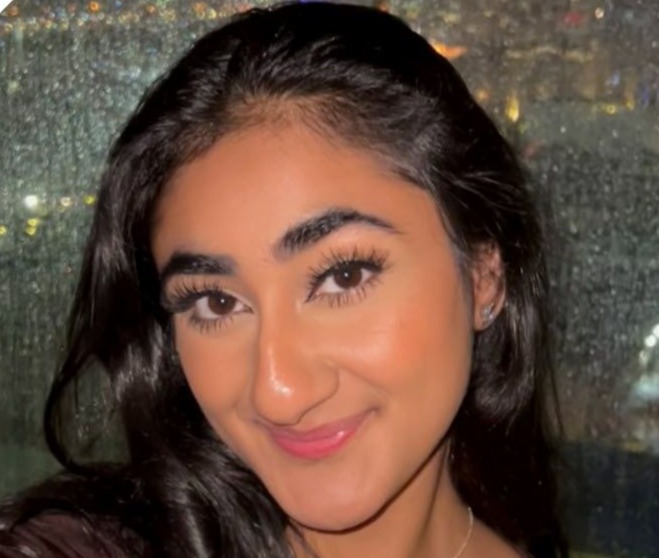
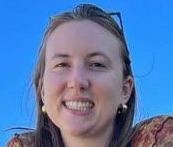

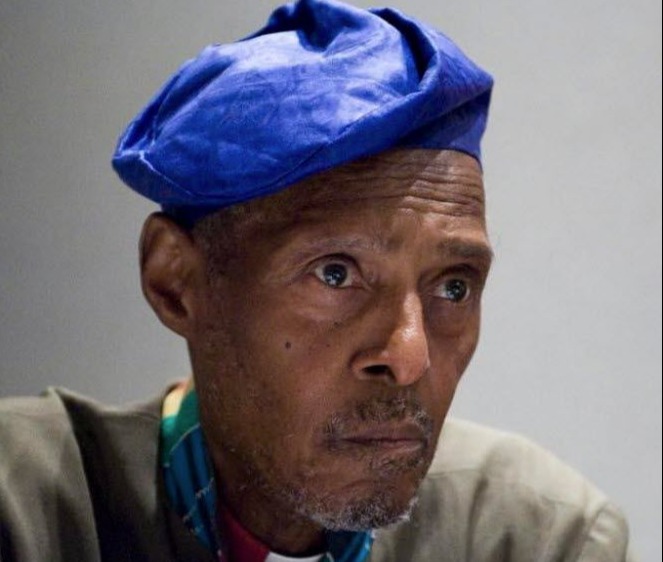


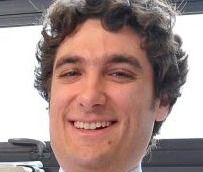
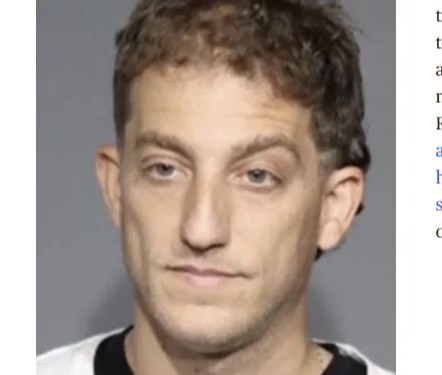

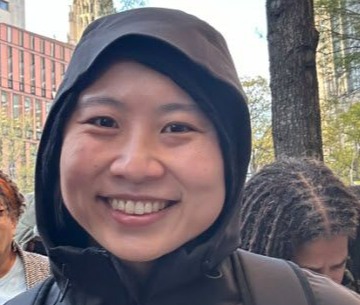
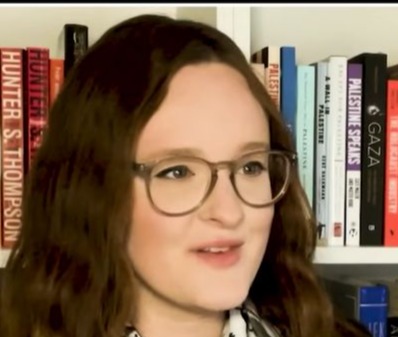
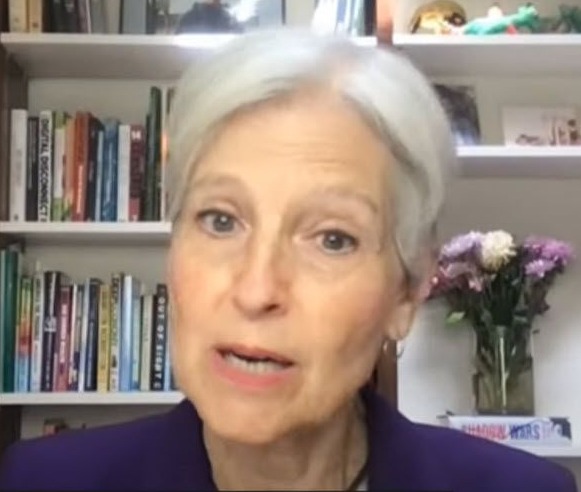
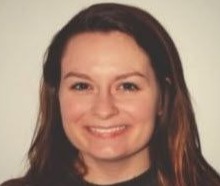

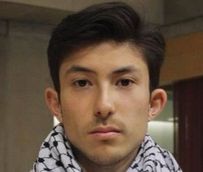
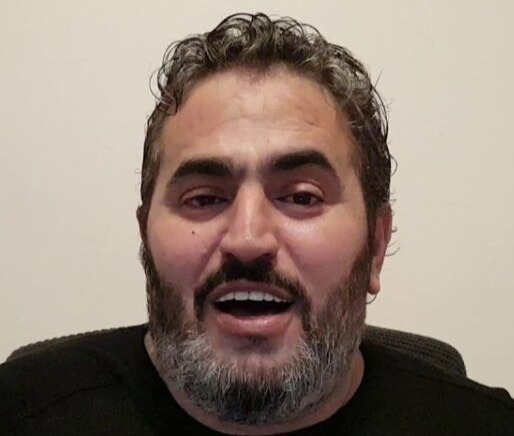
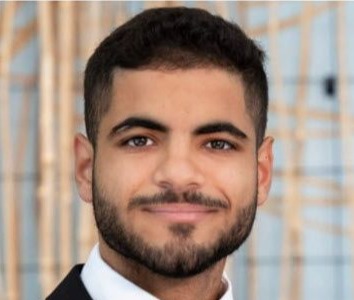
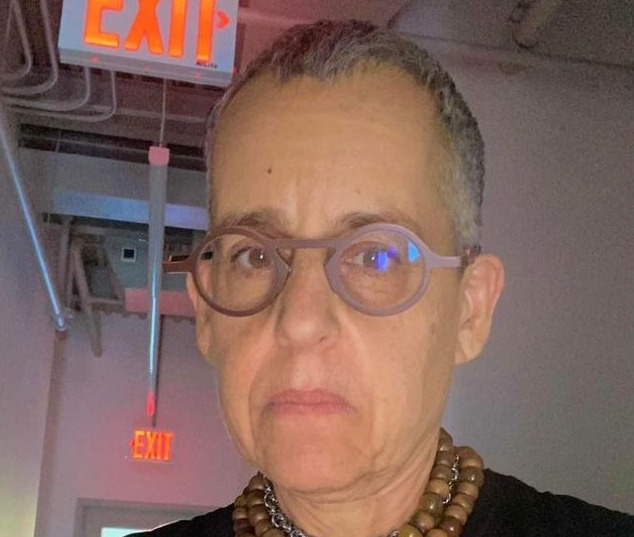
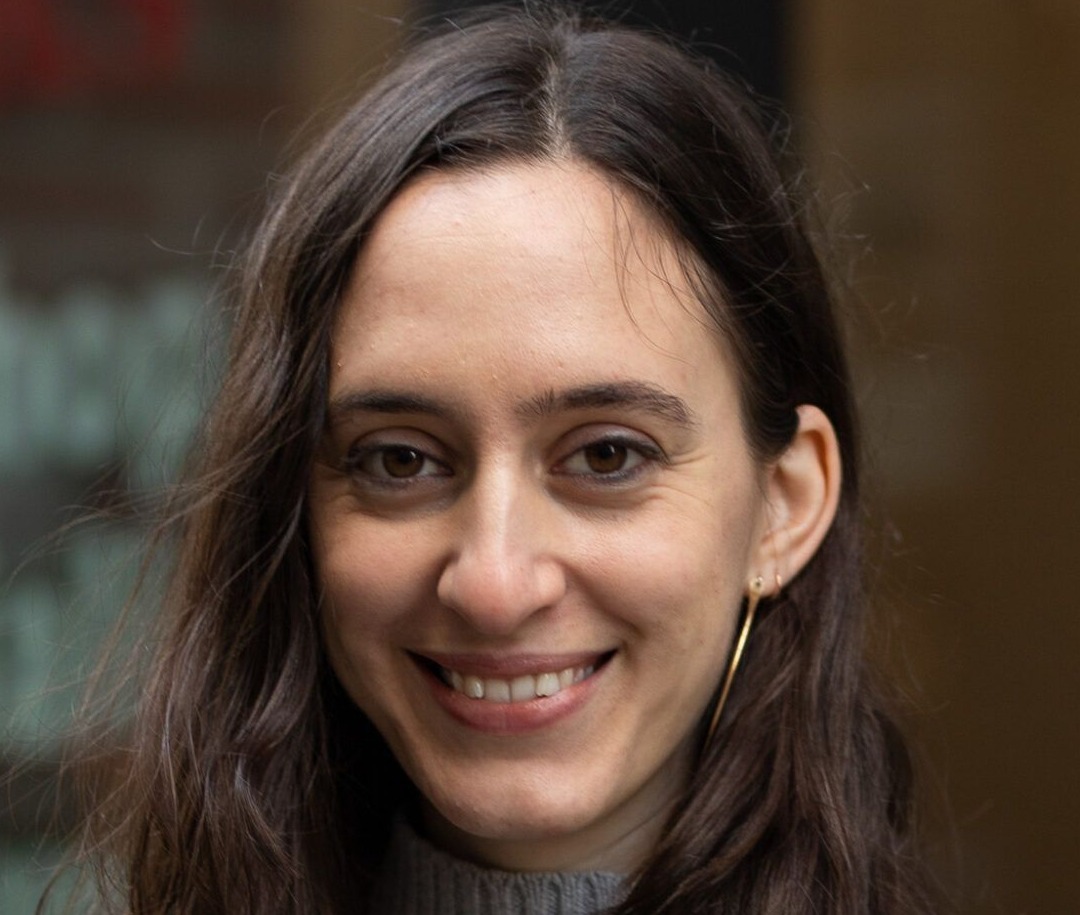

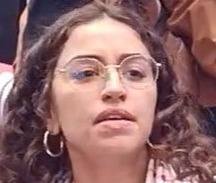
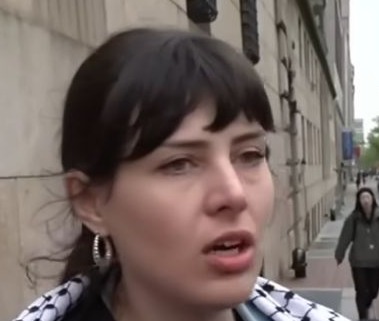
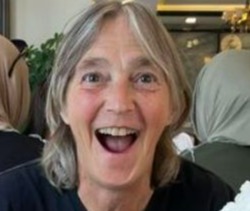
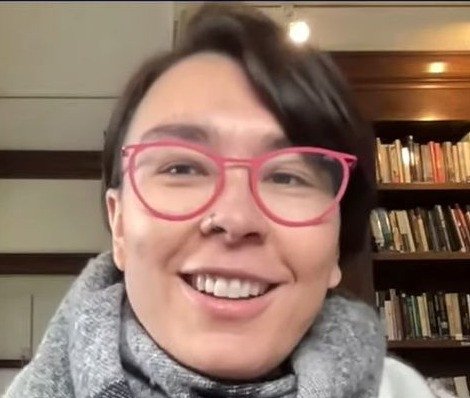
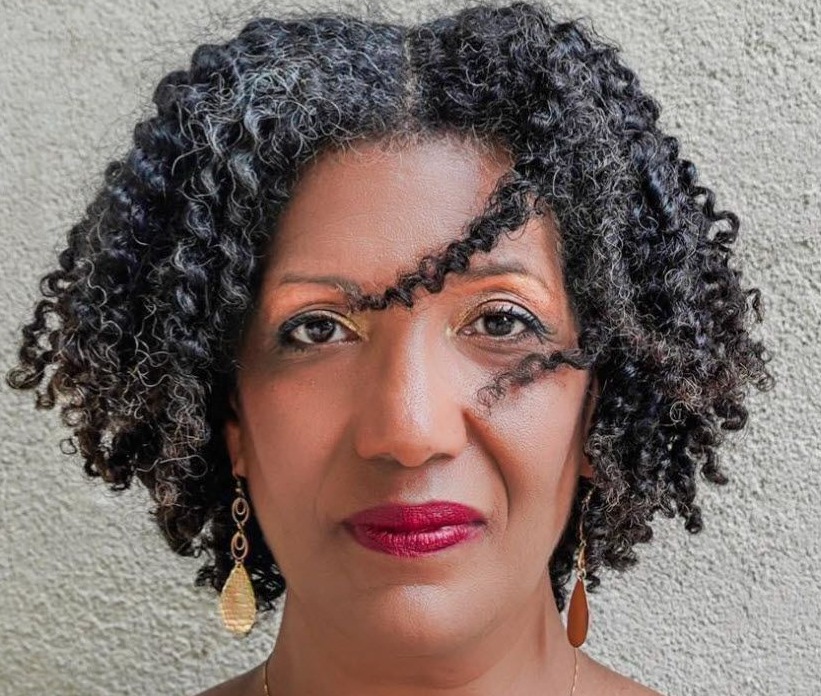
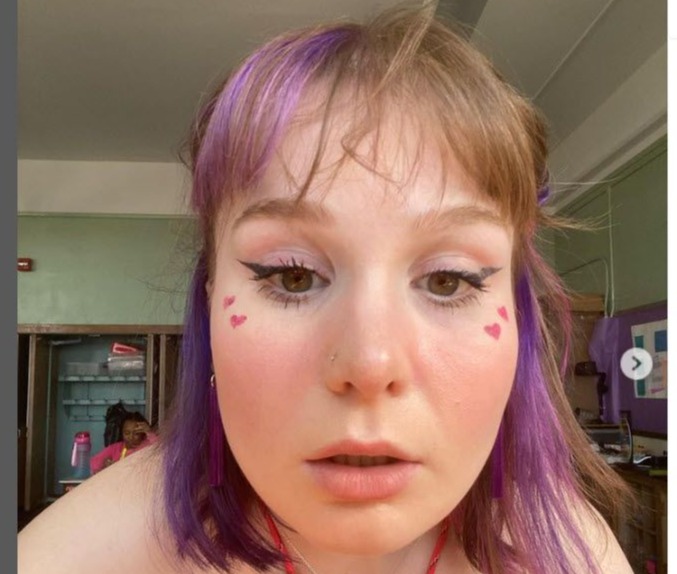
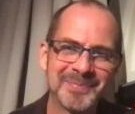


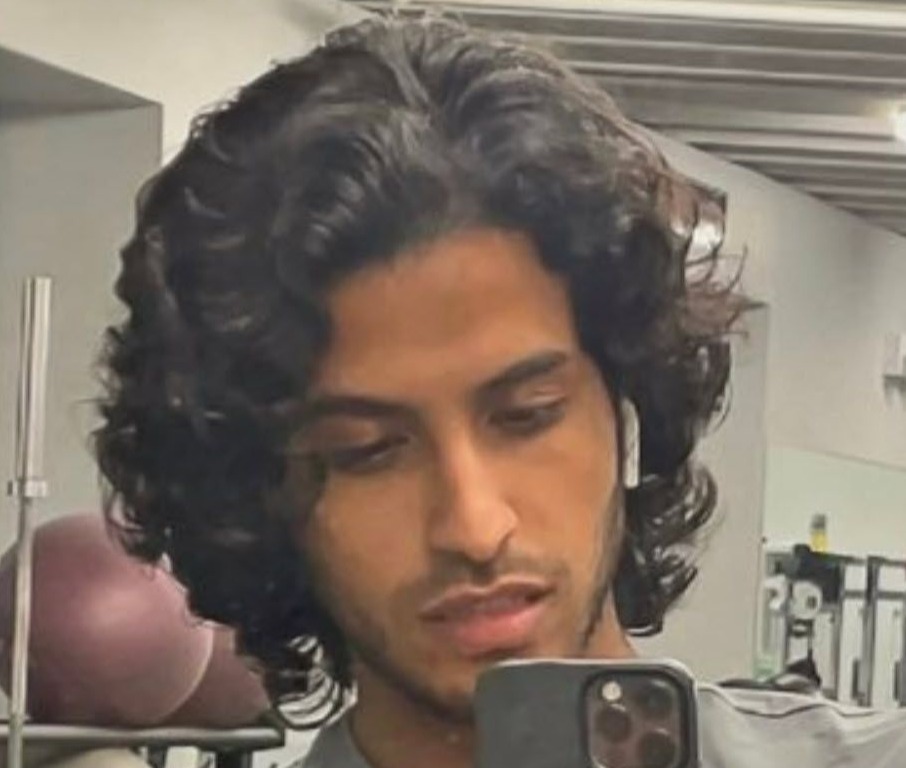
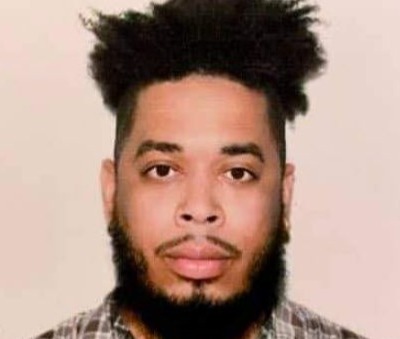
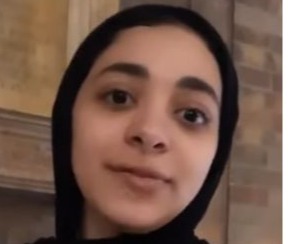

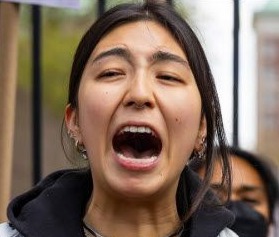
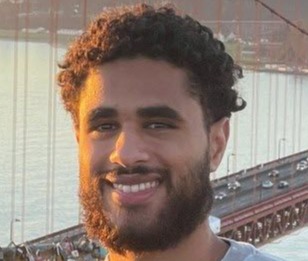
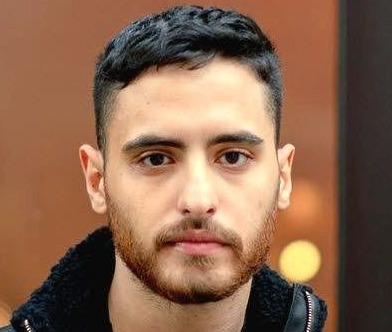

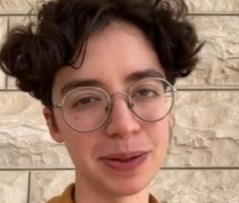
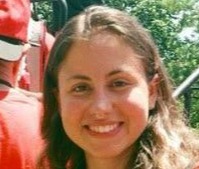
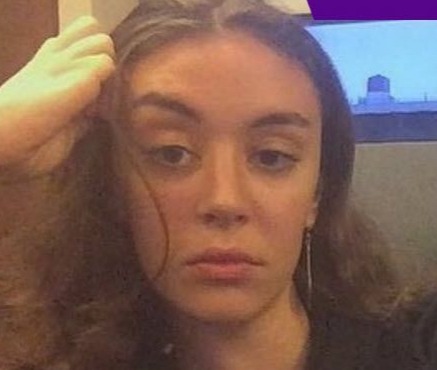
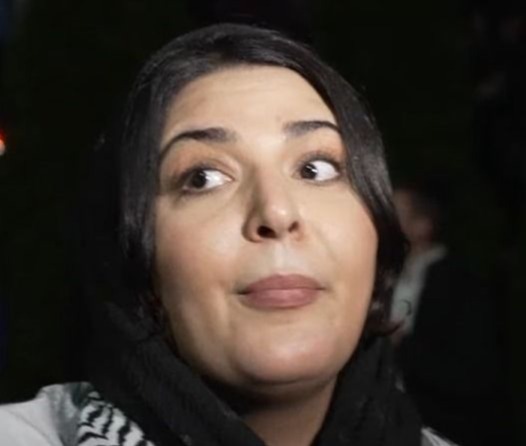
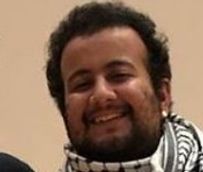



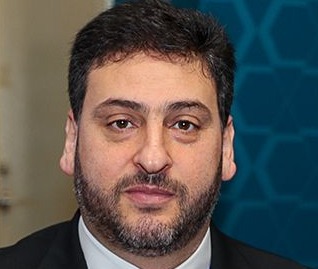
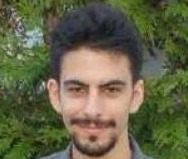

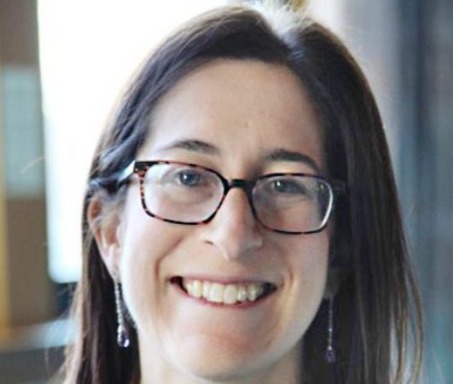
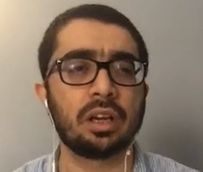
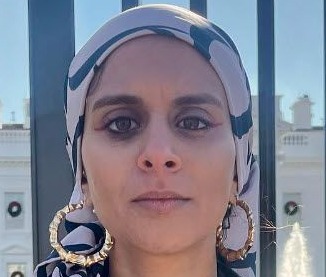
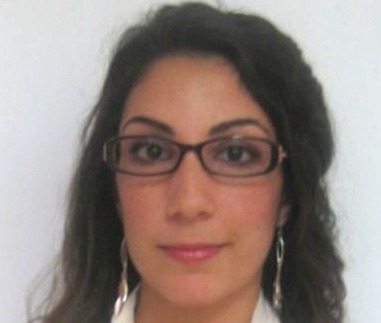
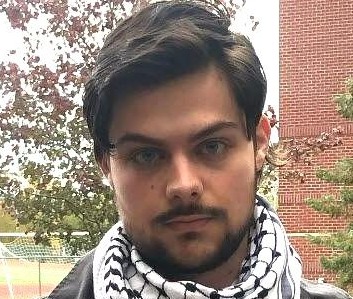
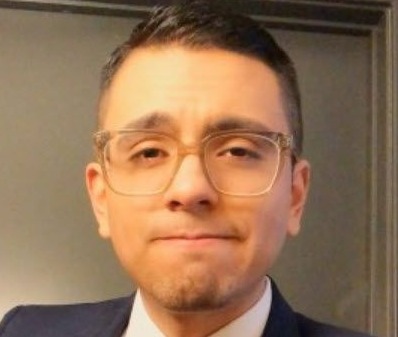
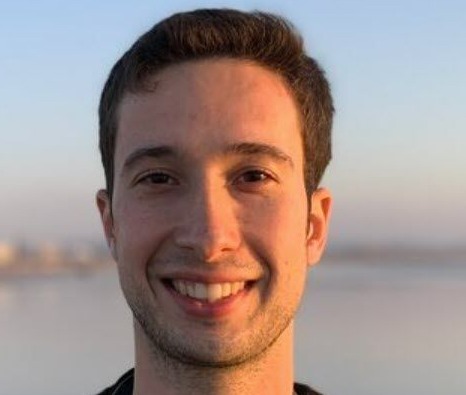
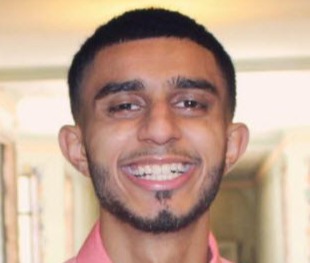
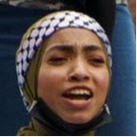
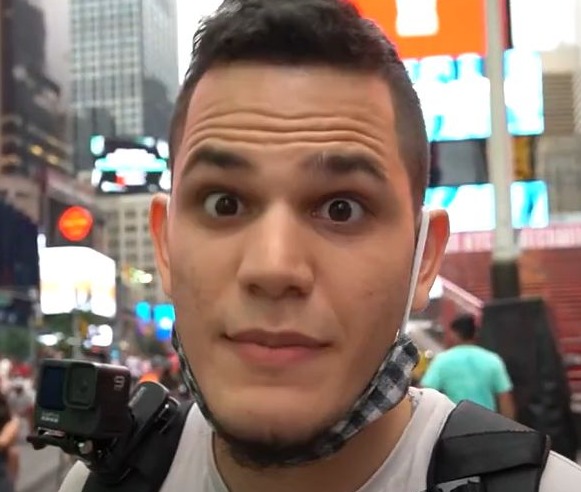
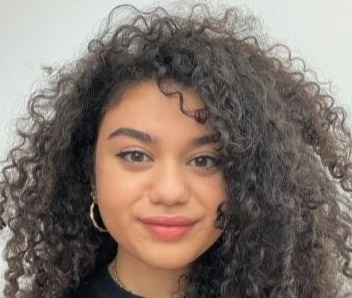
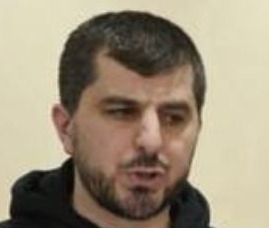
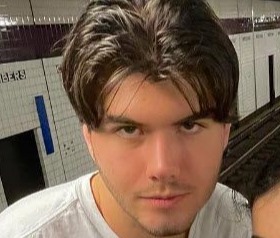
_203x172_L9AvHc.jpg)
